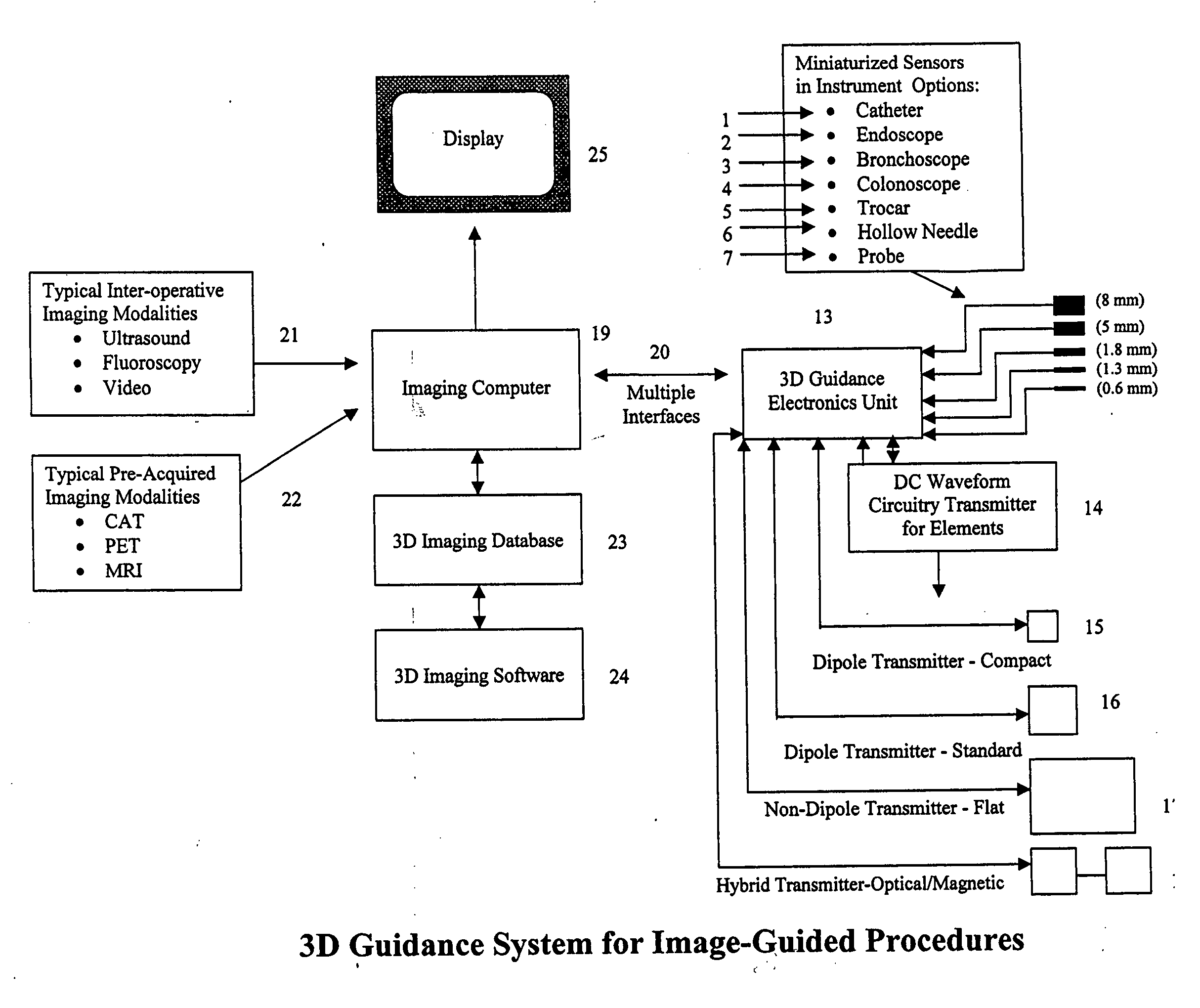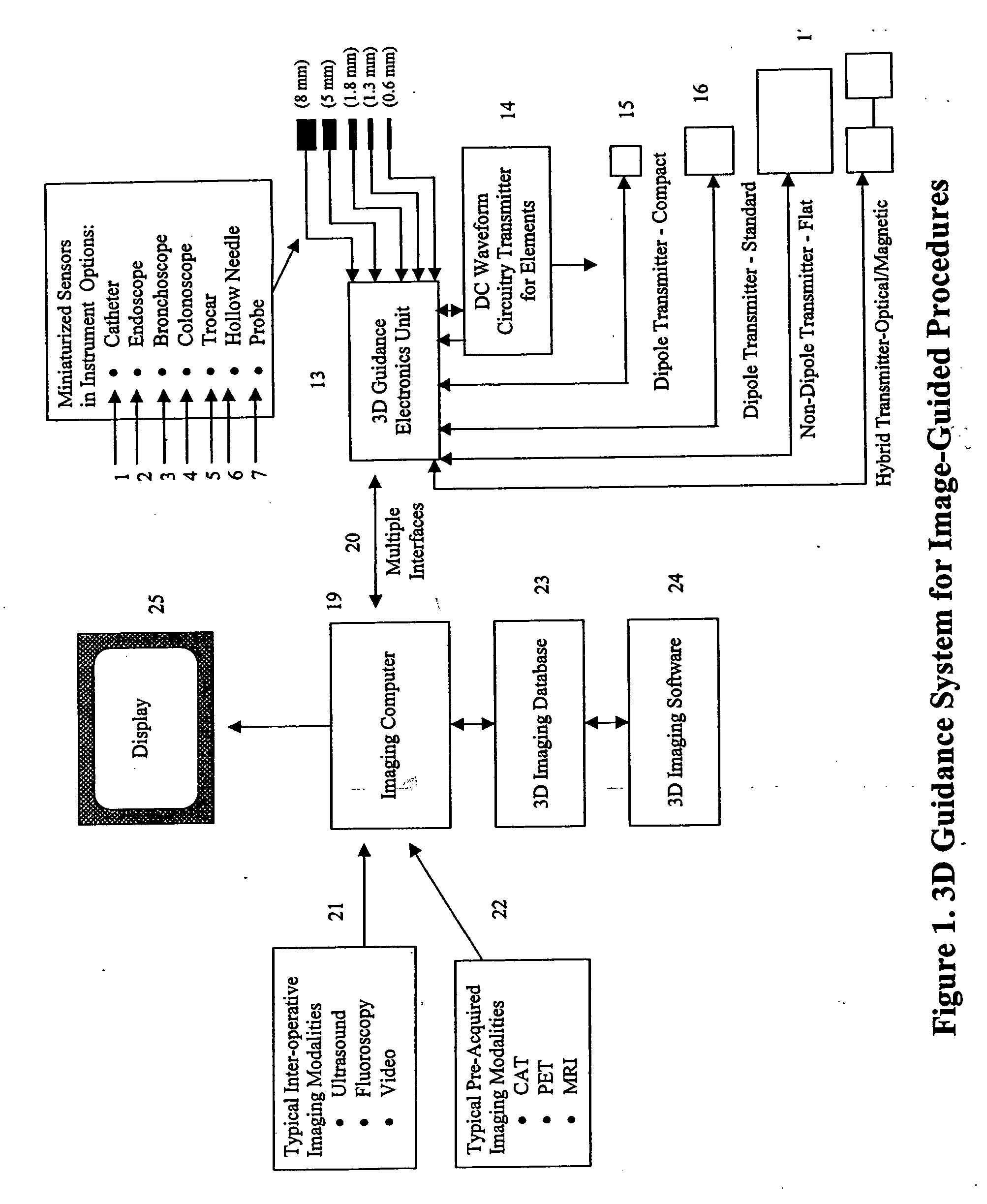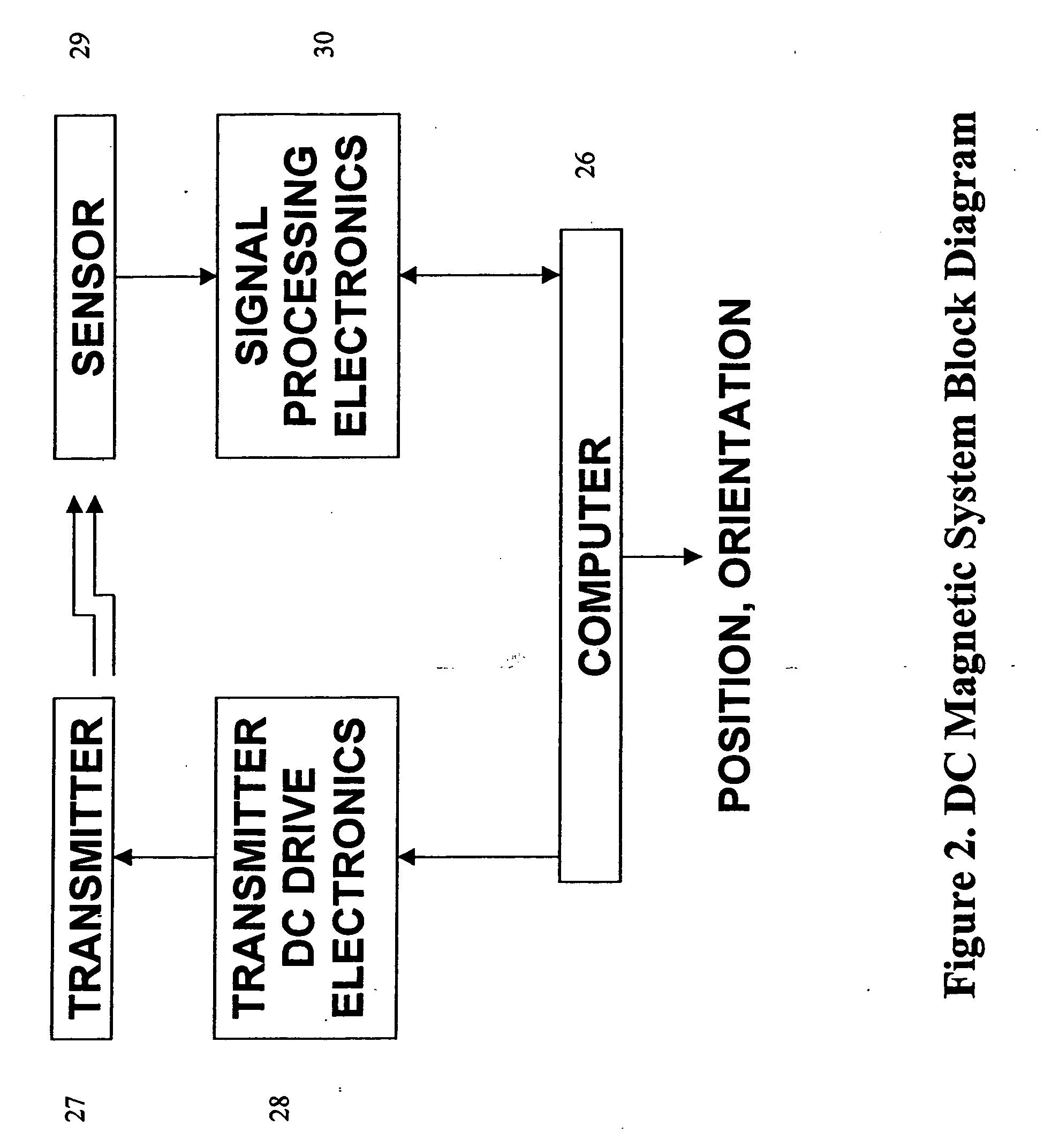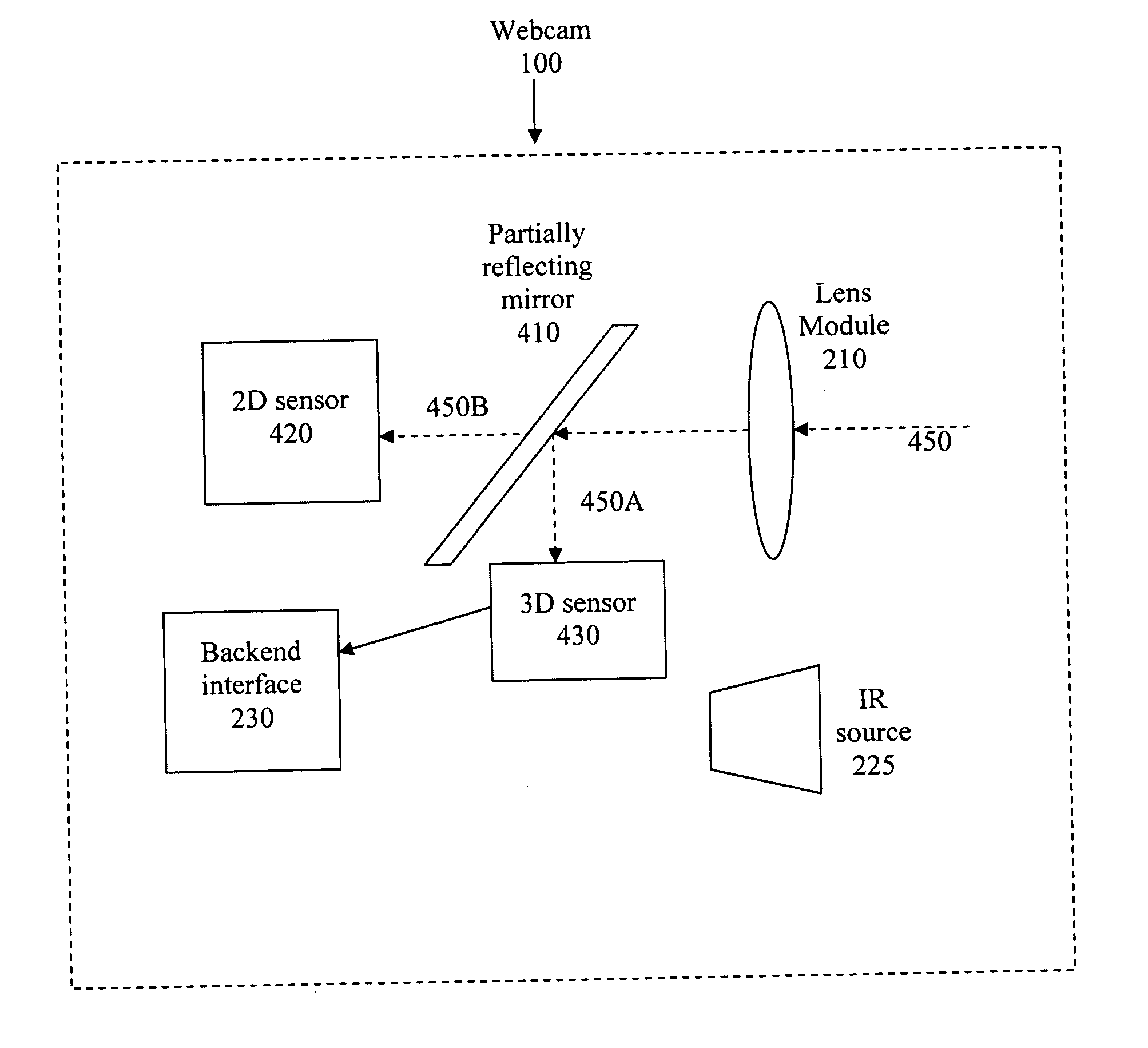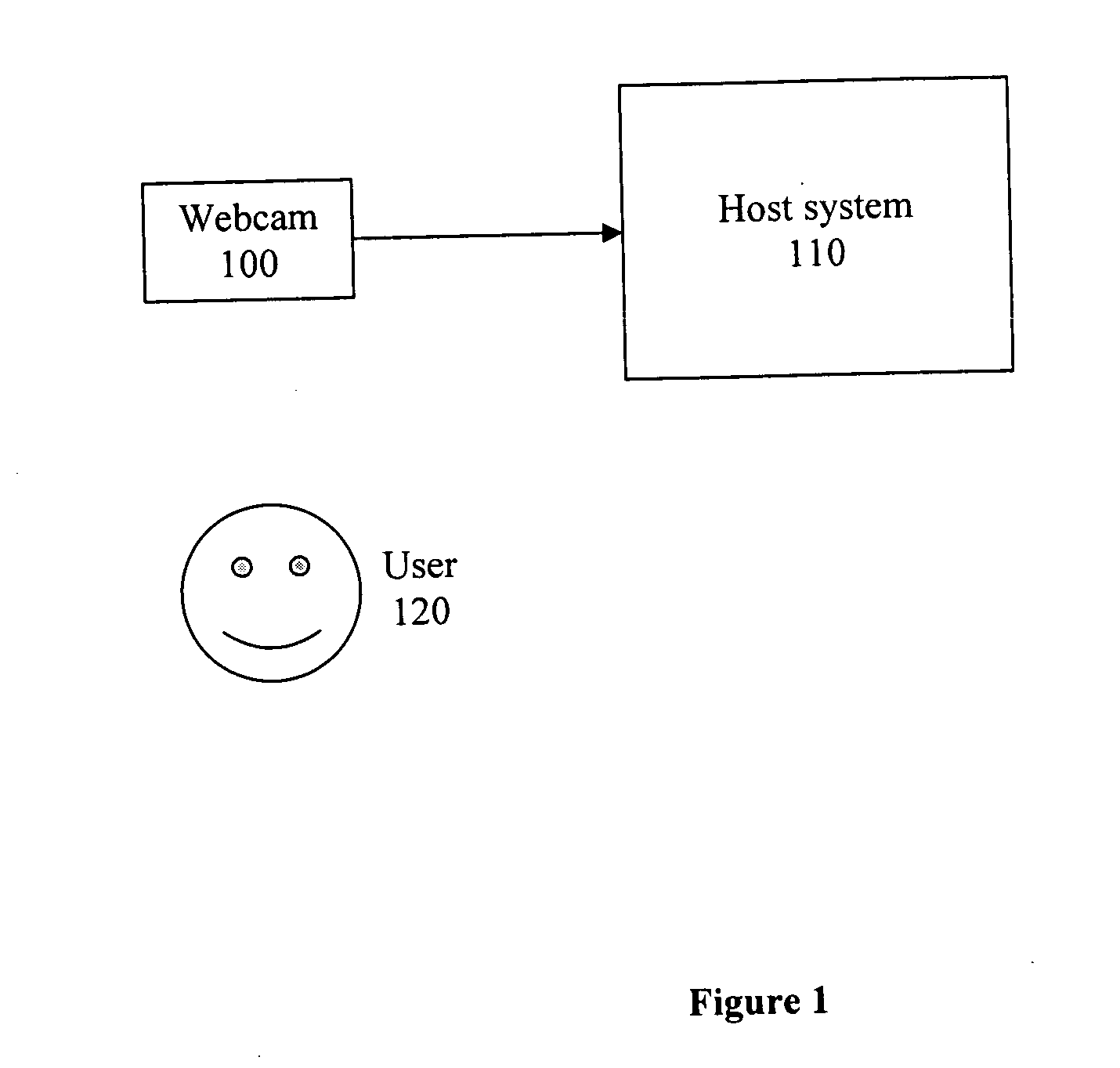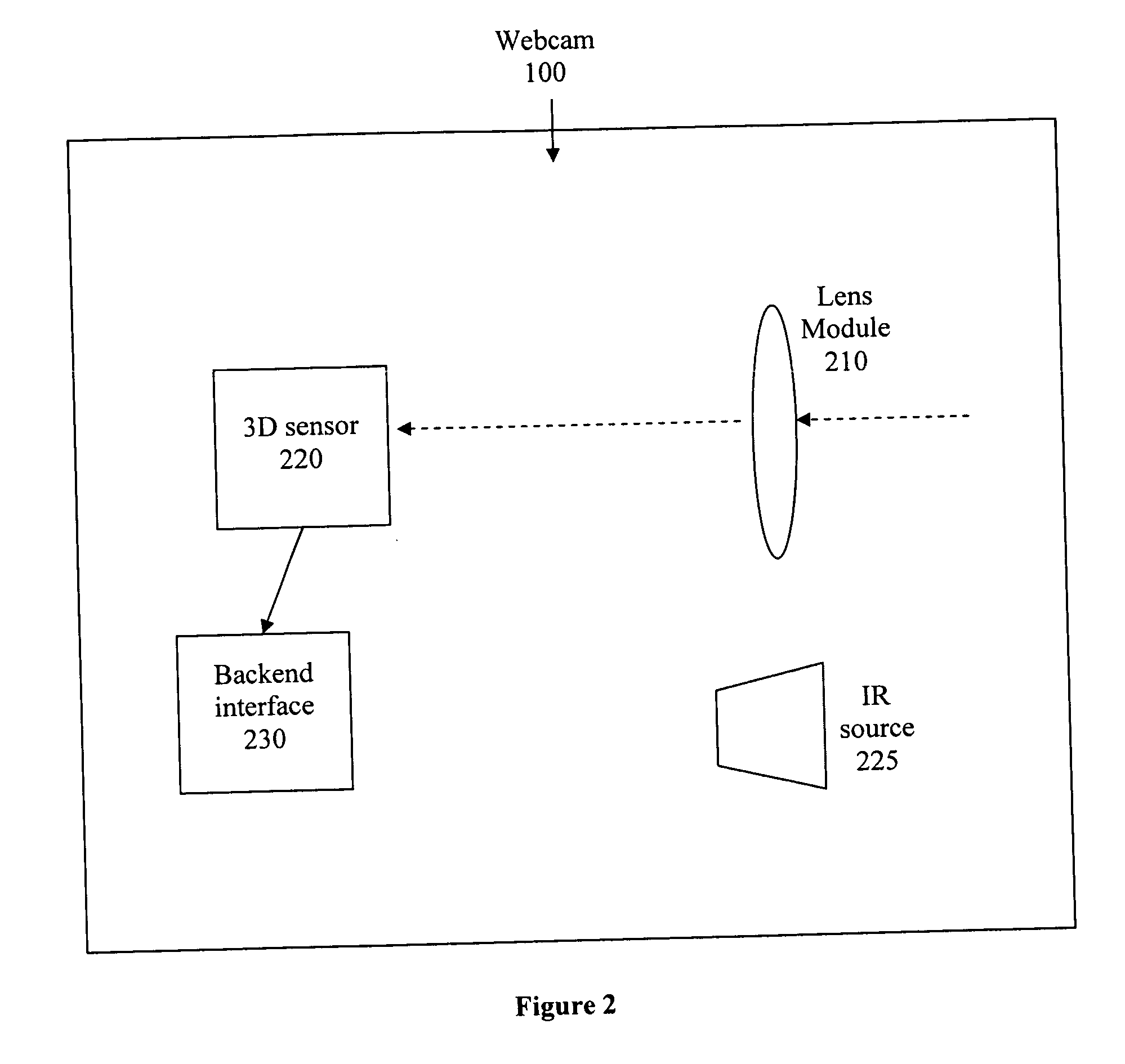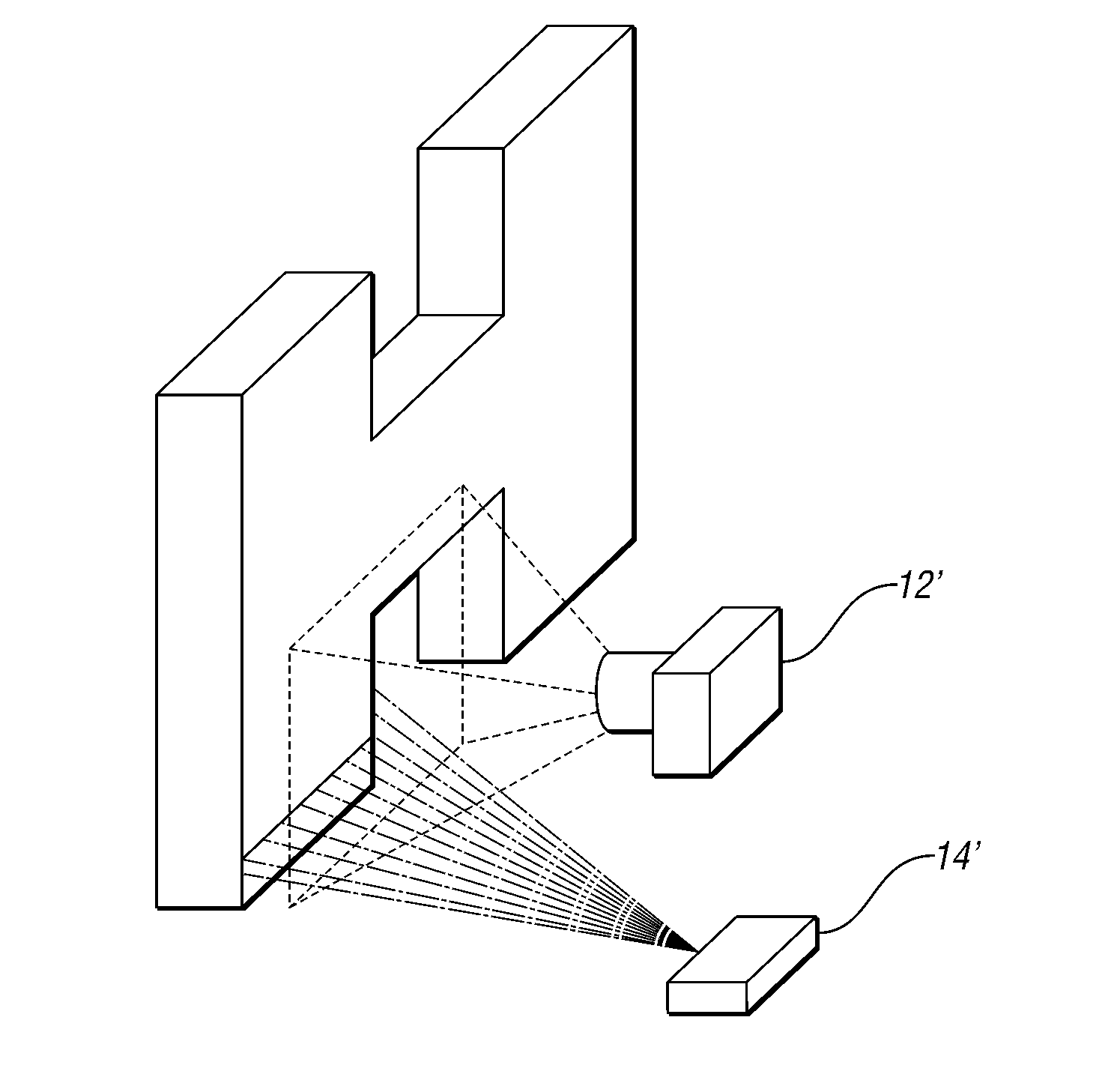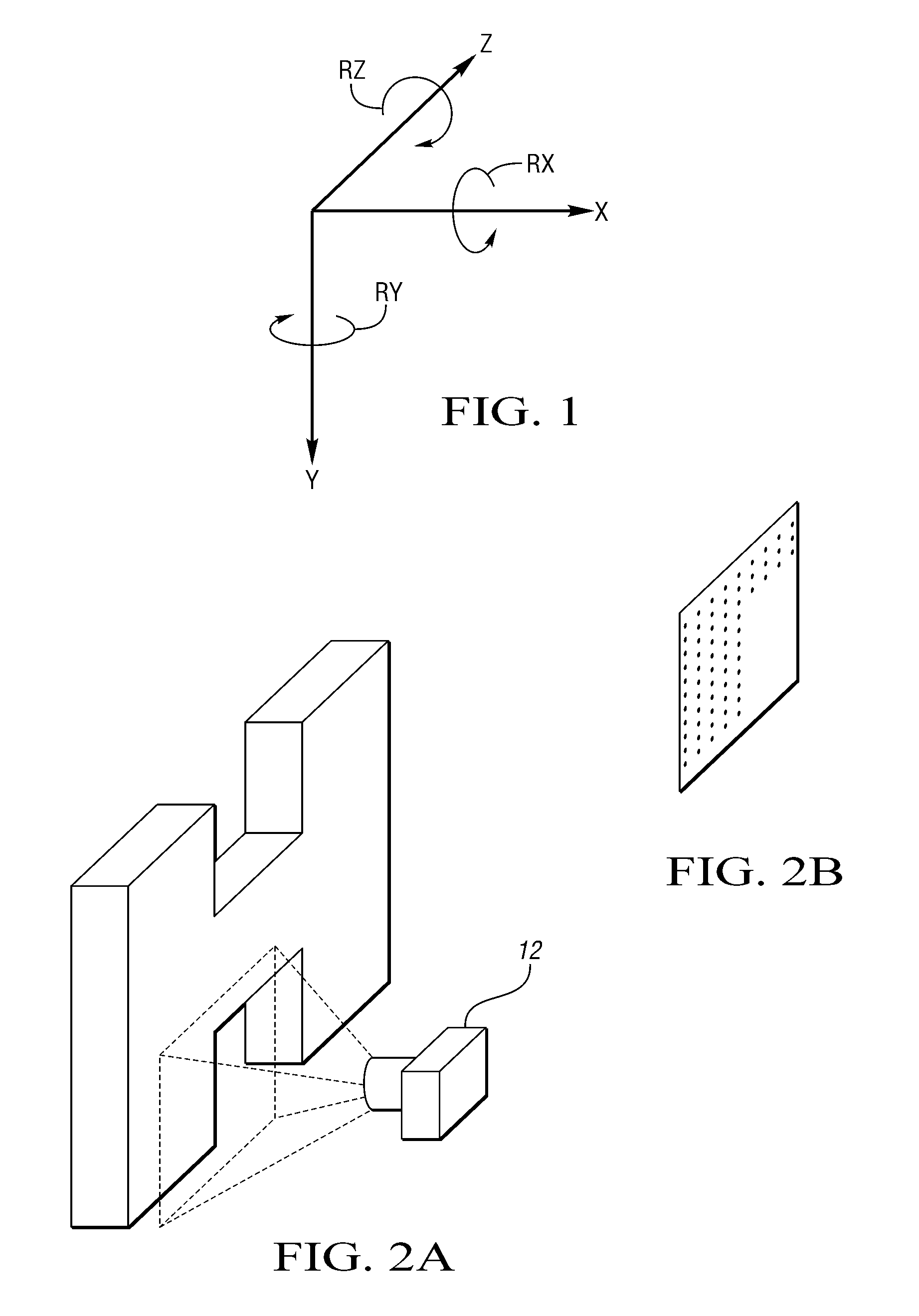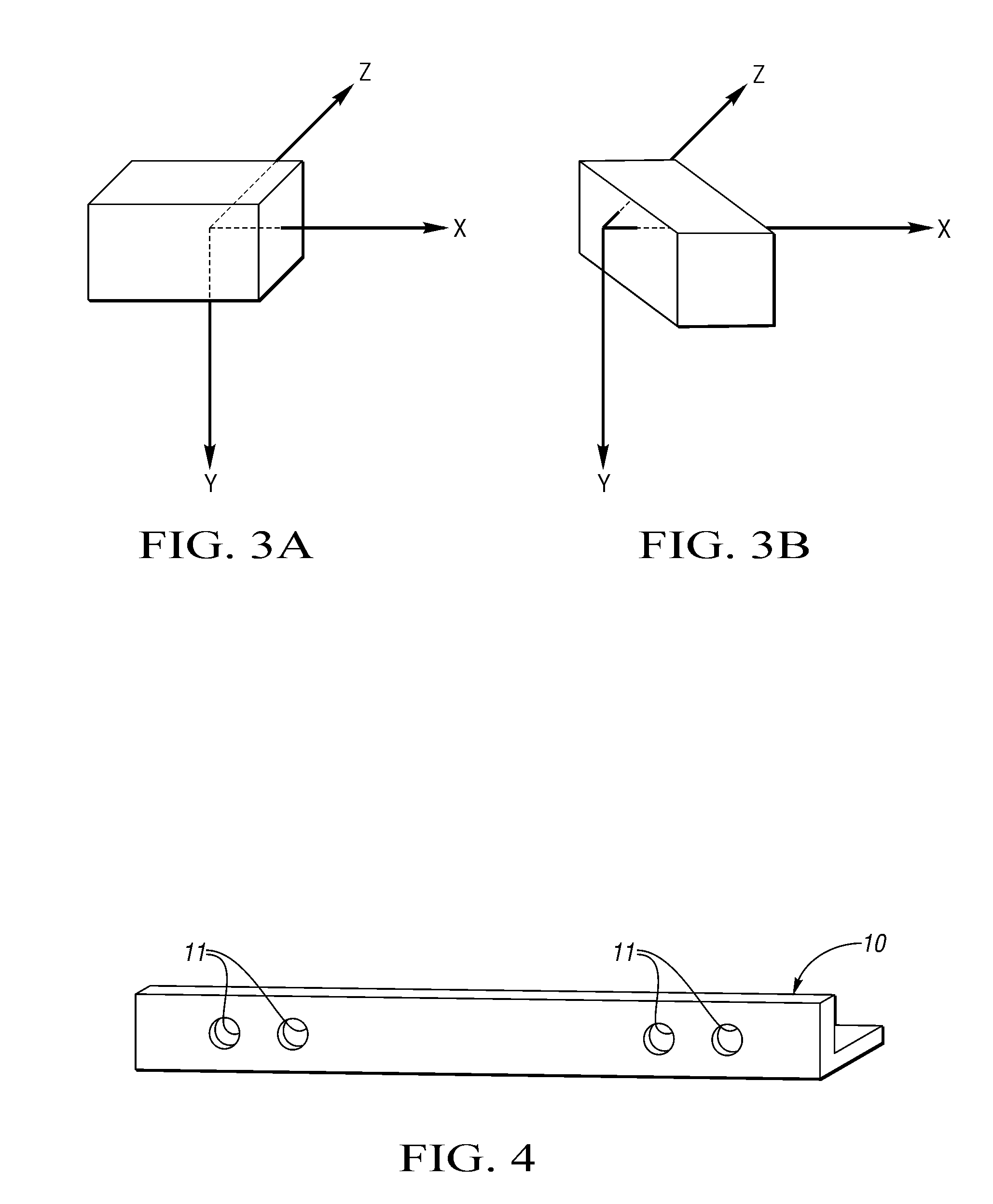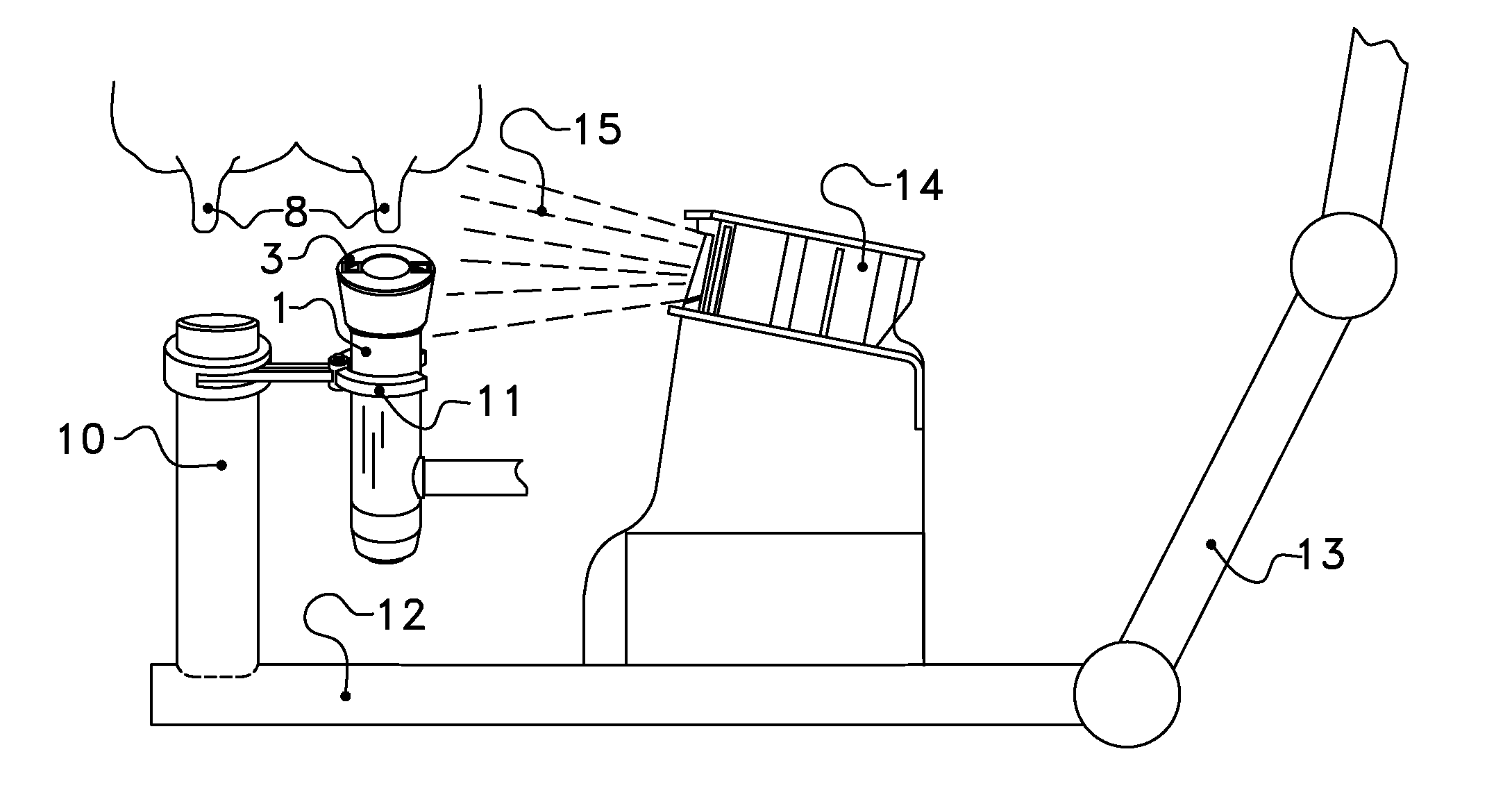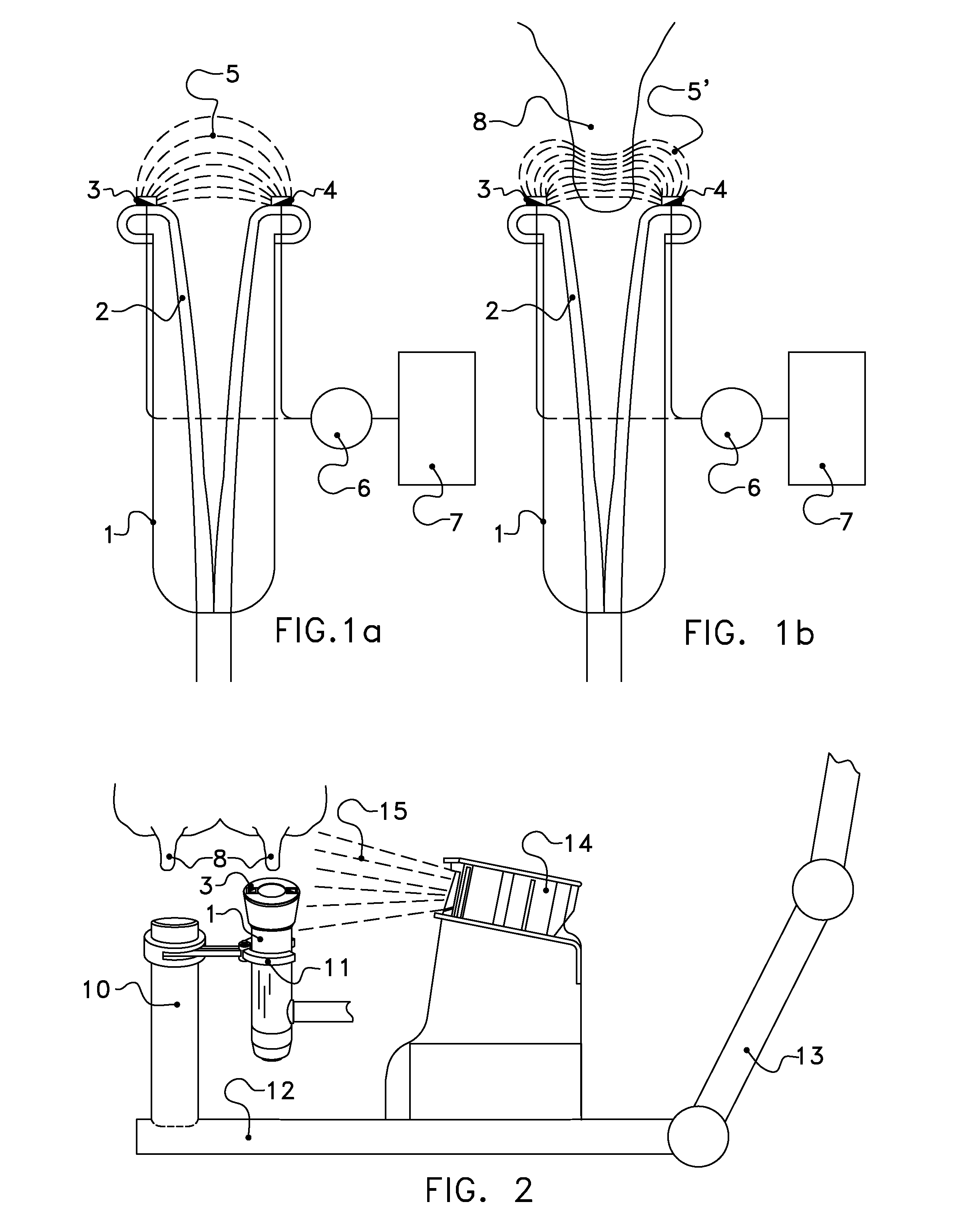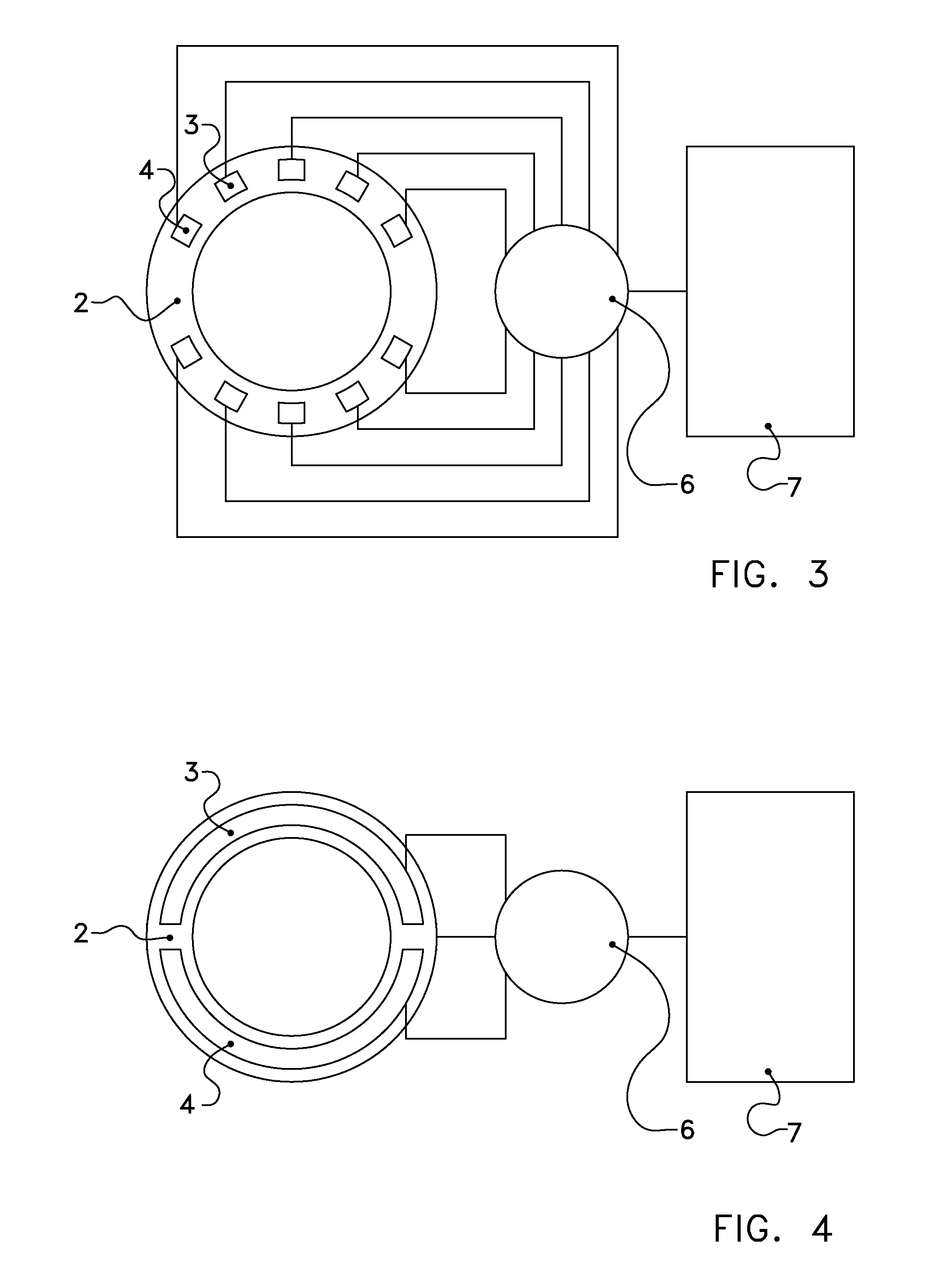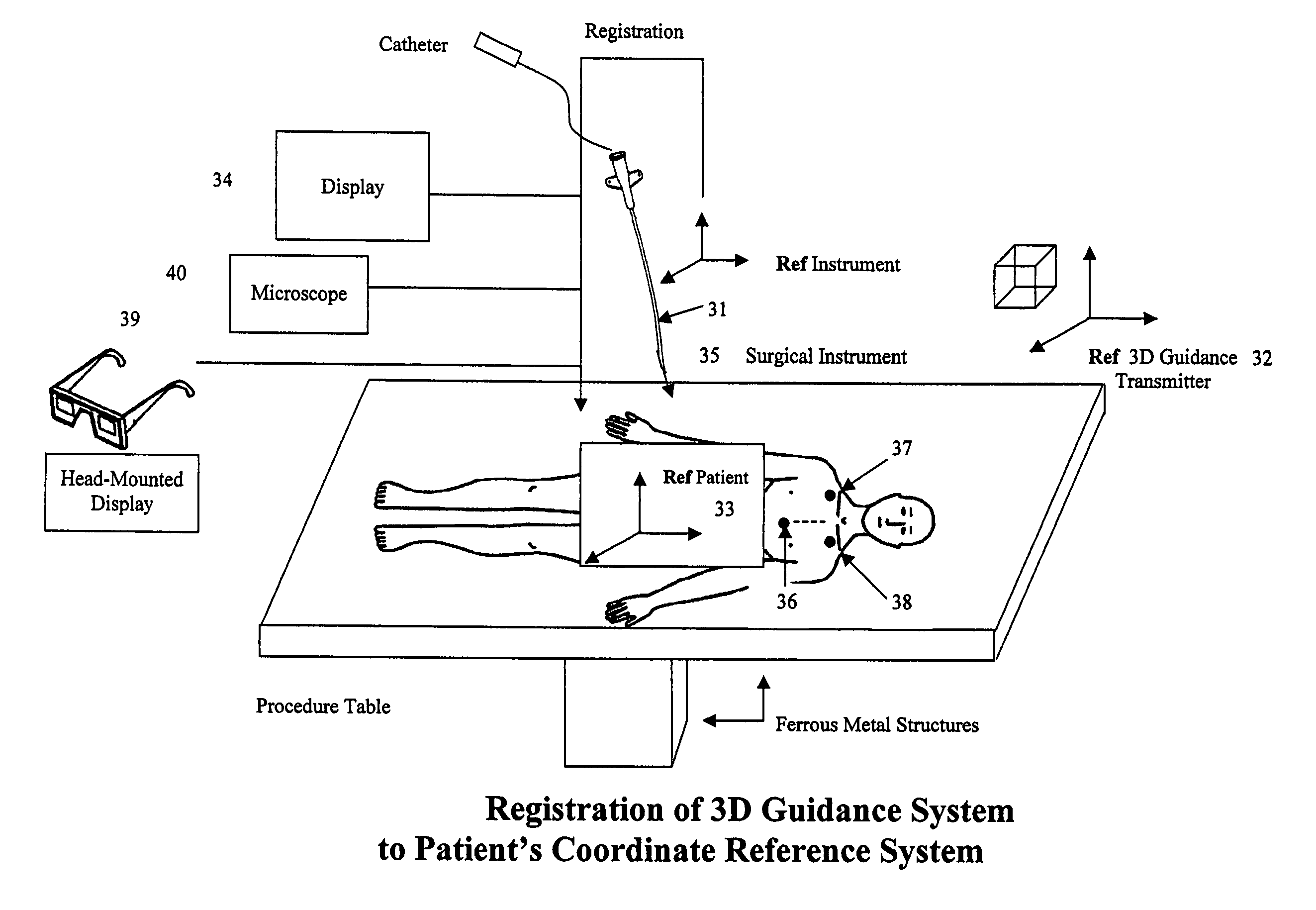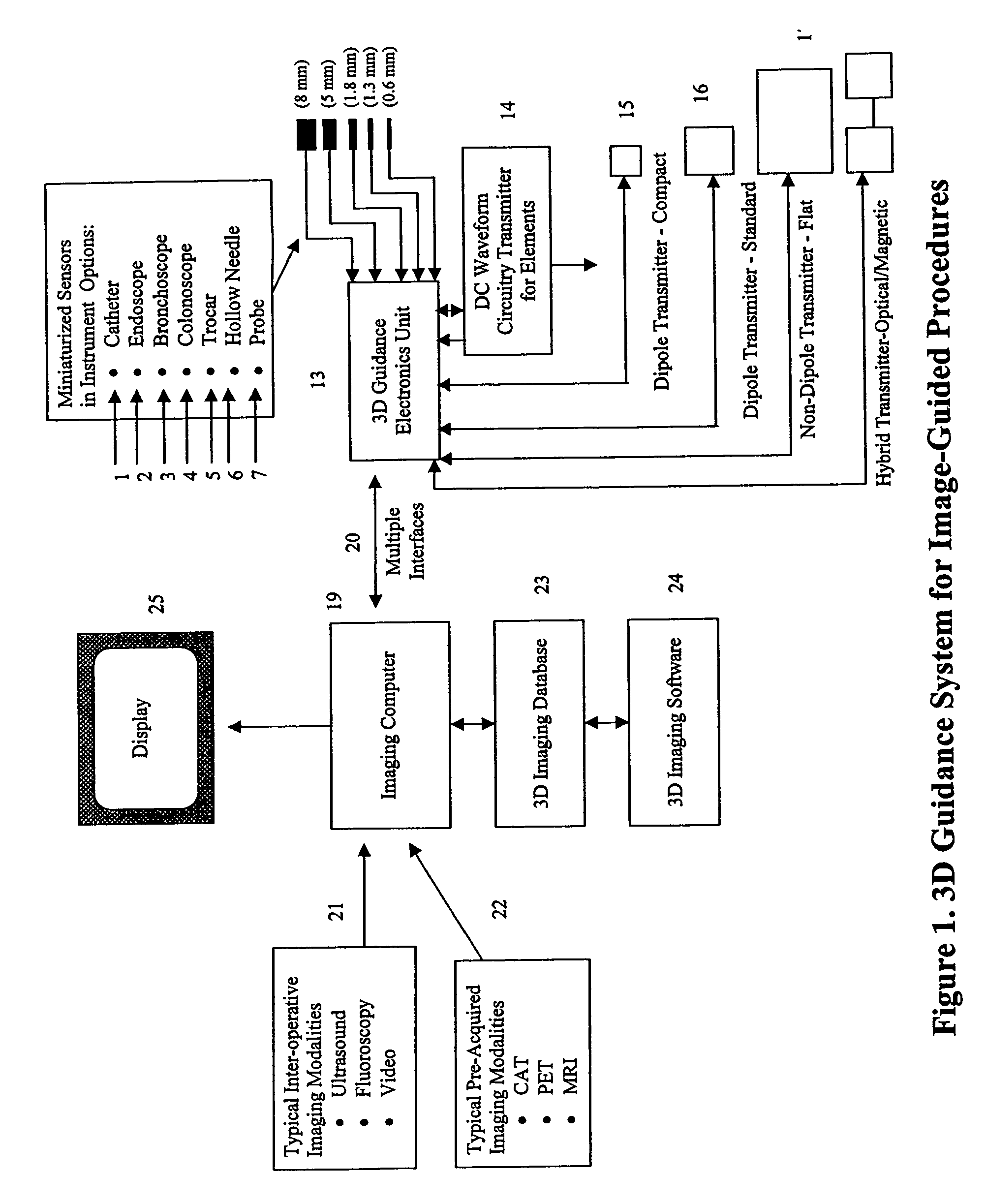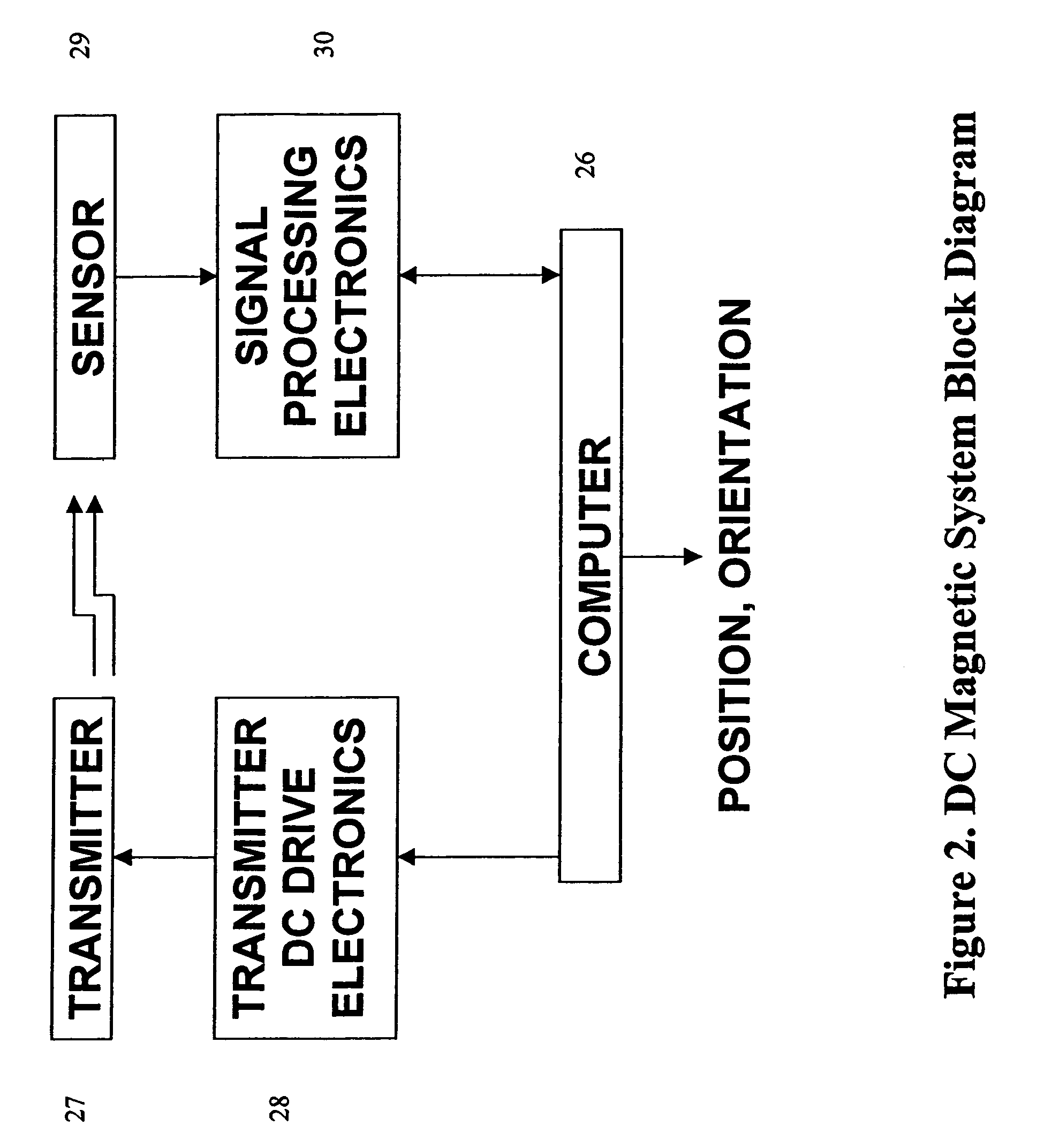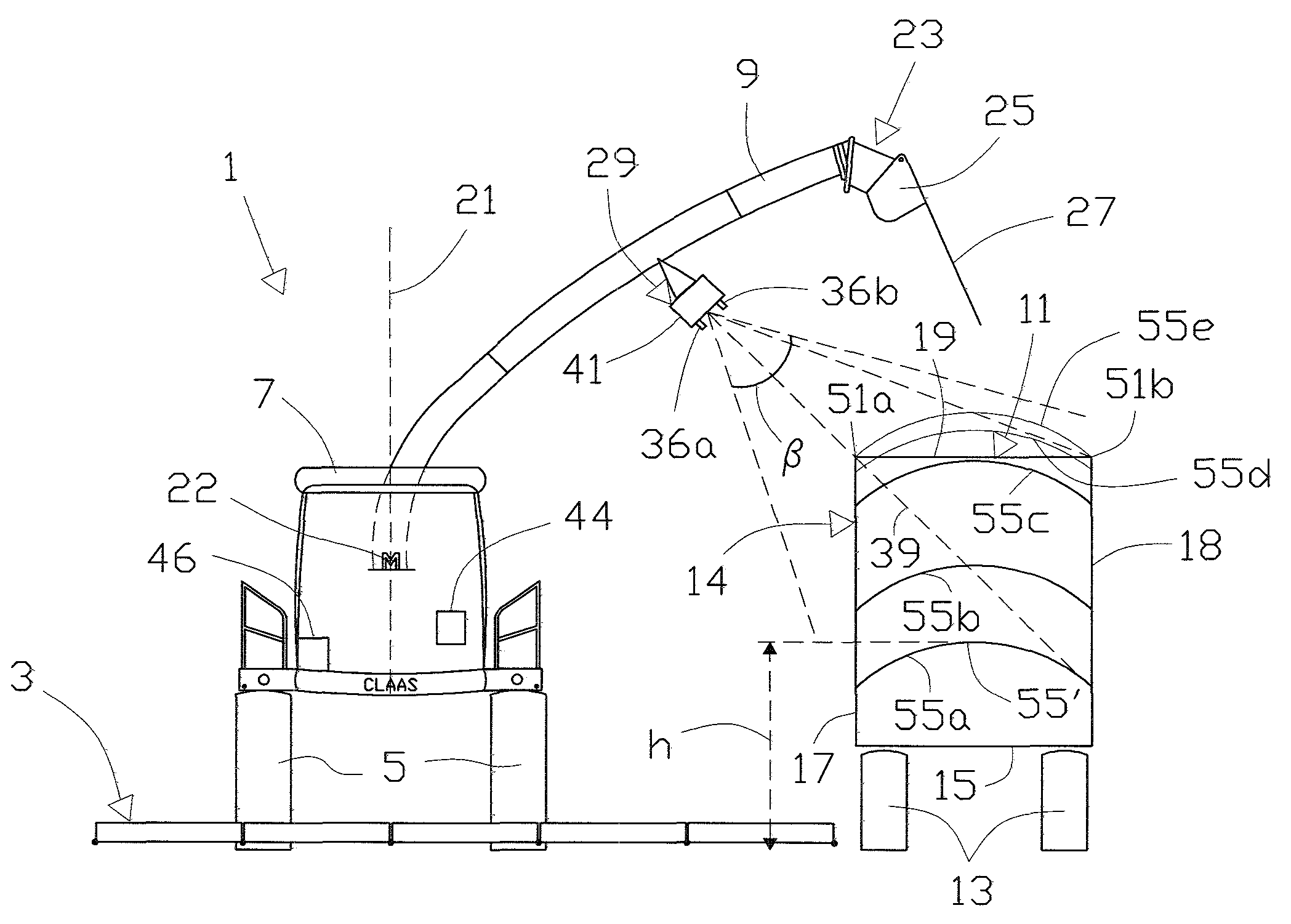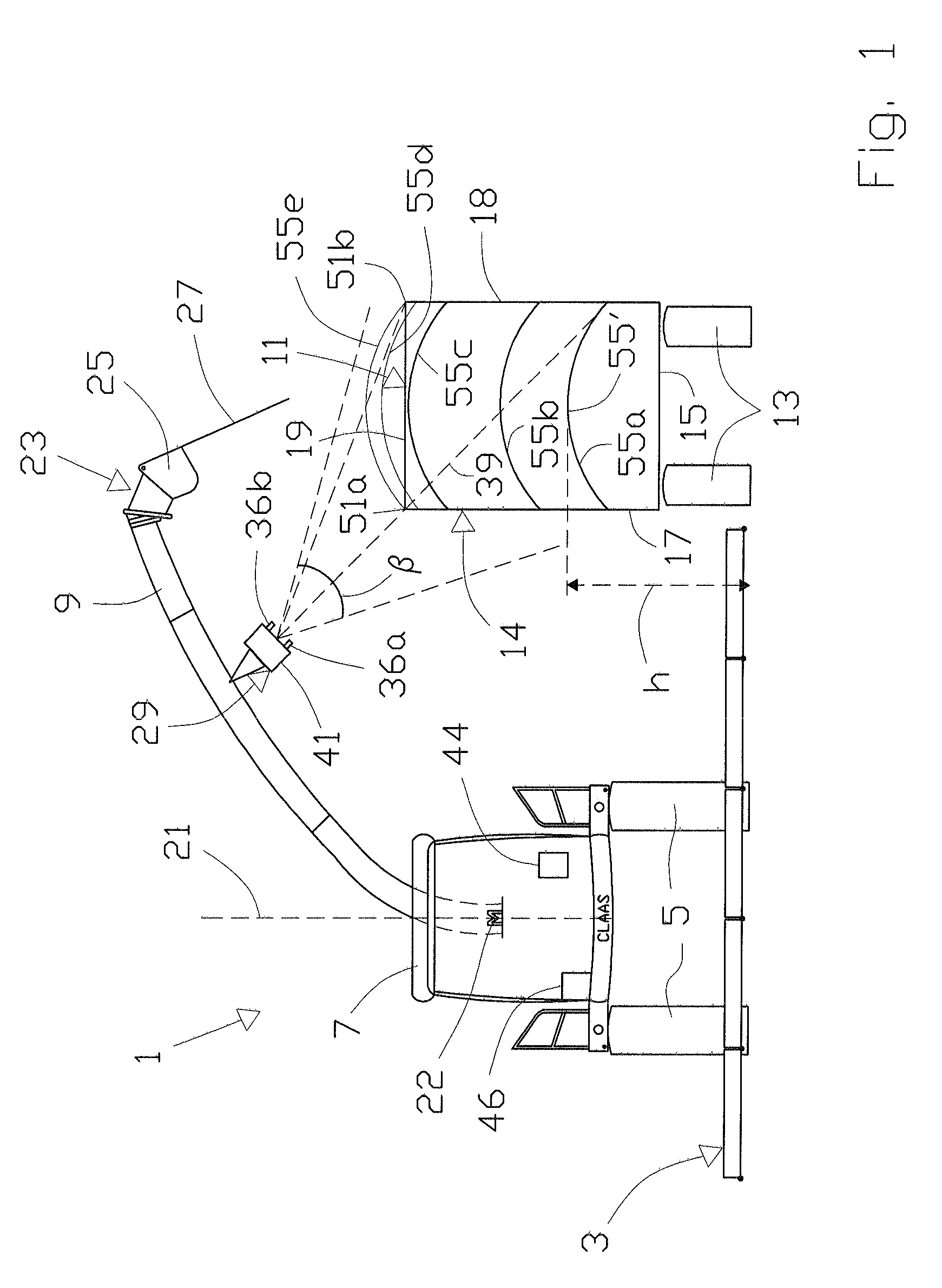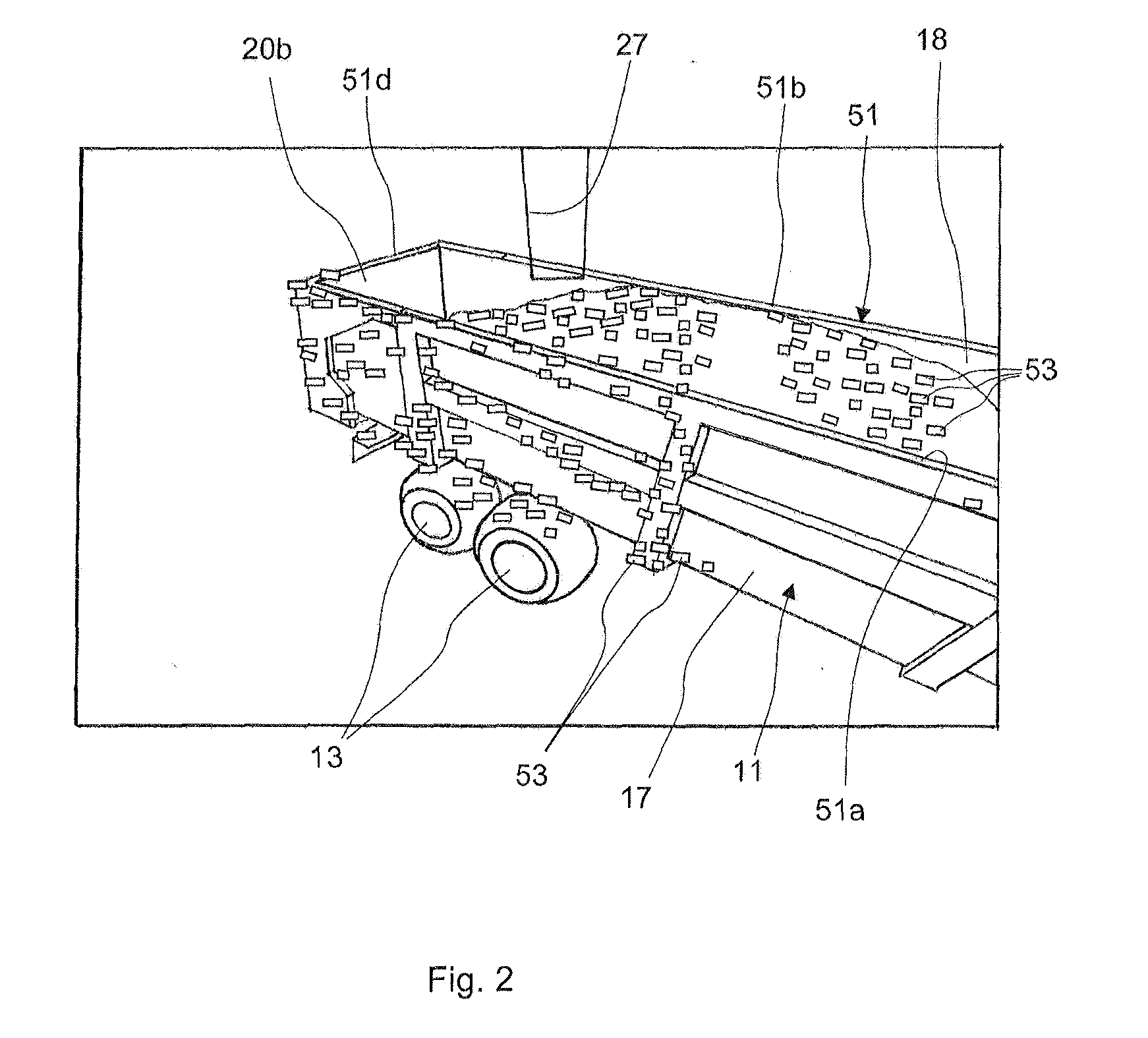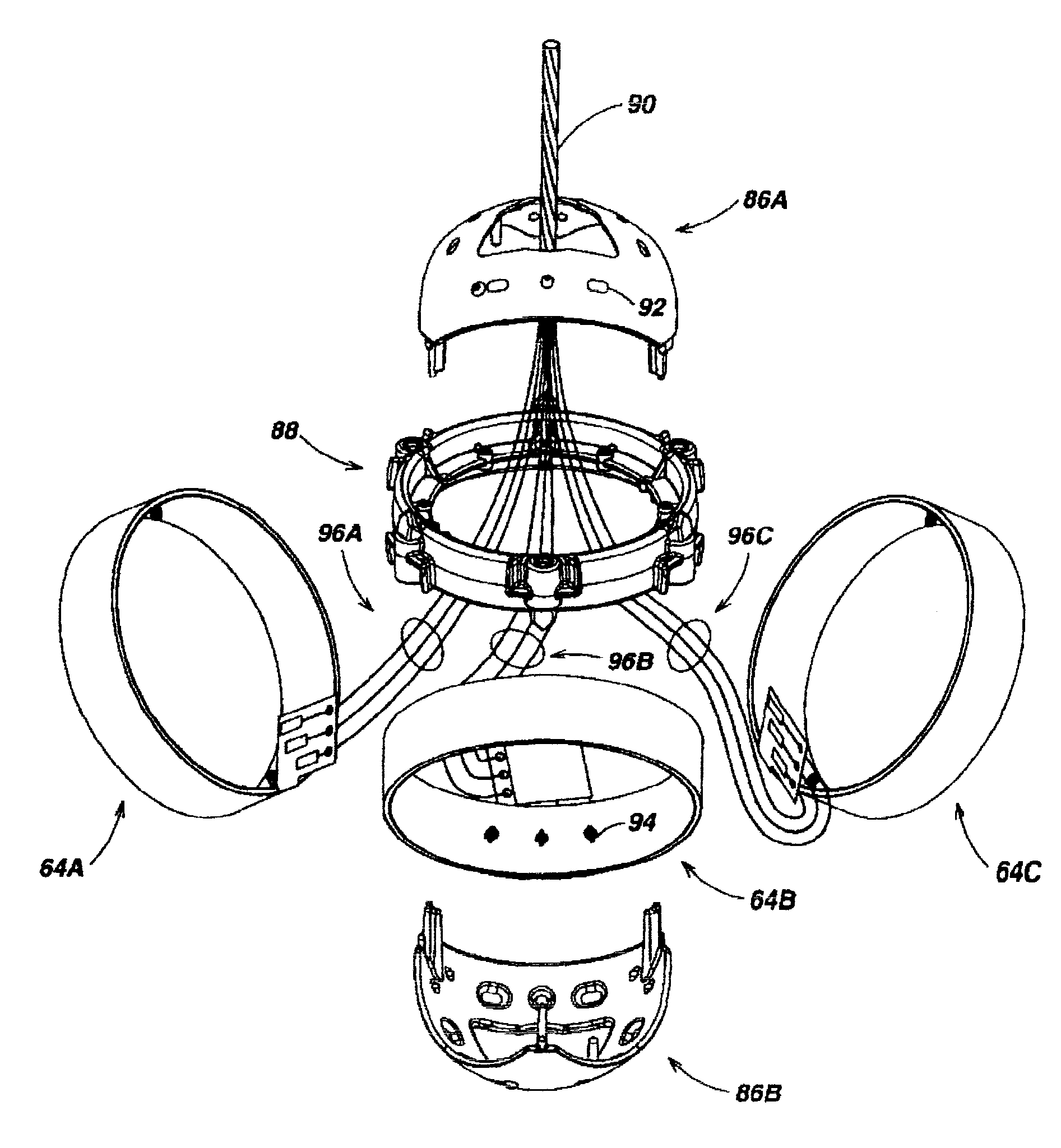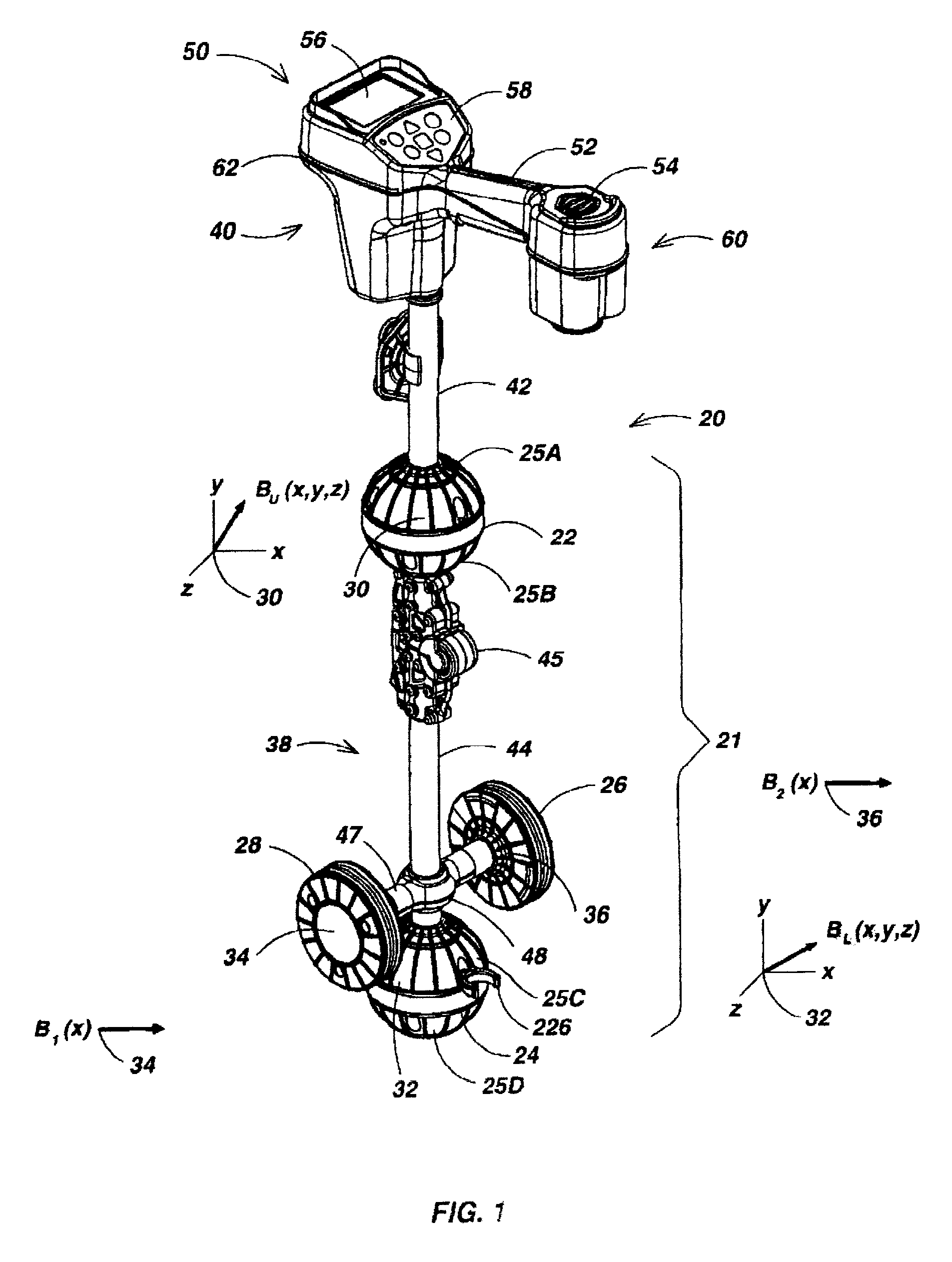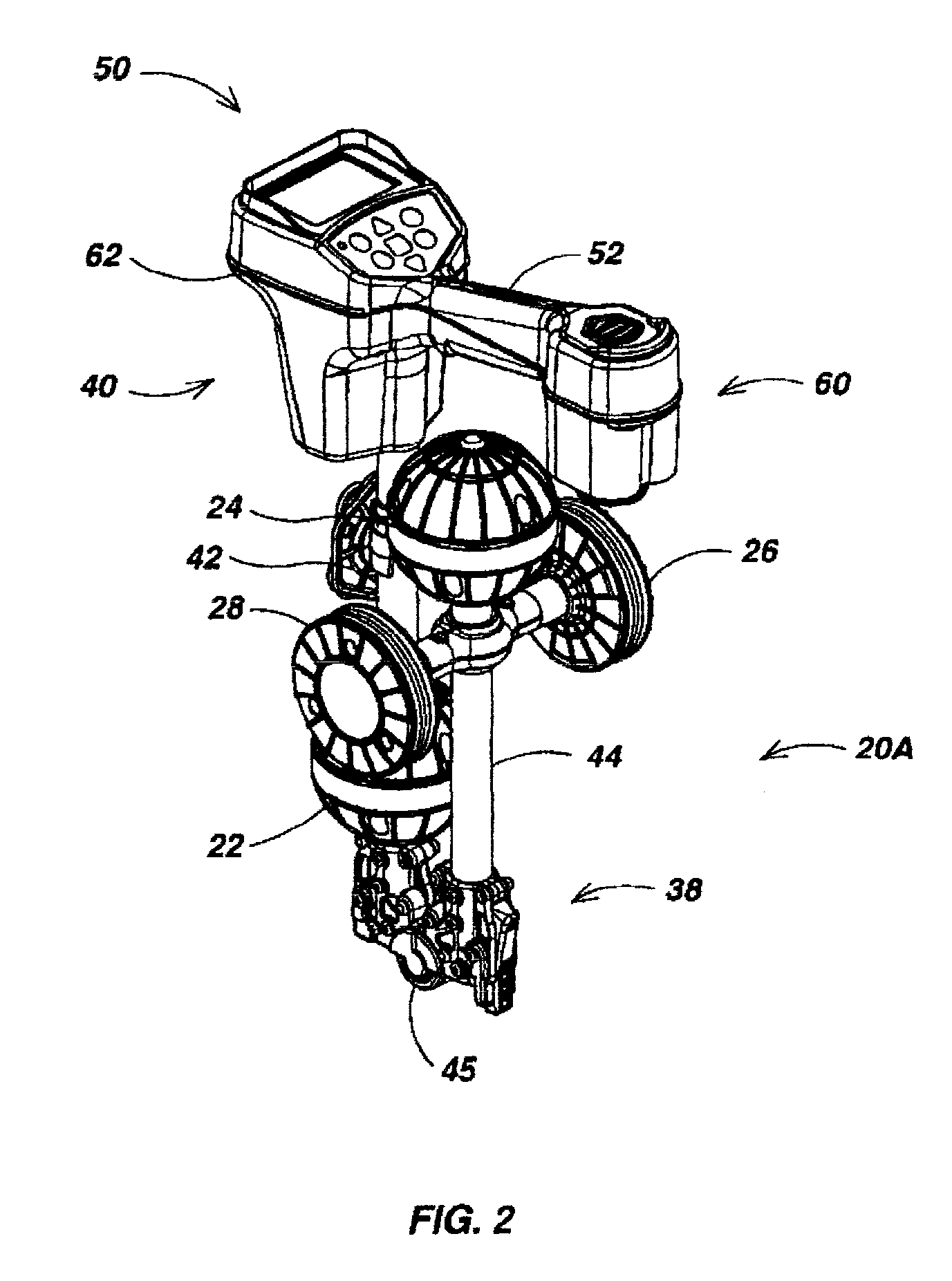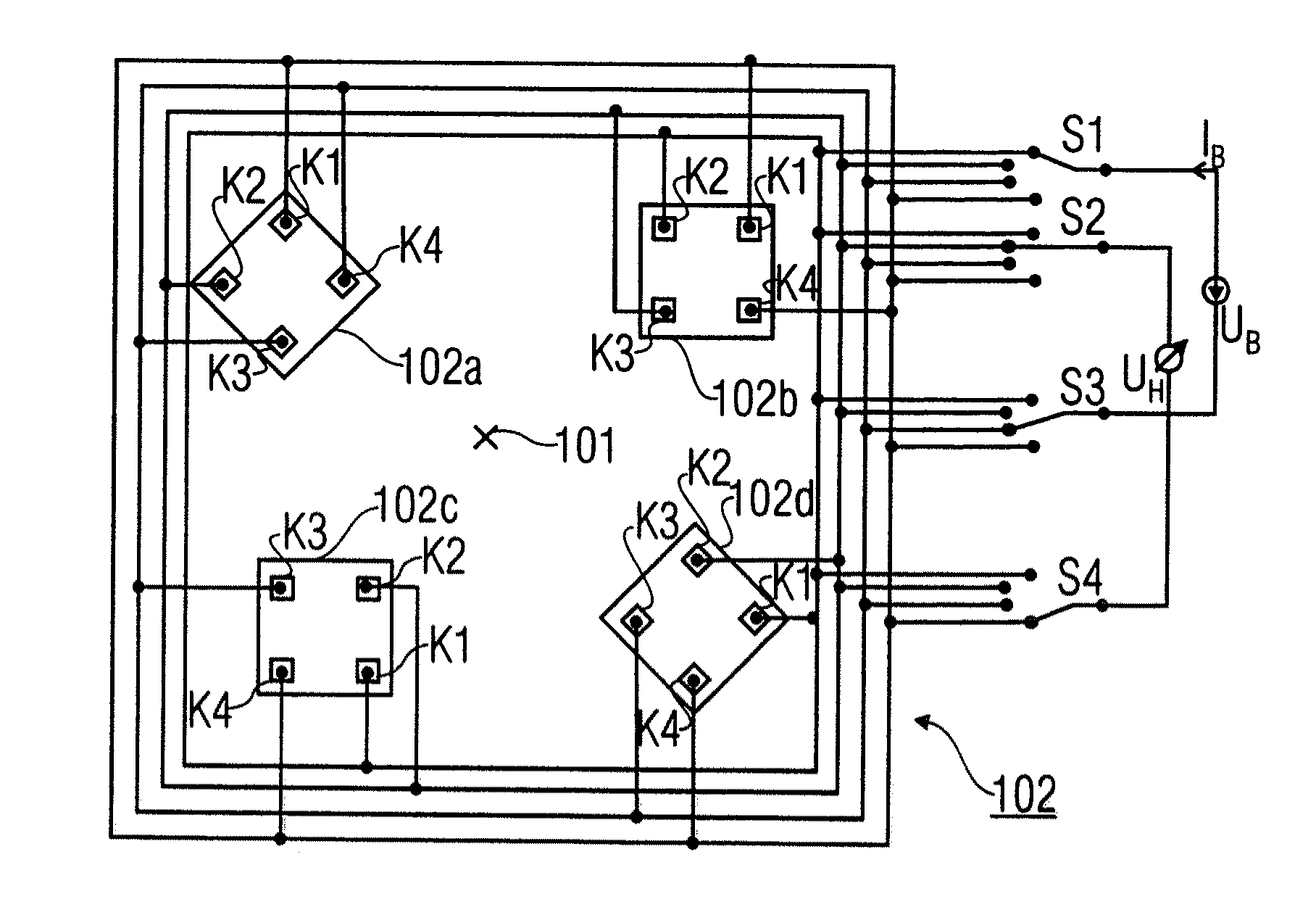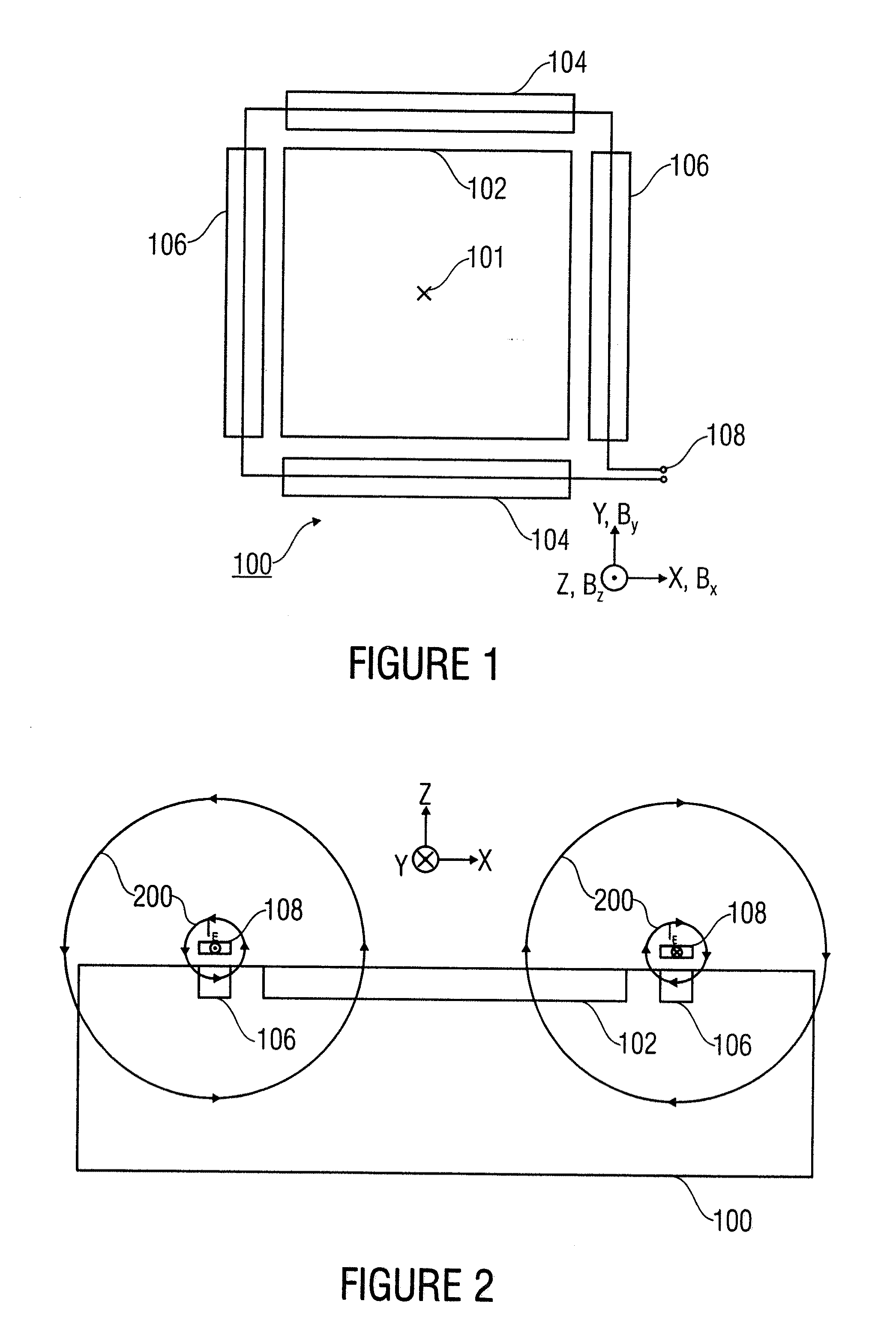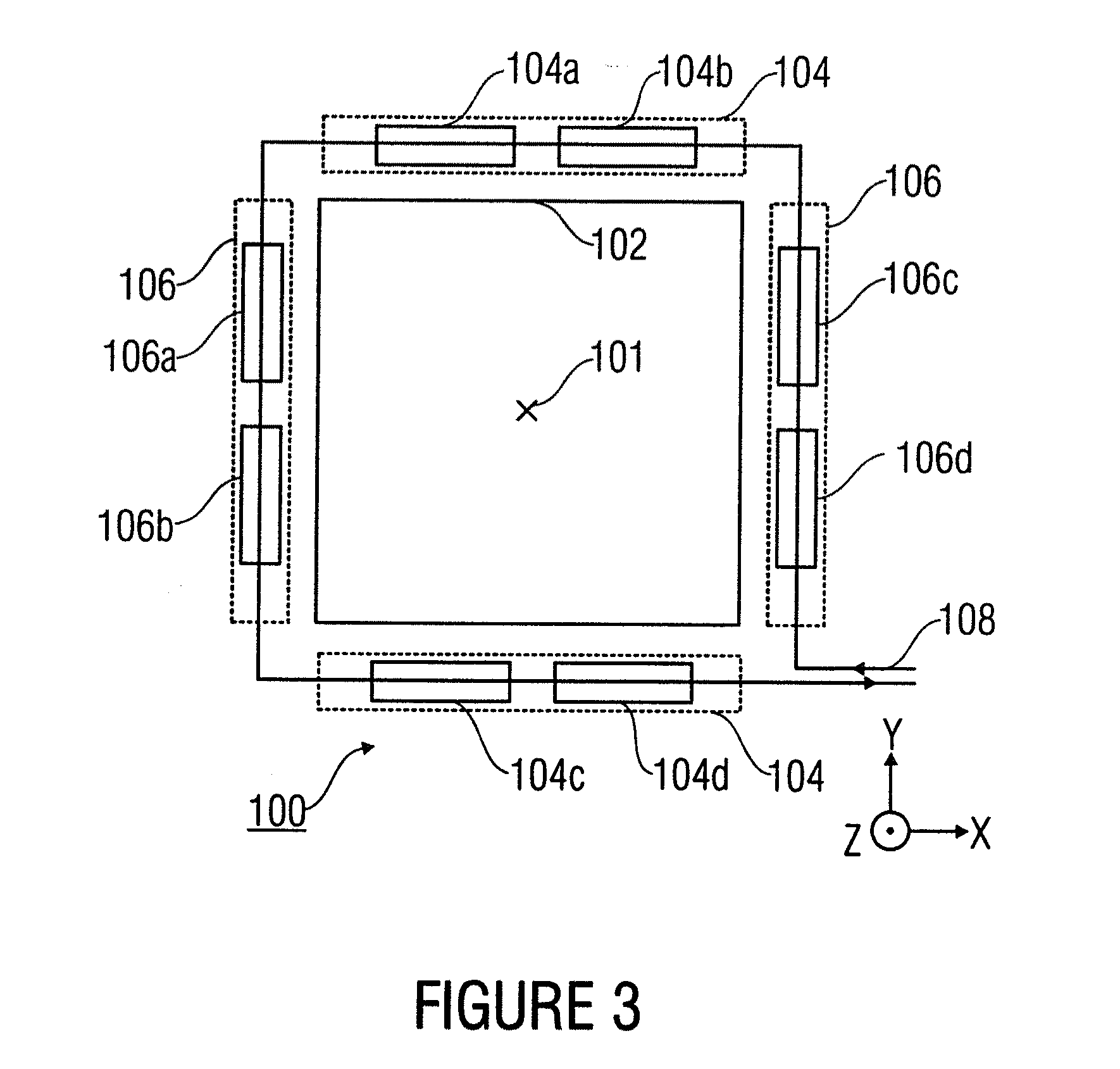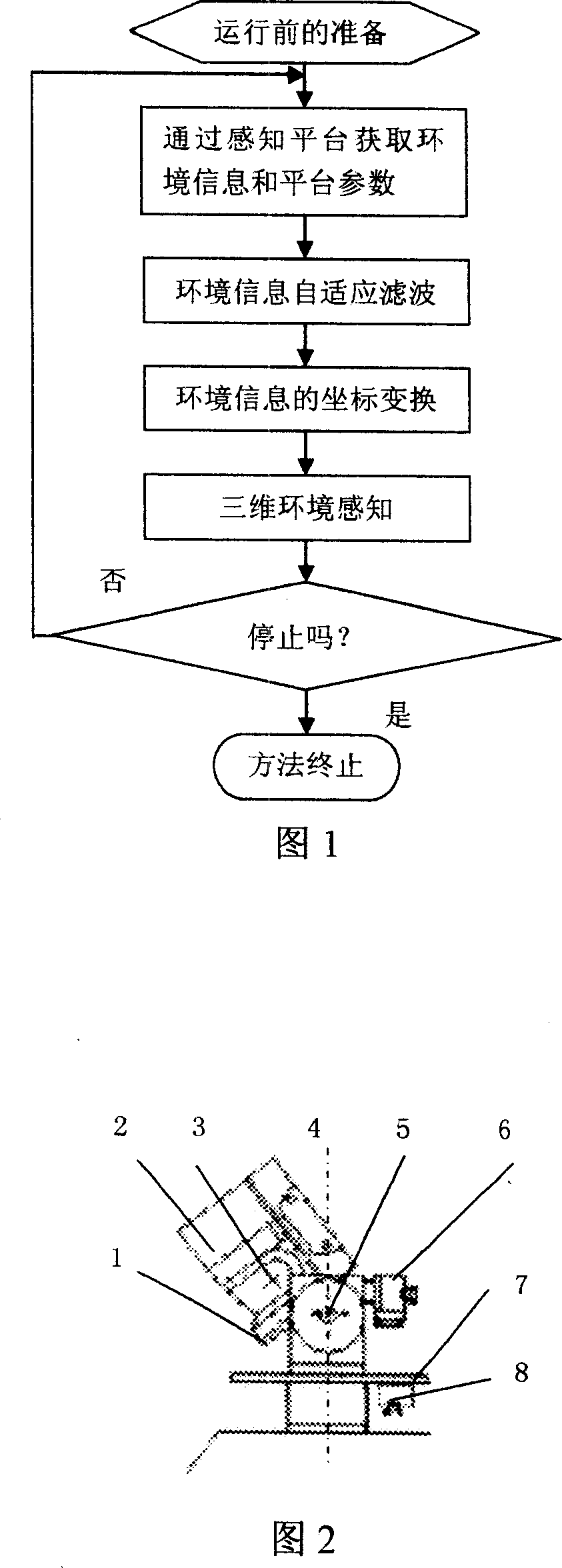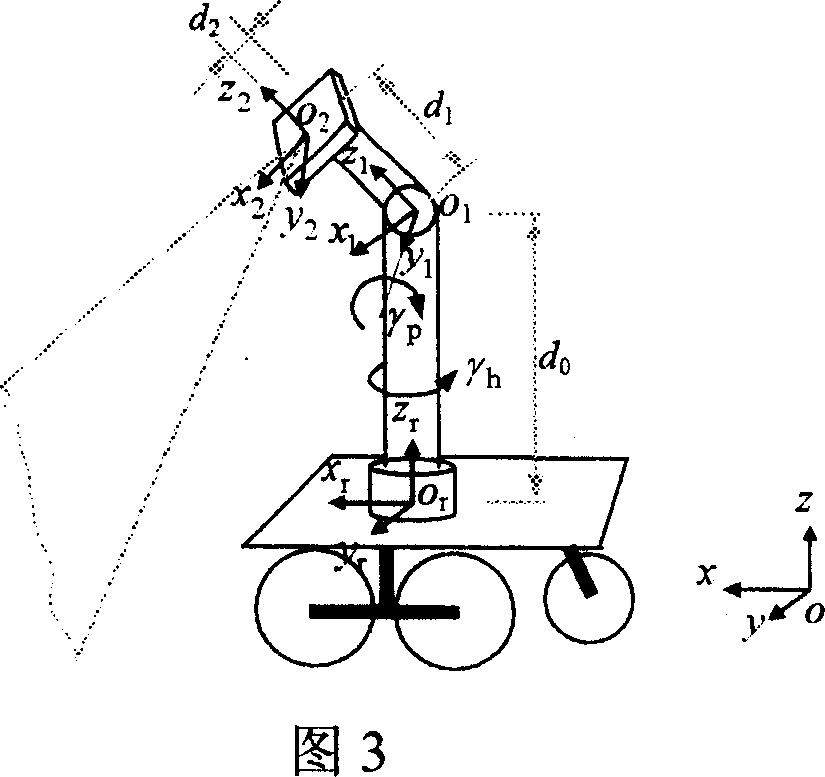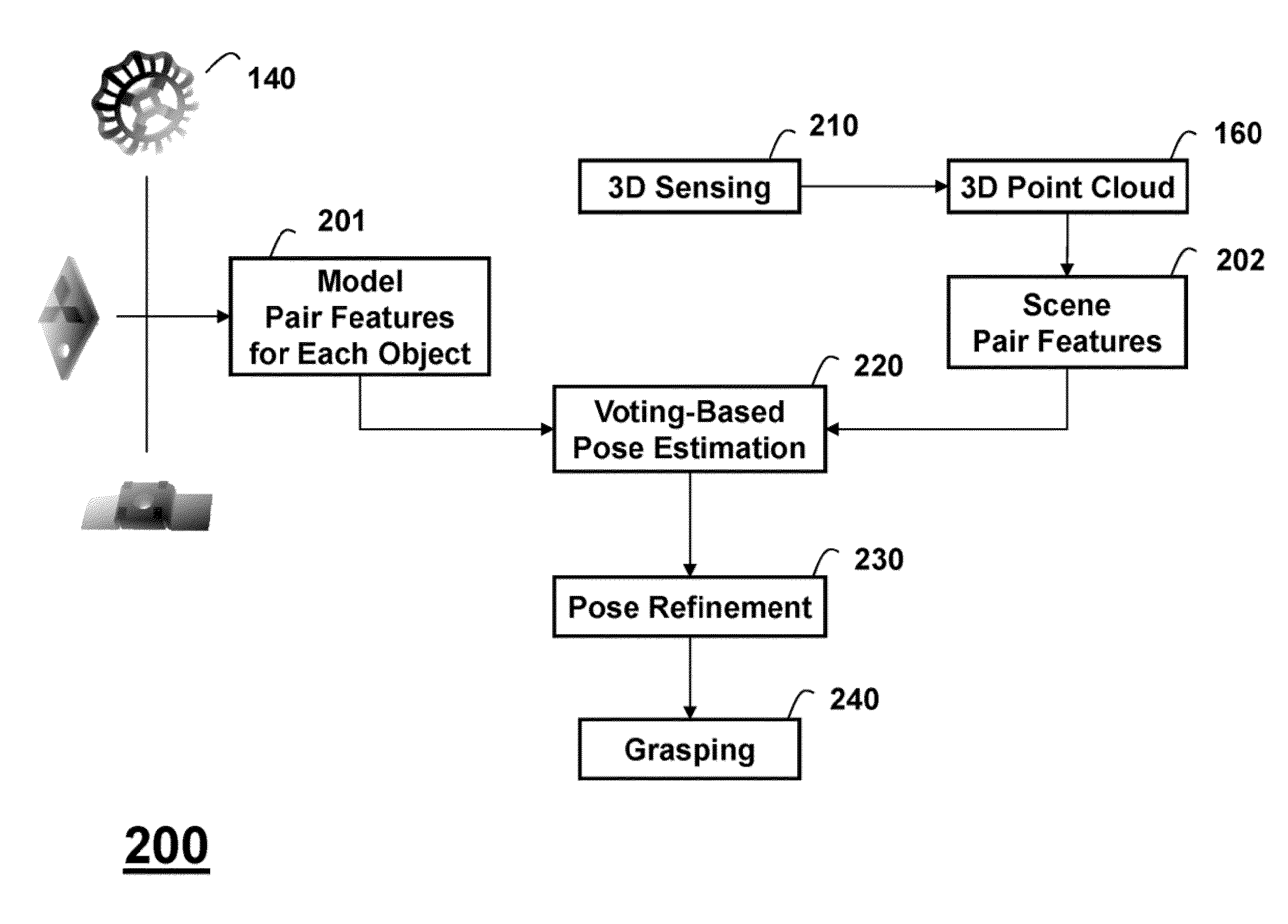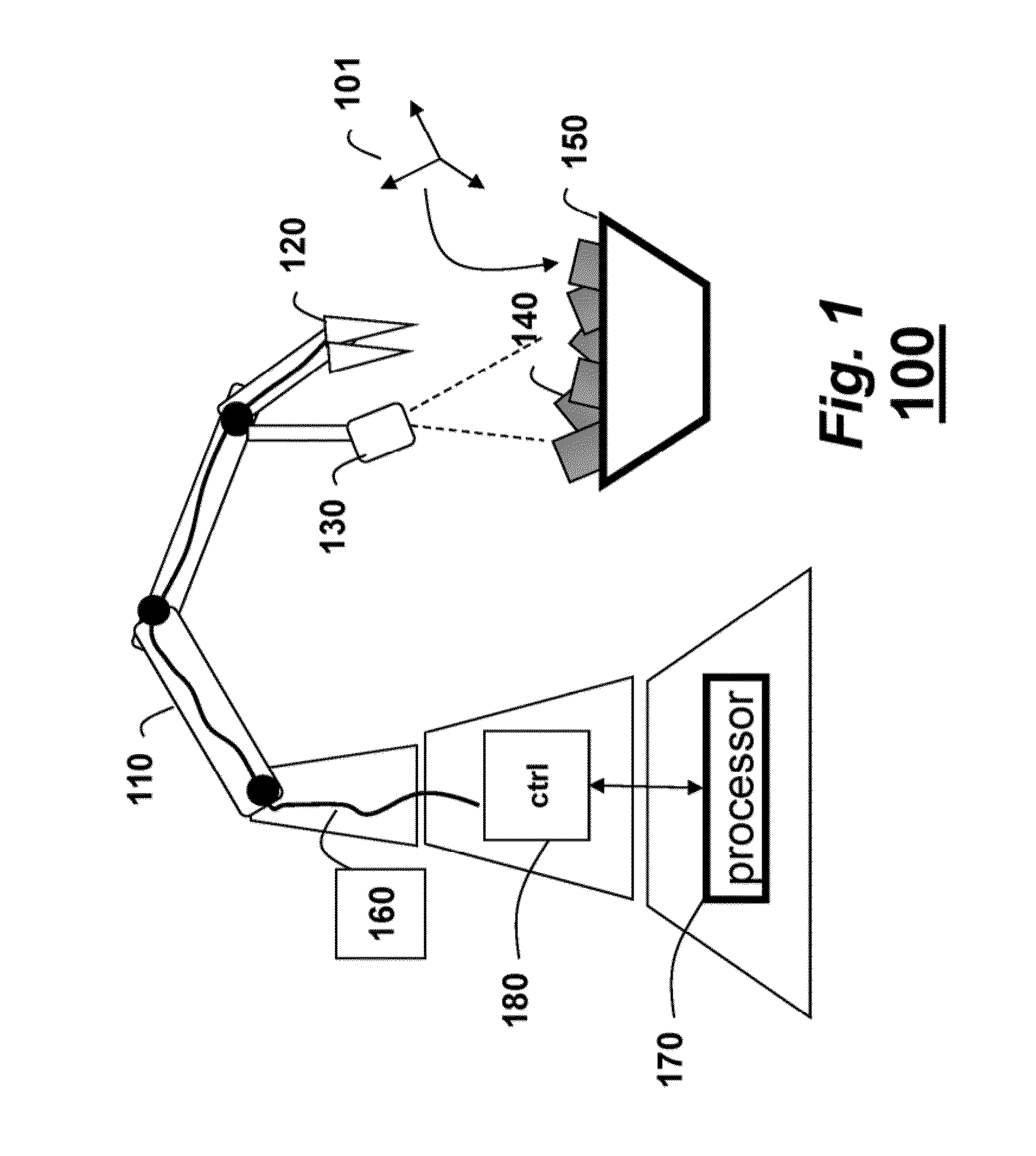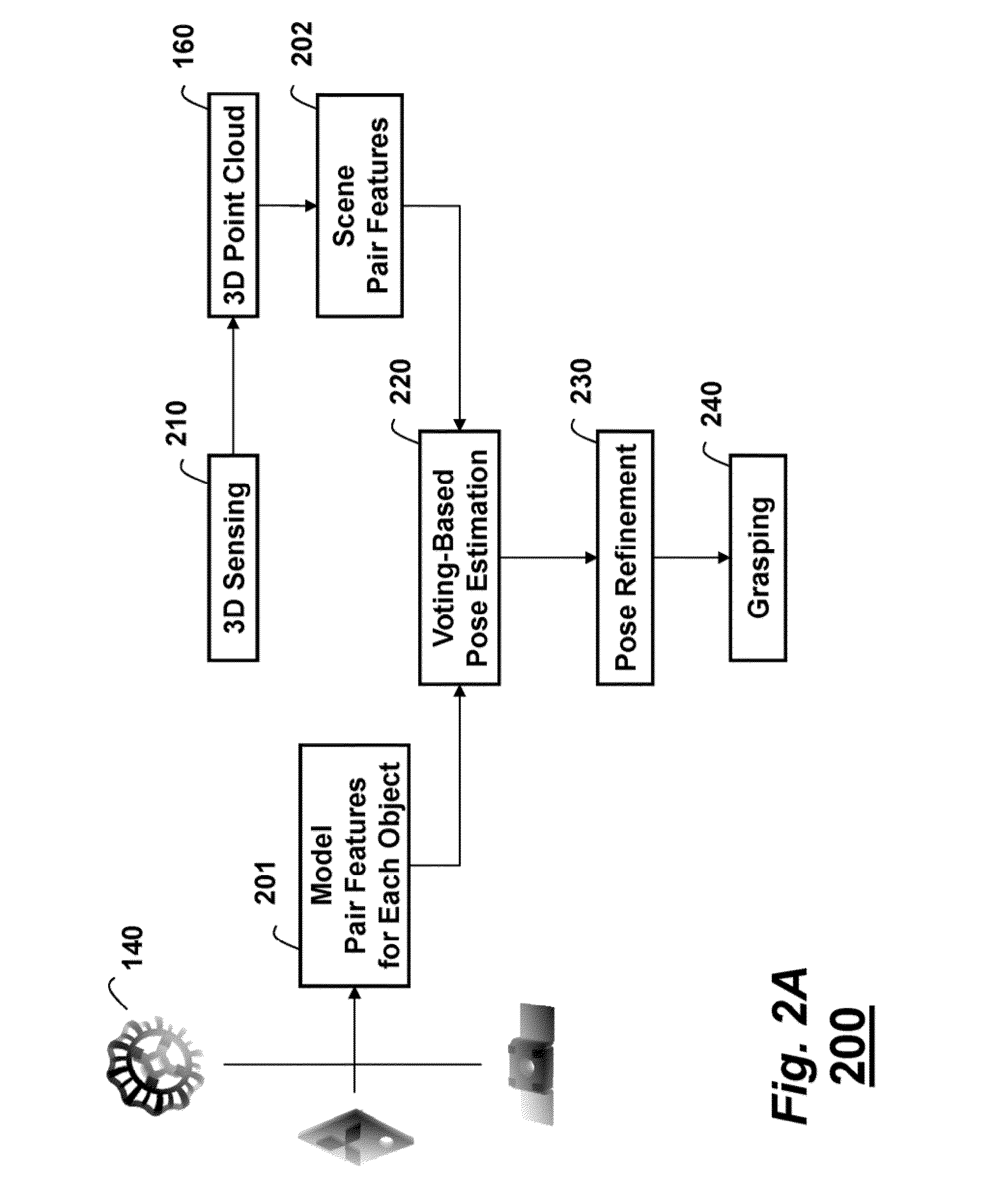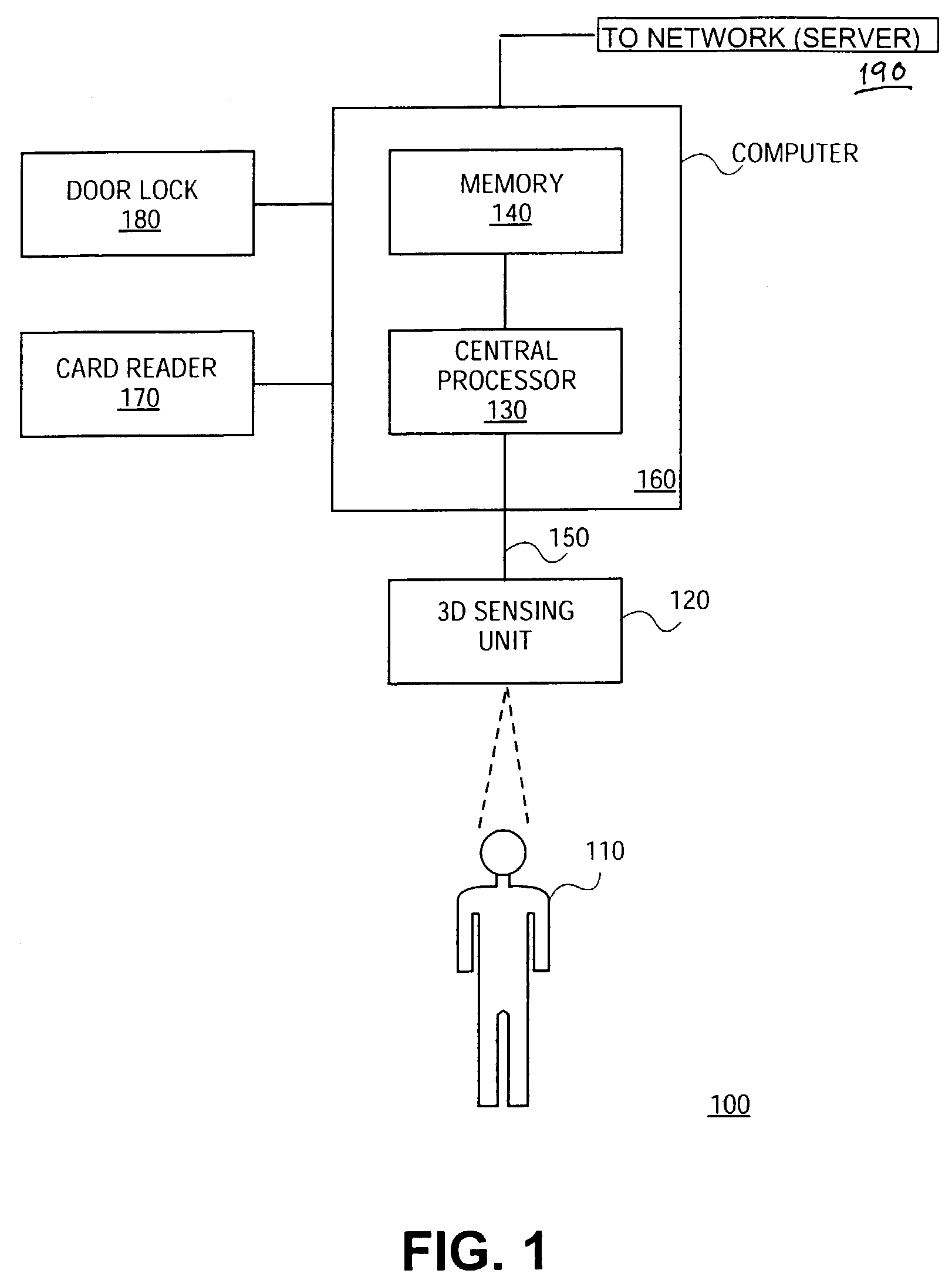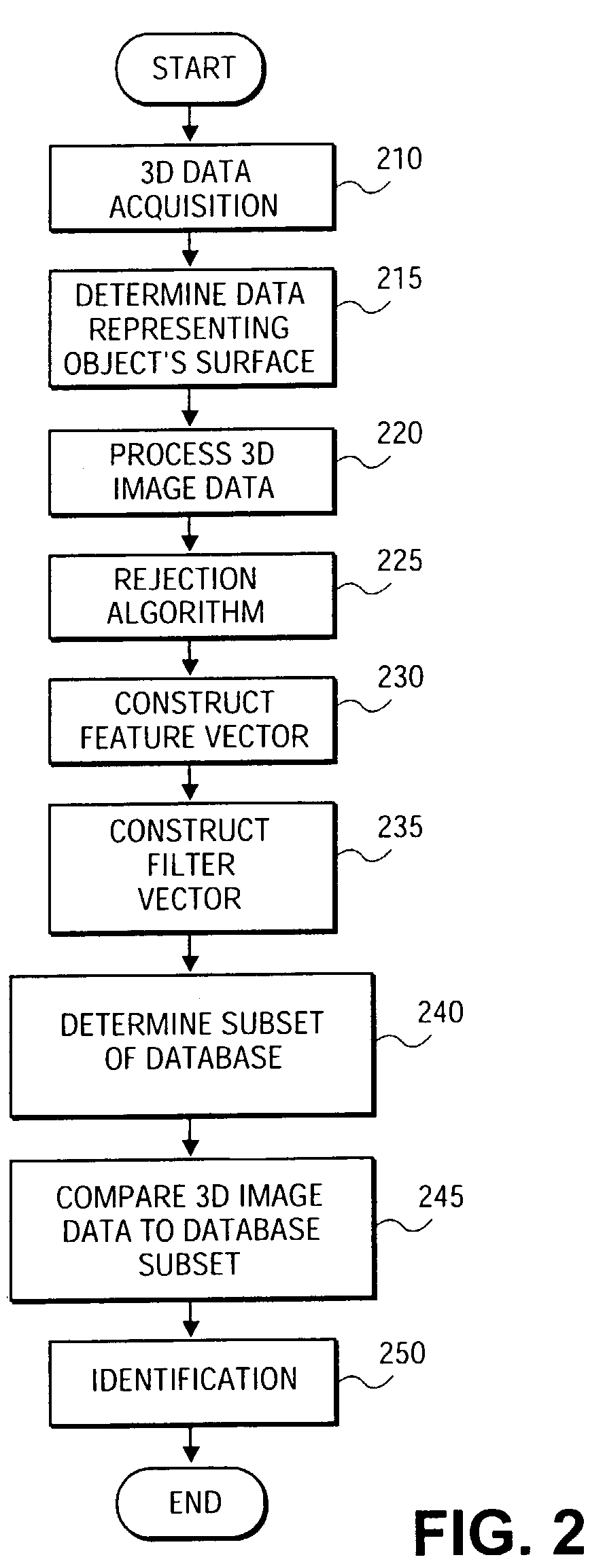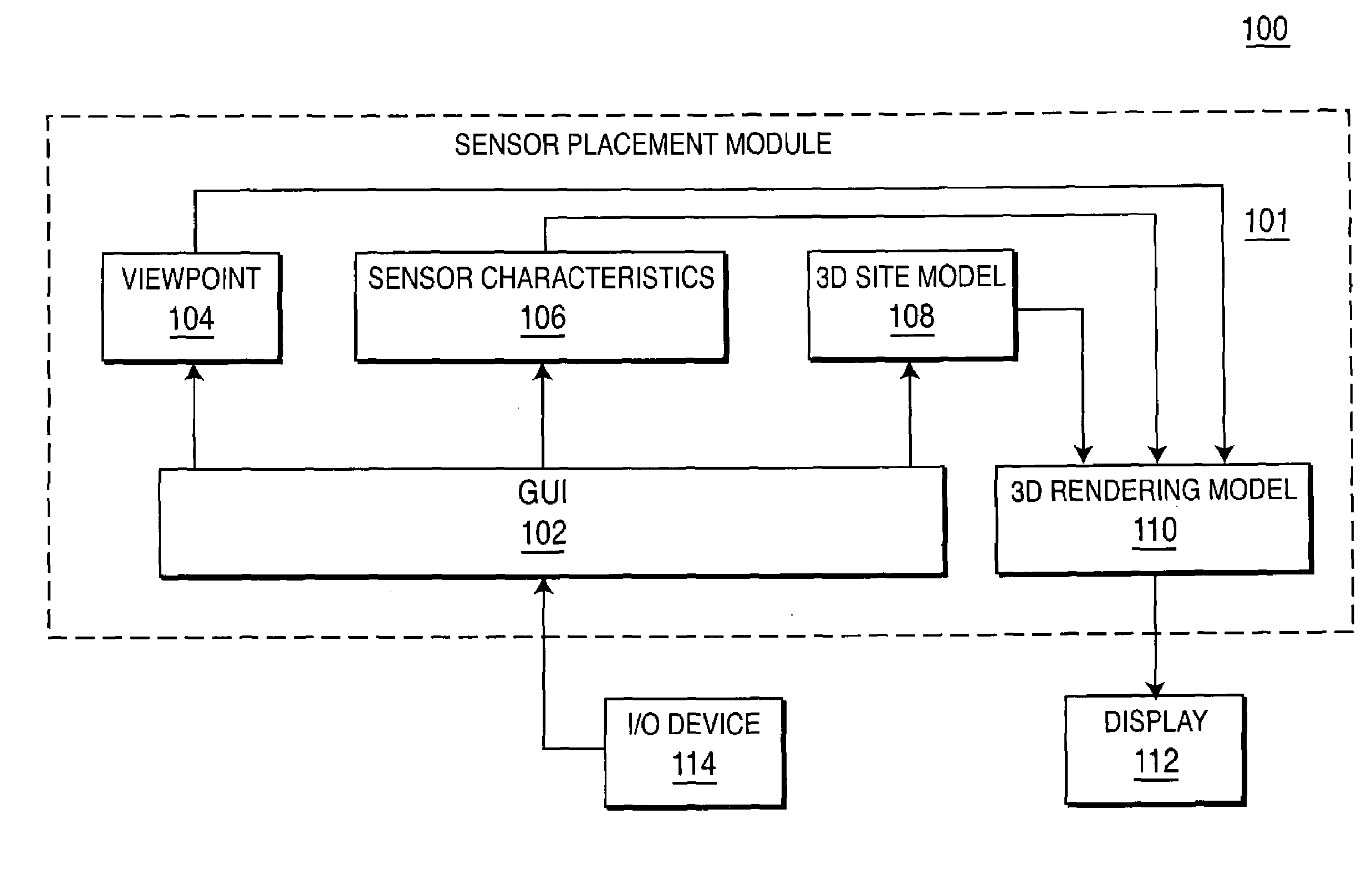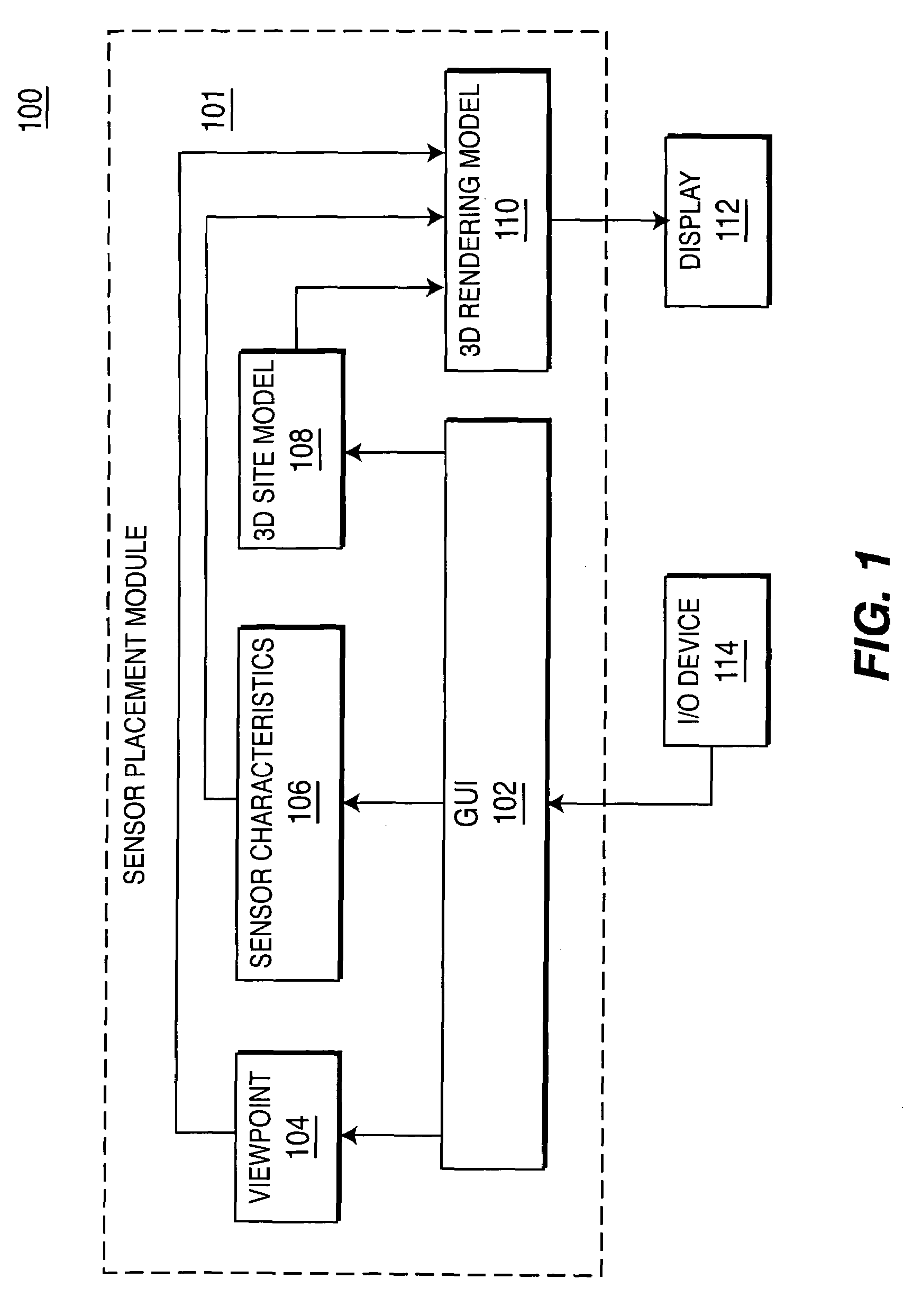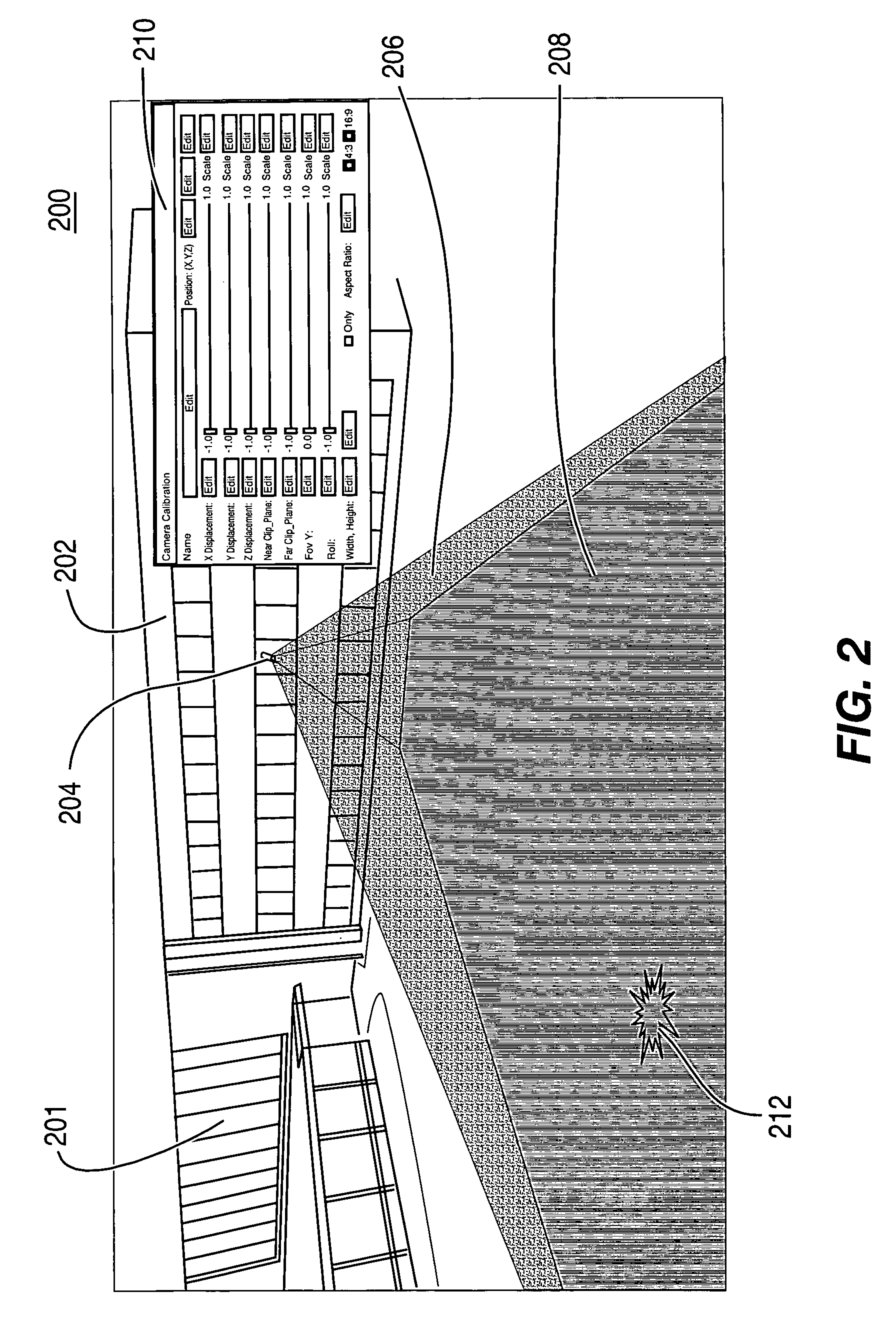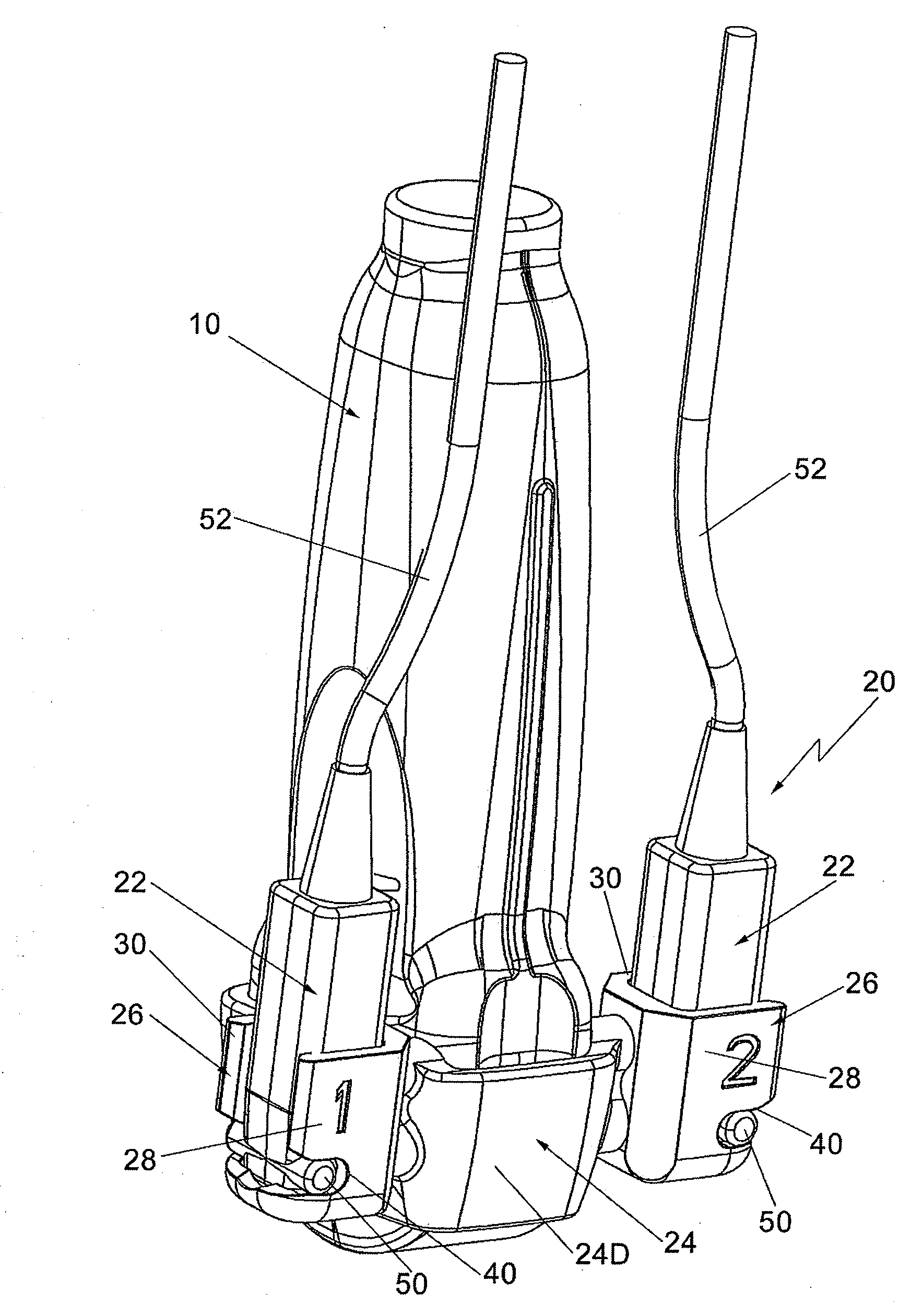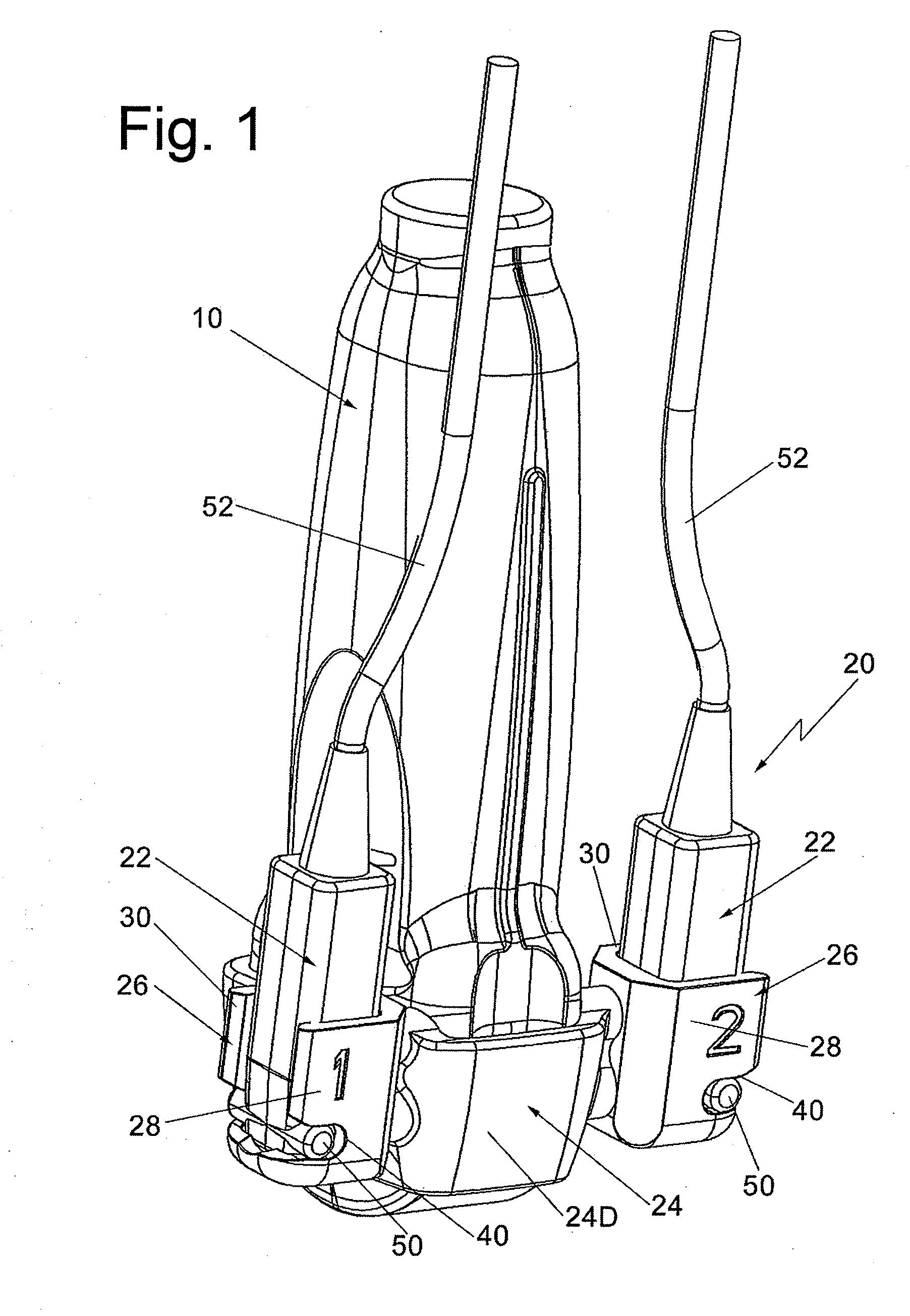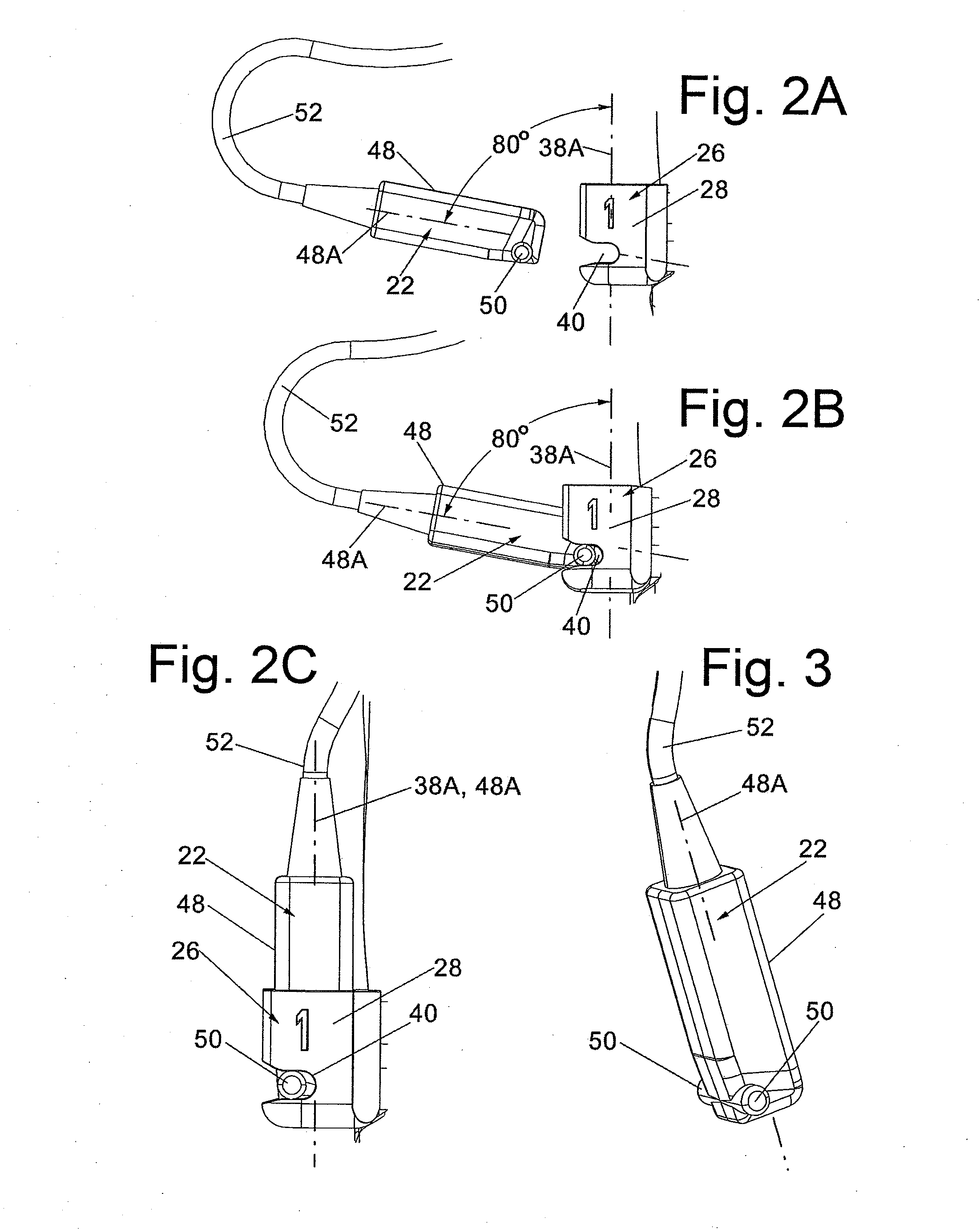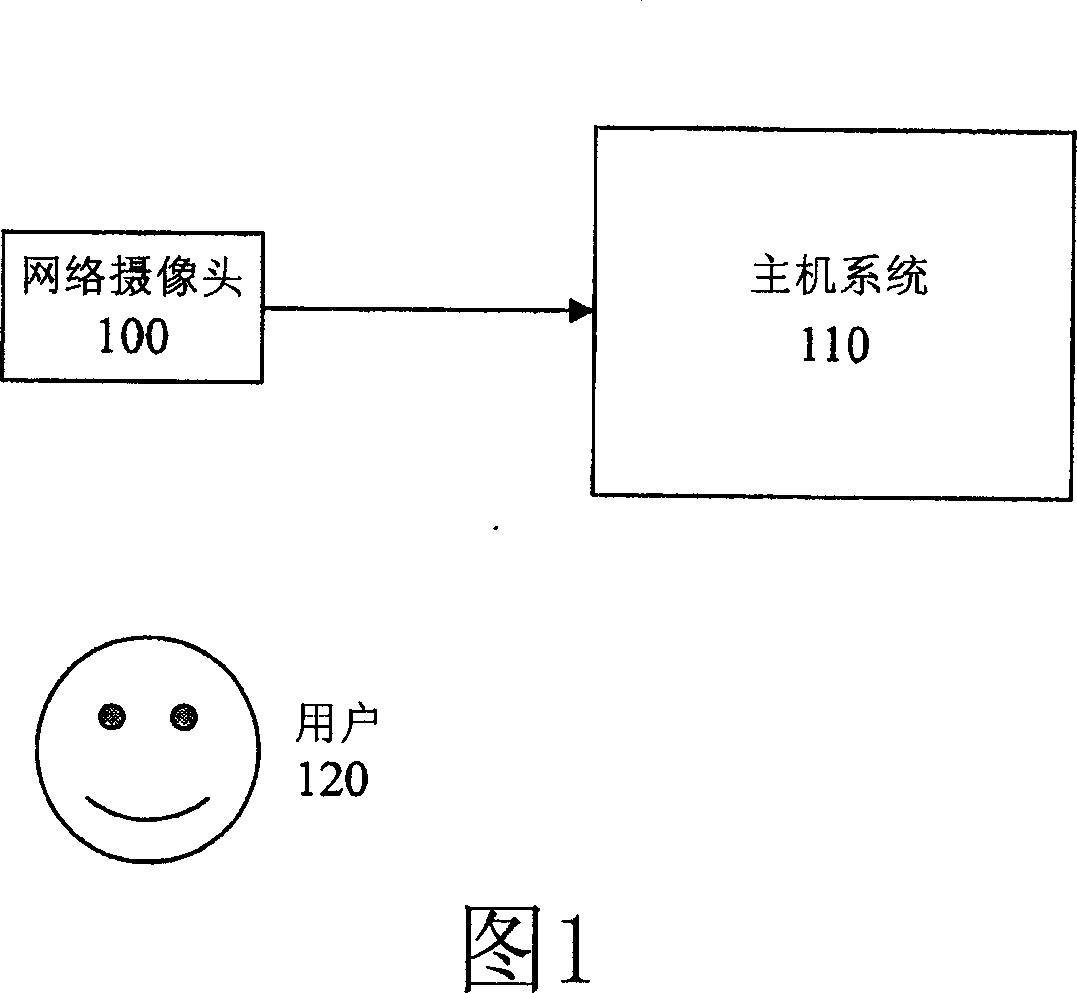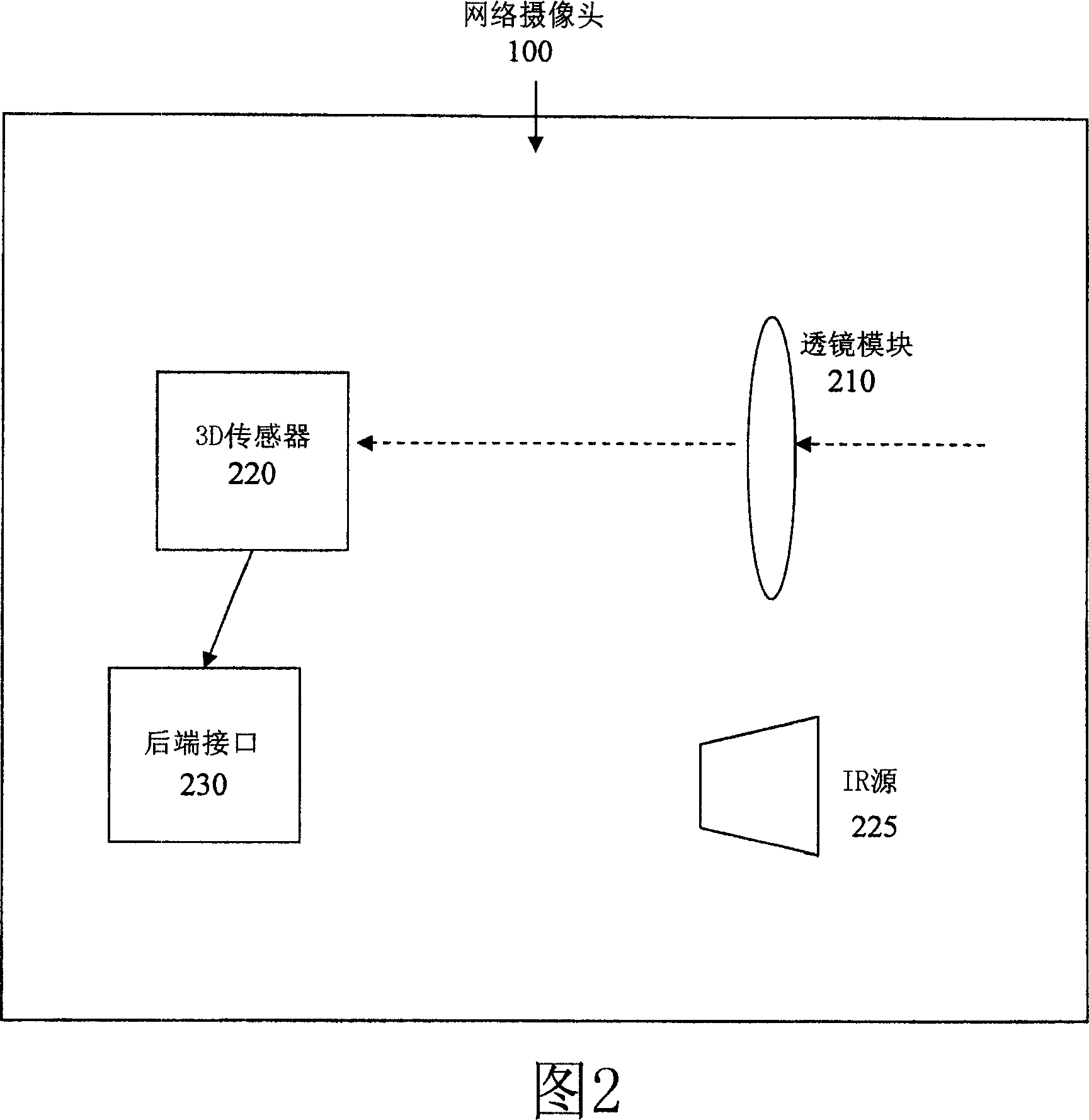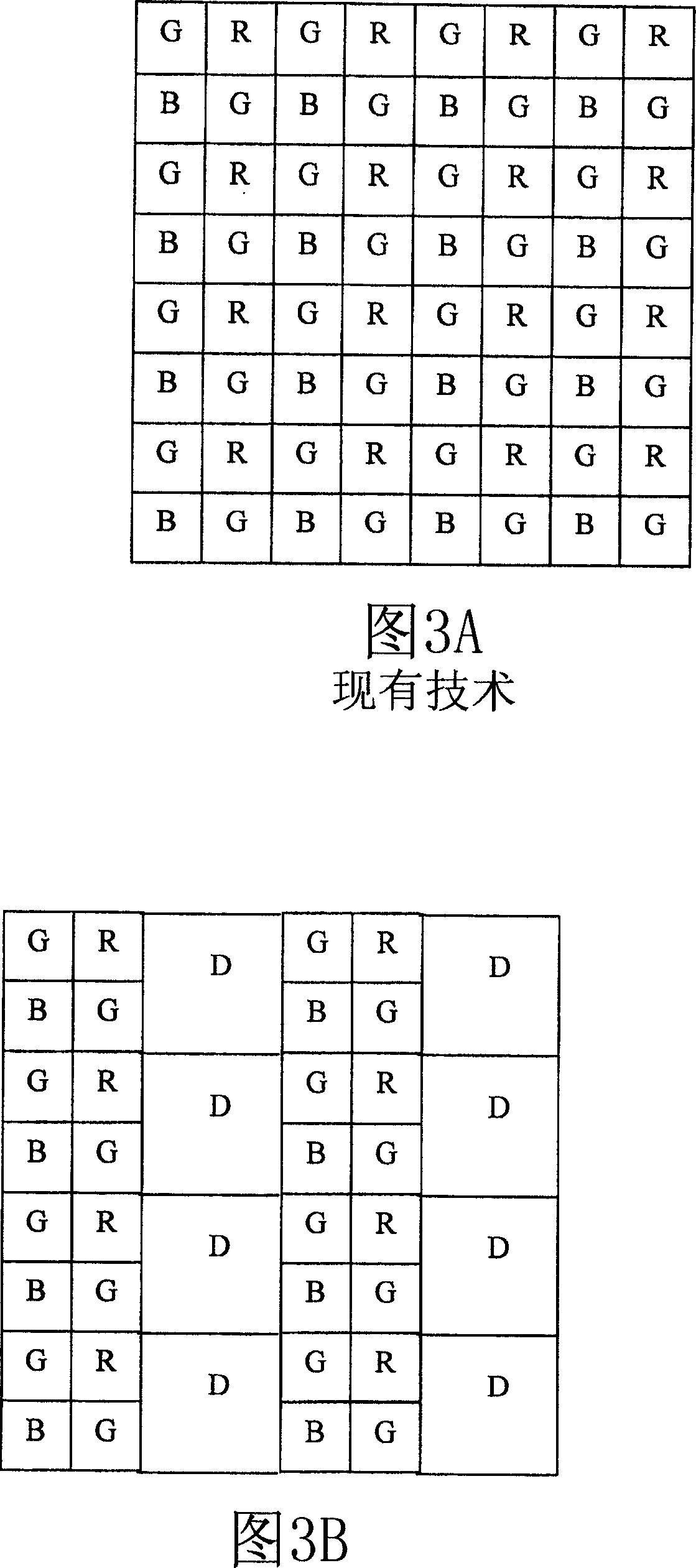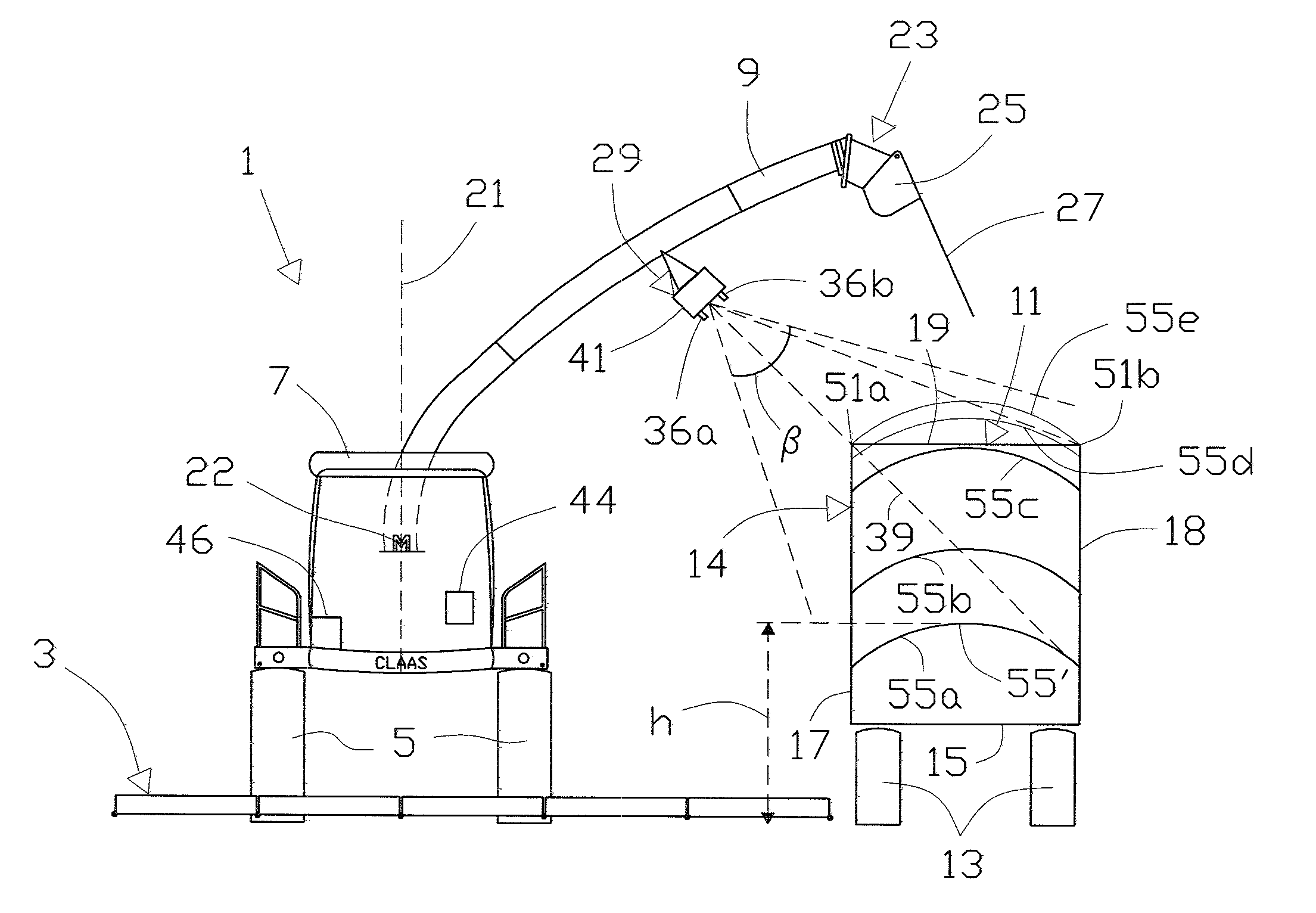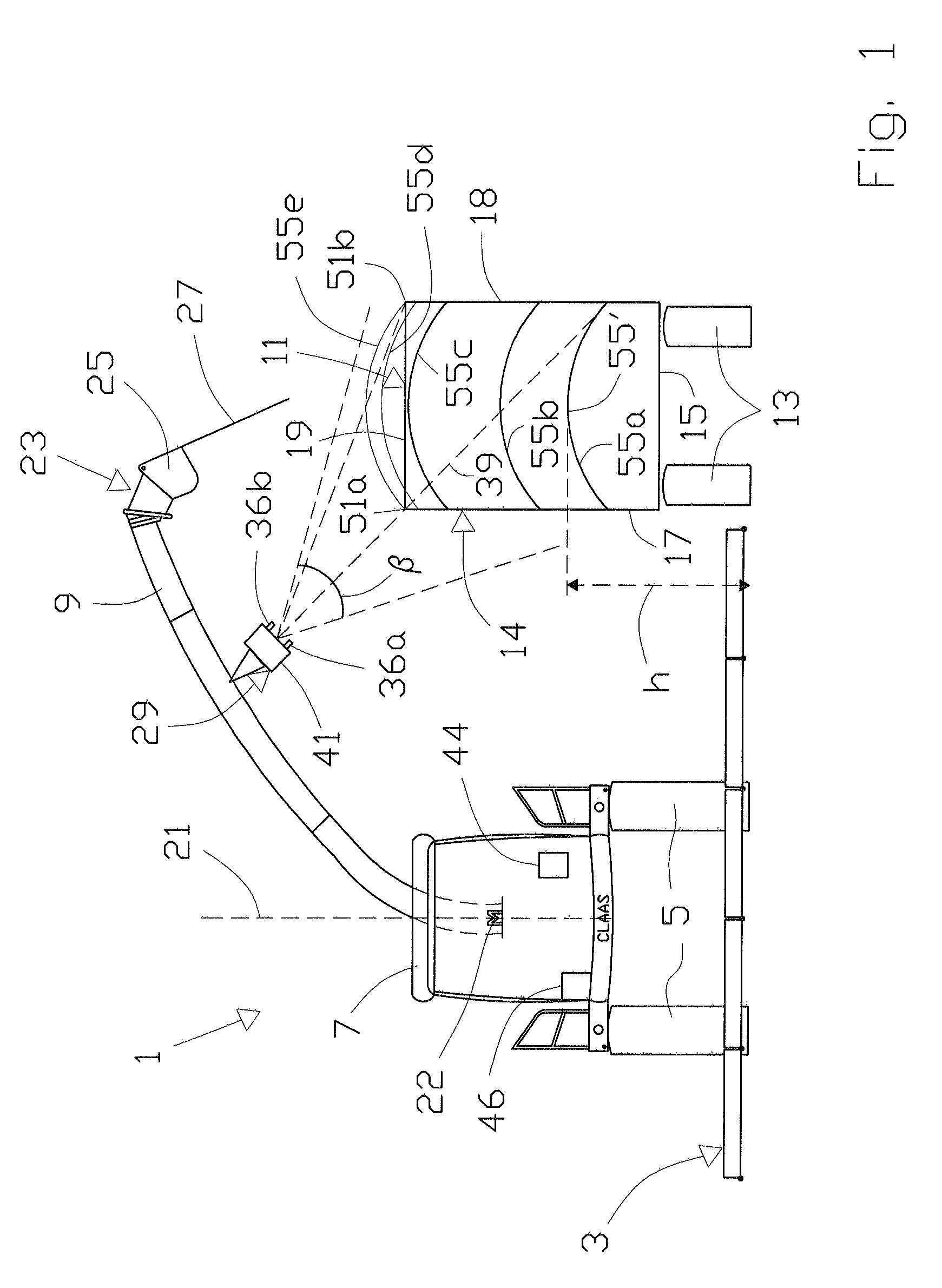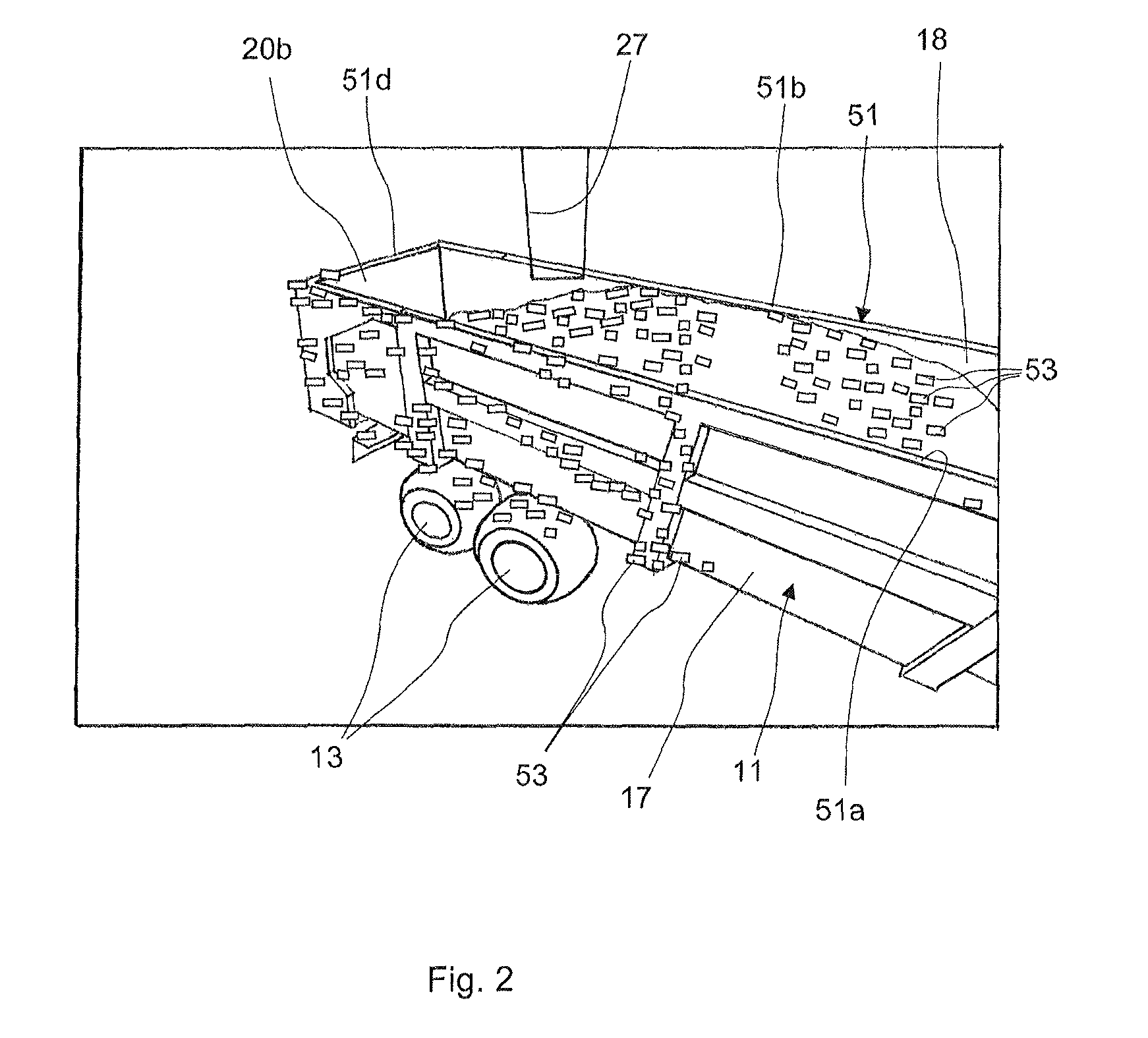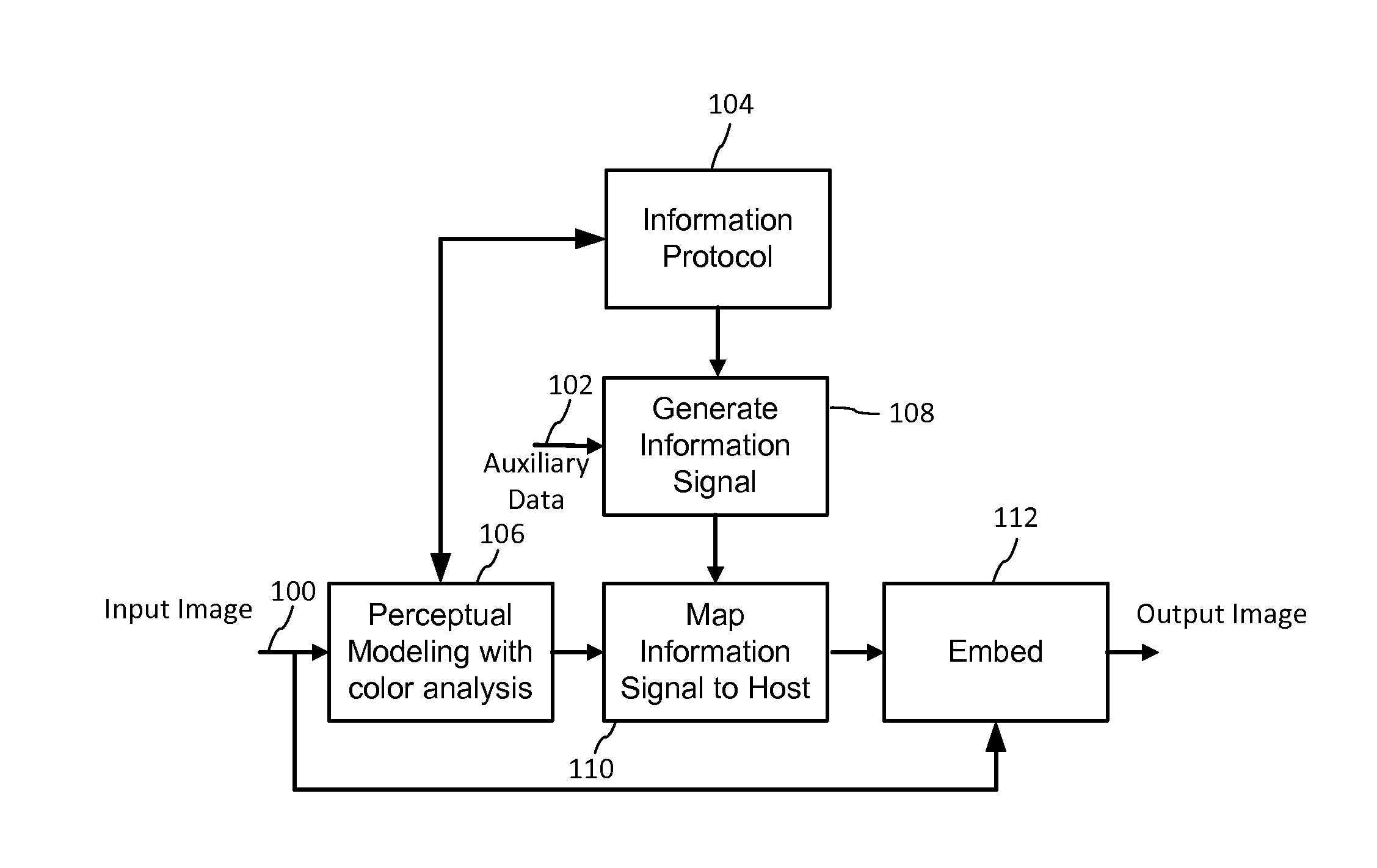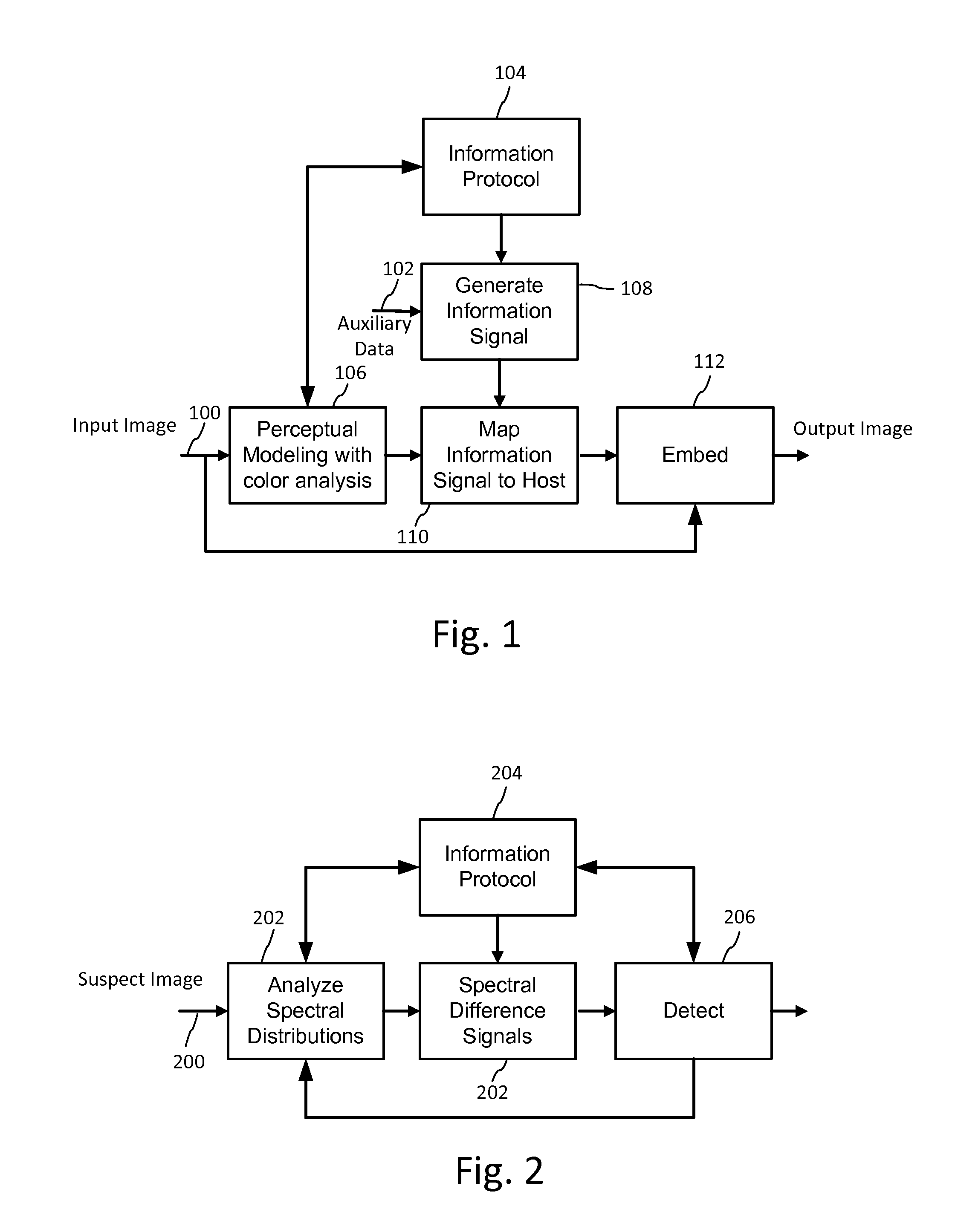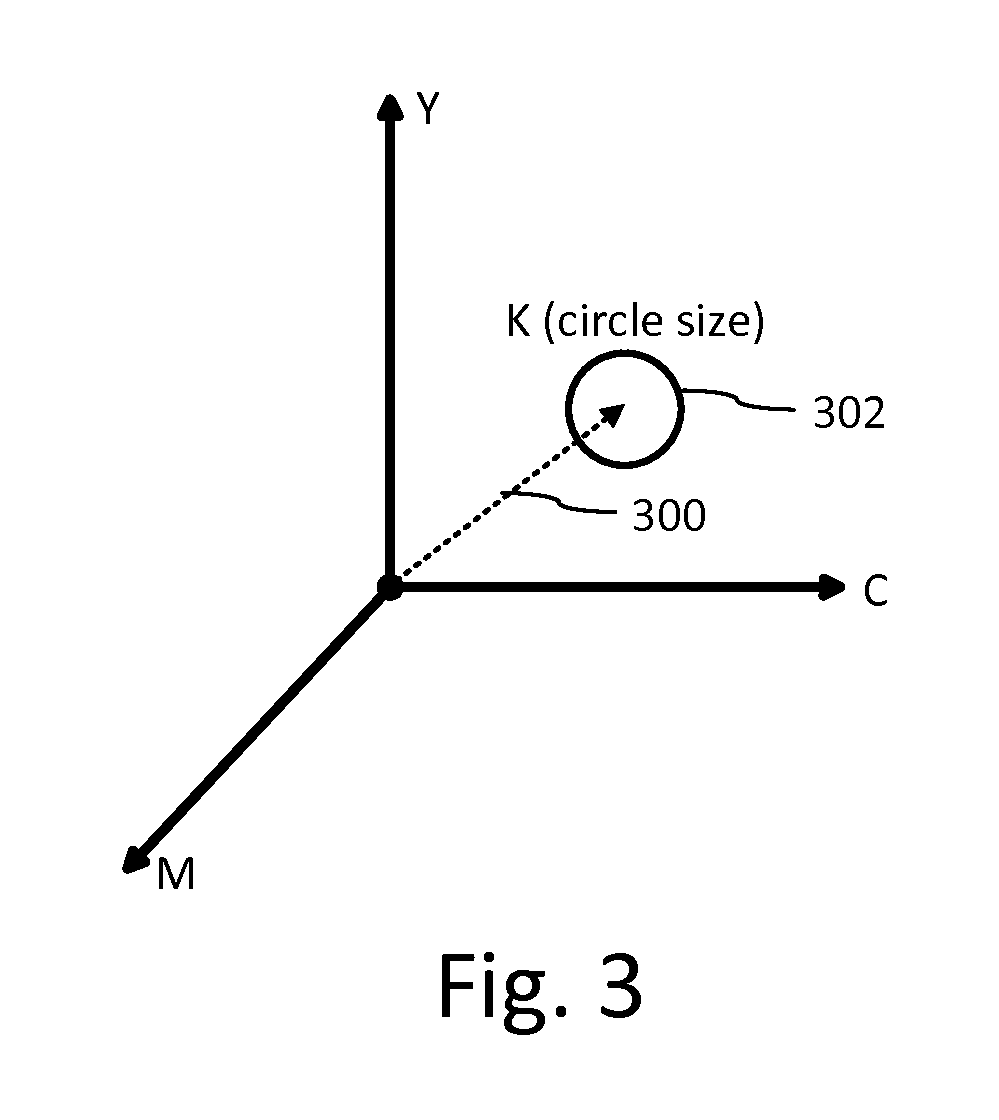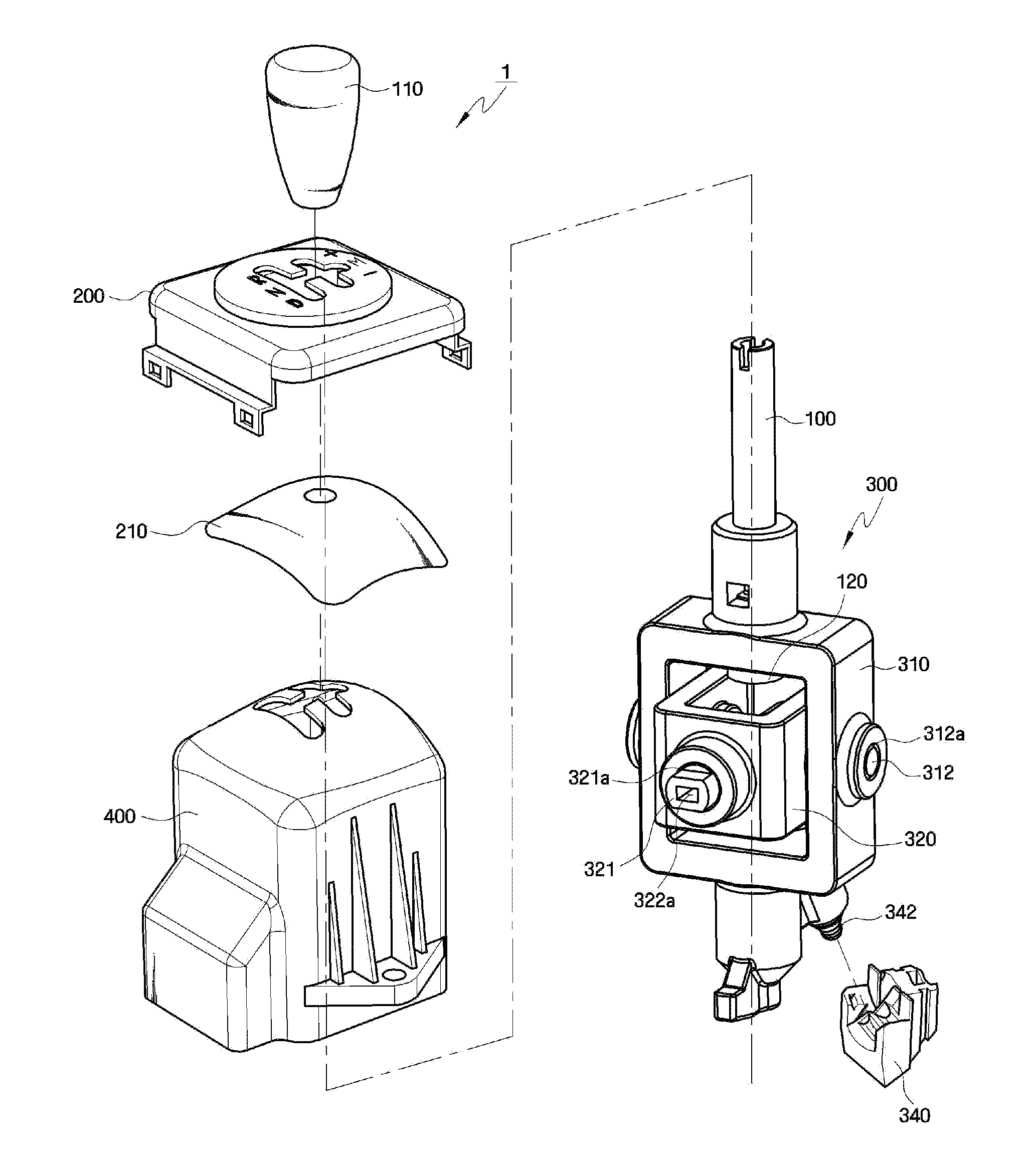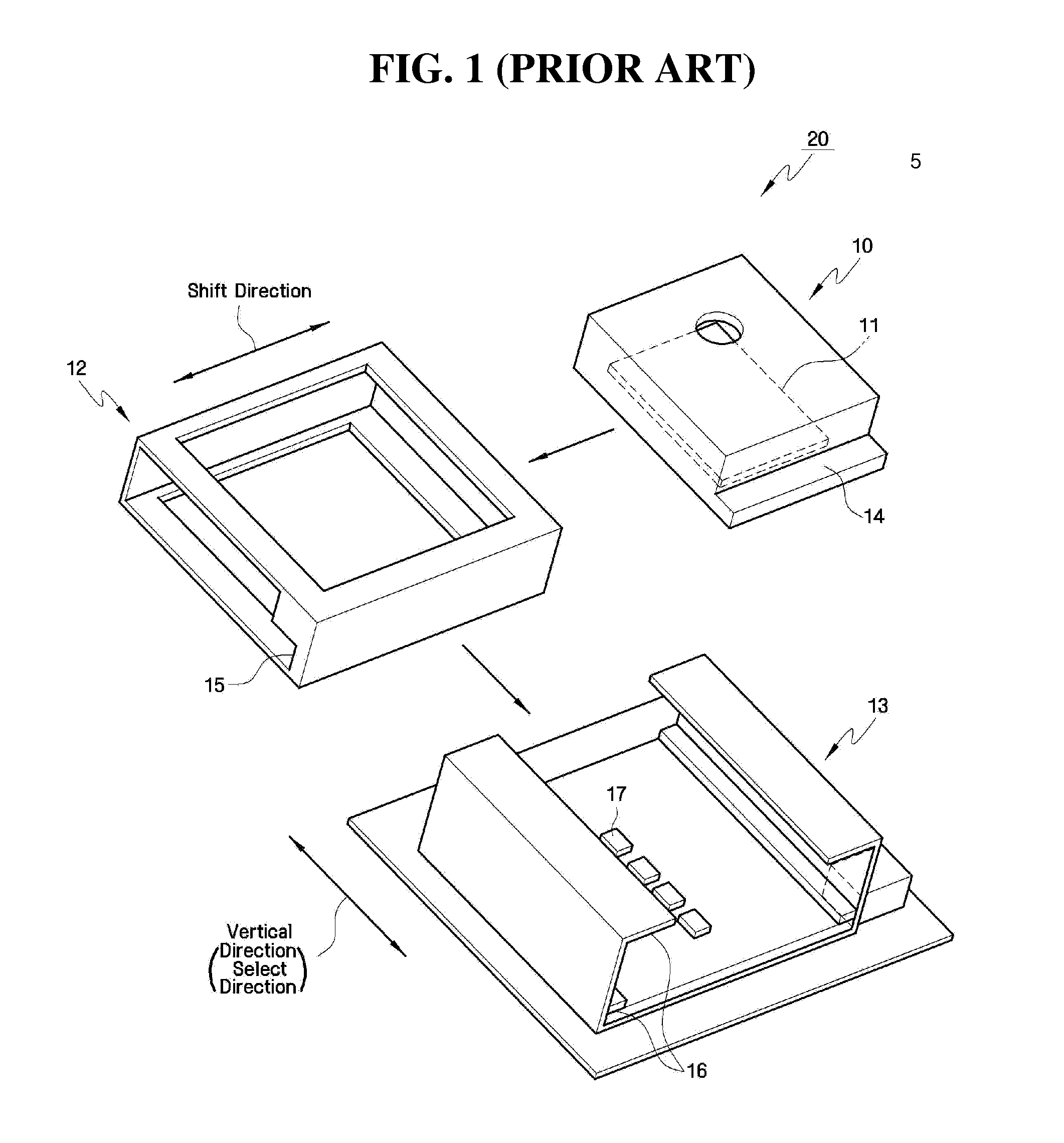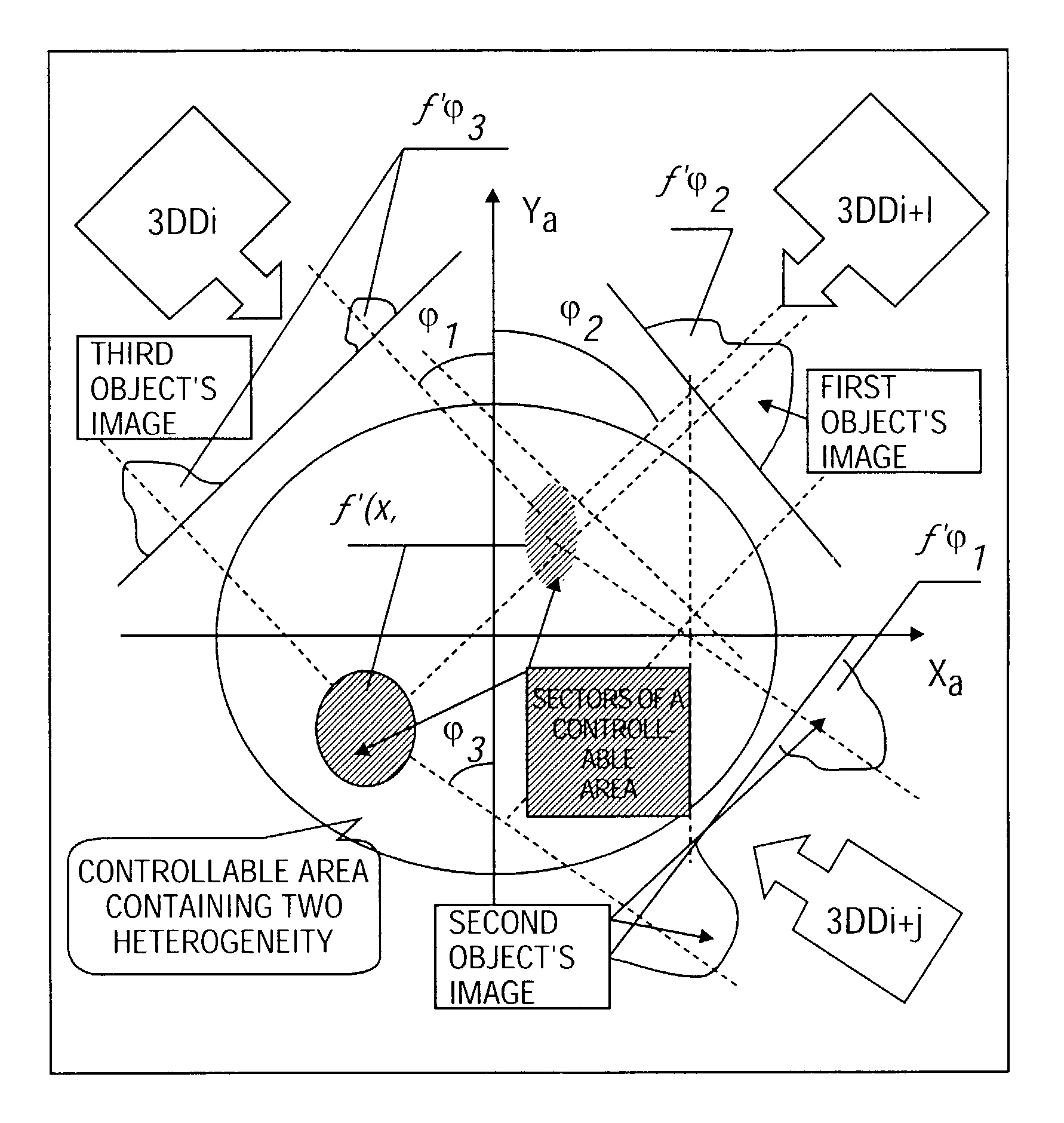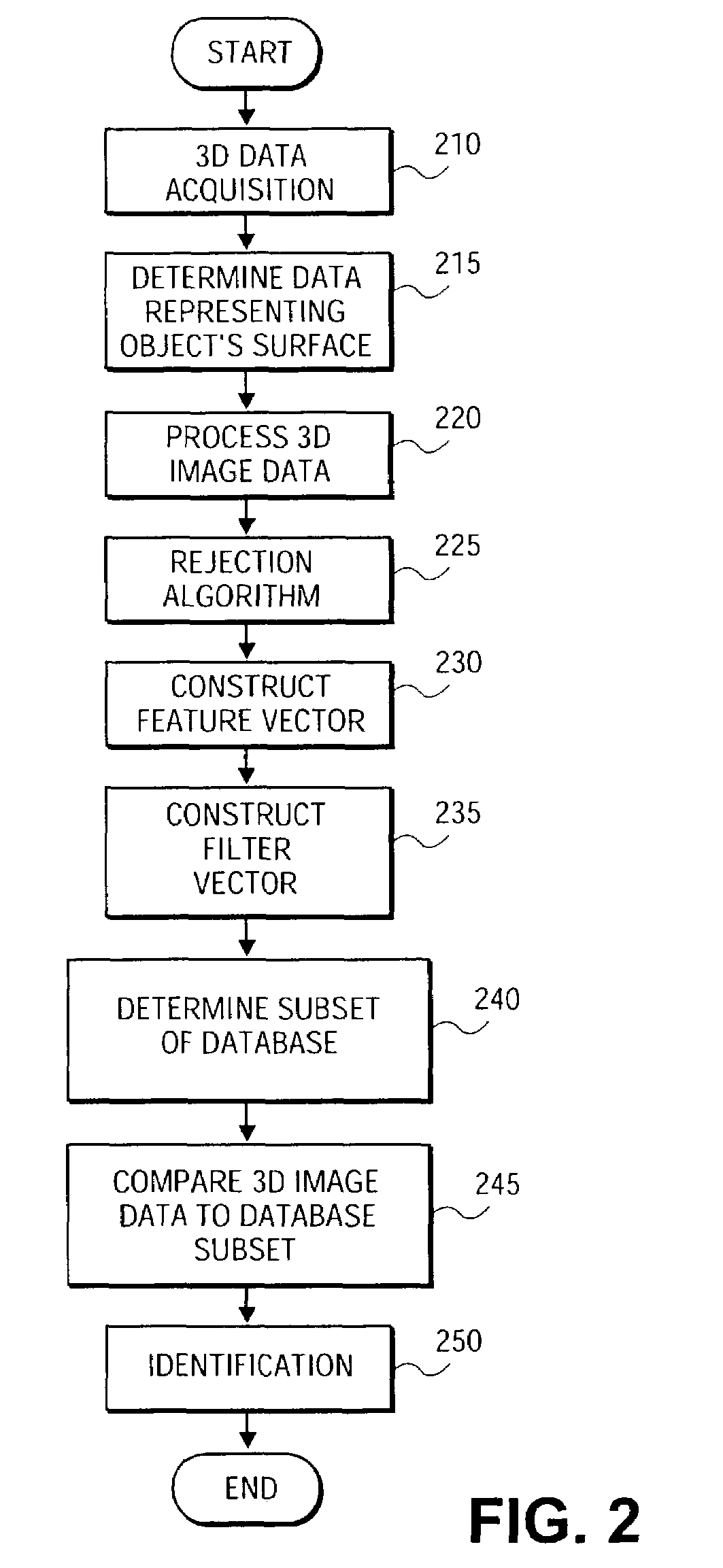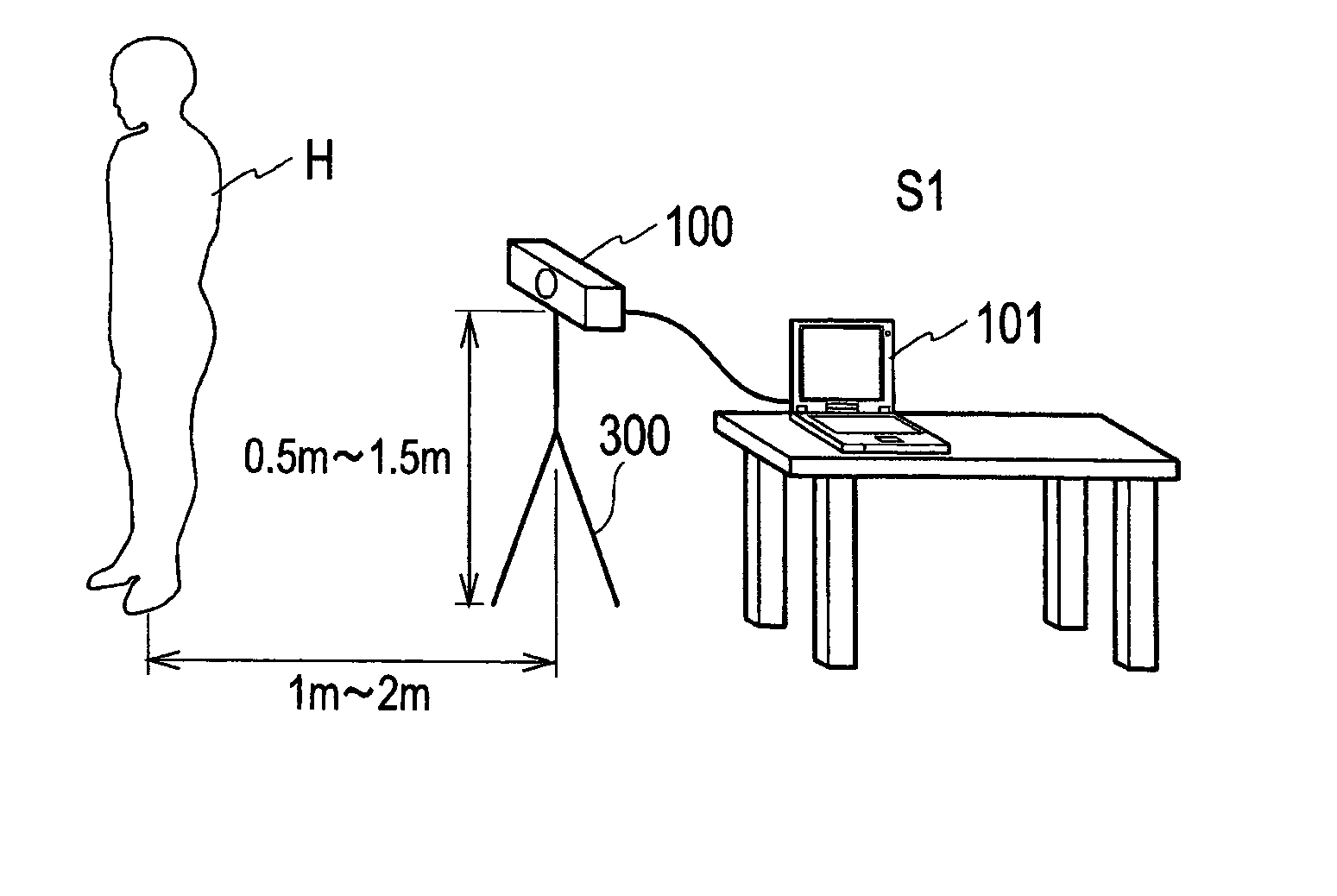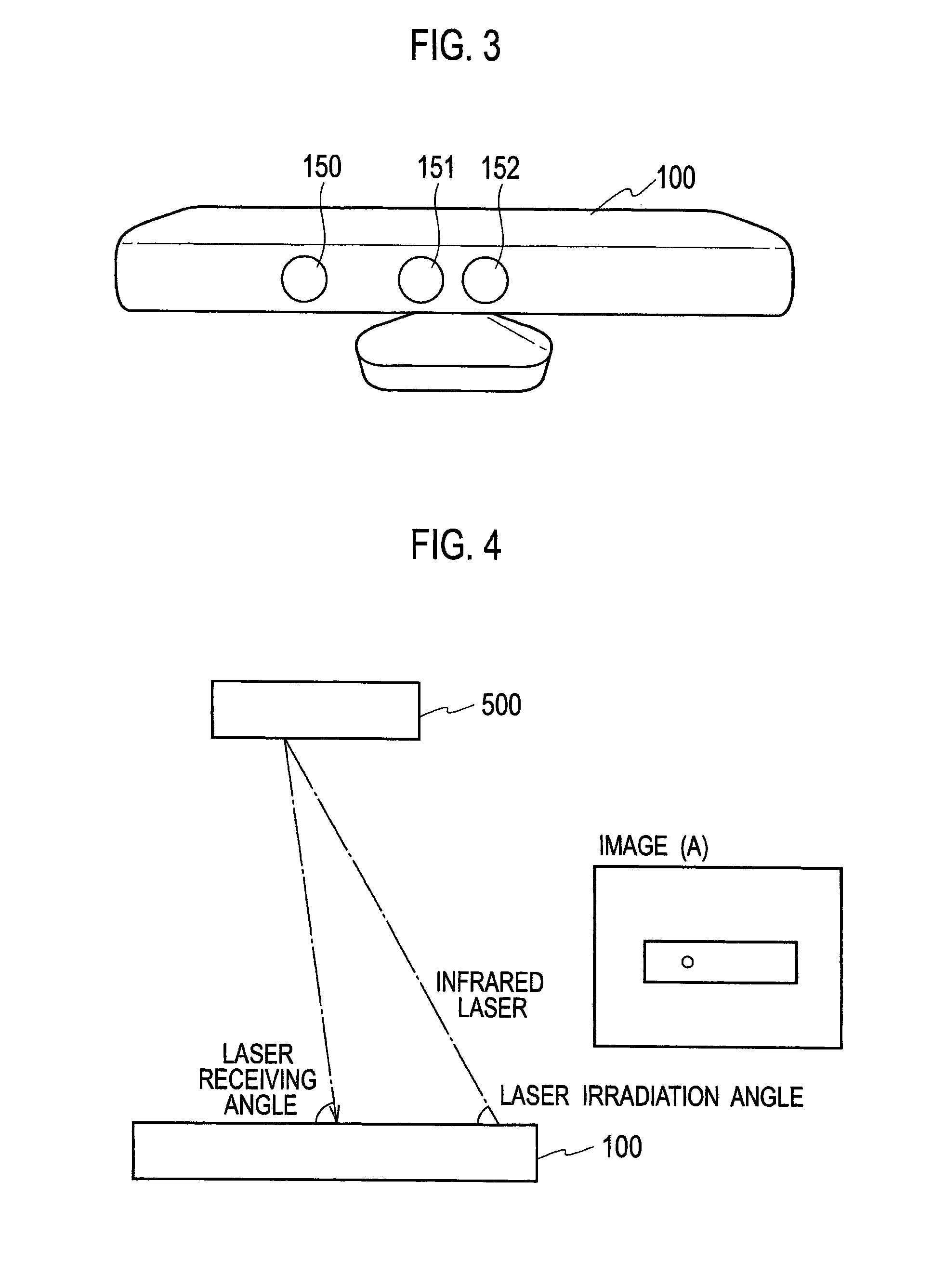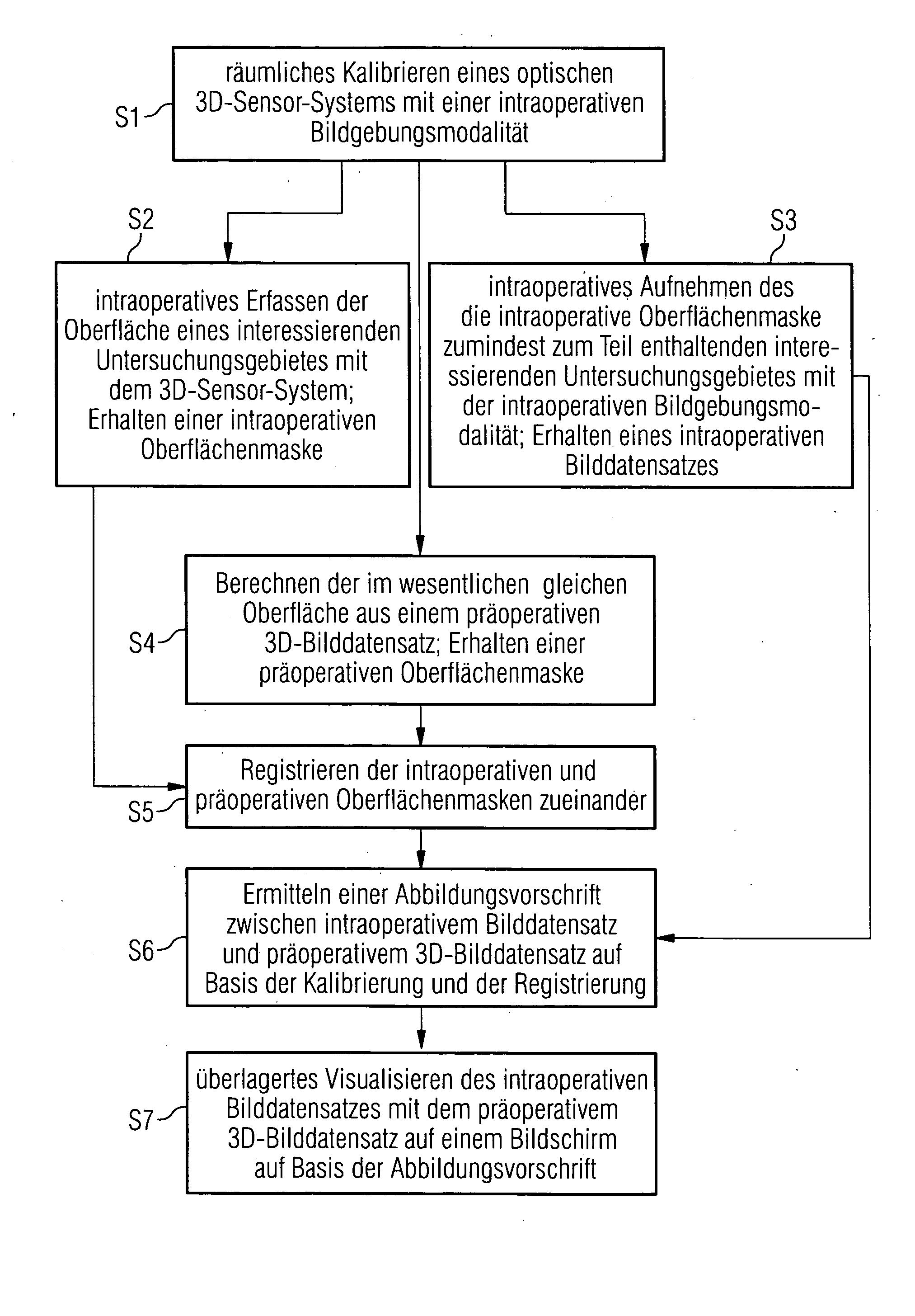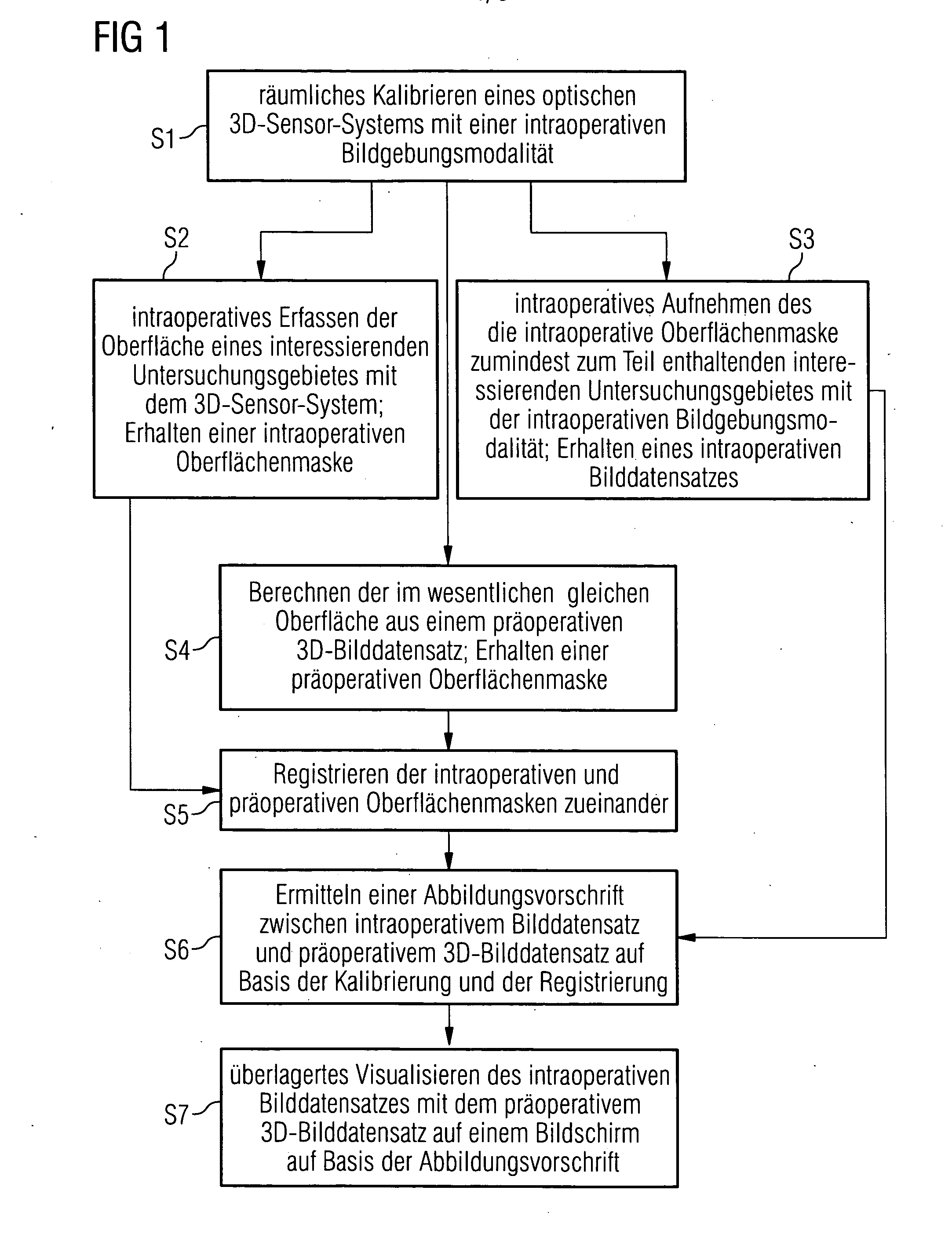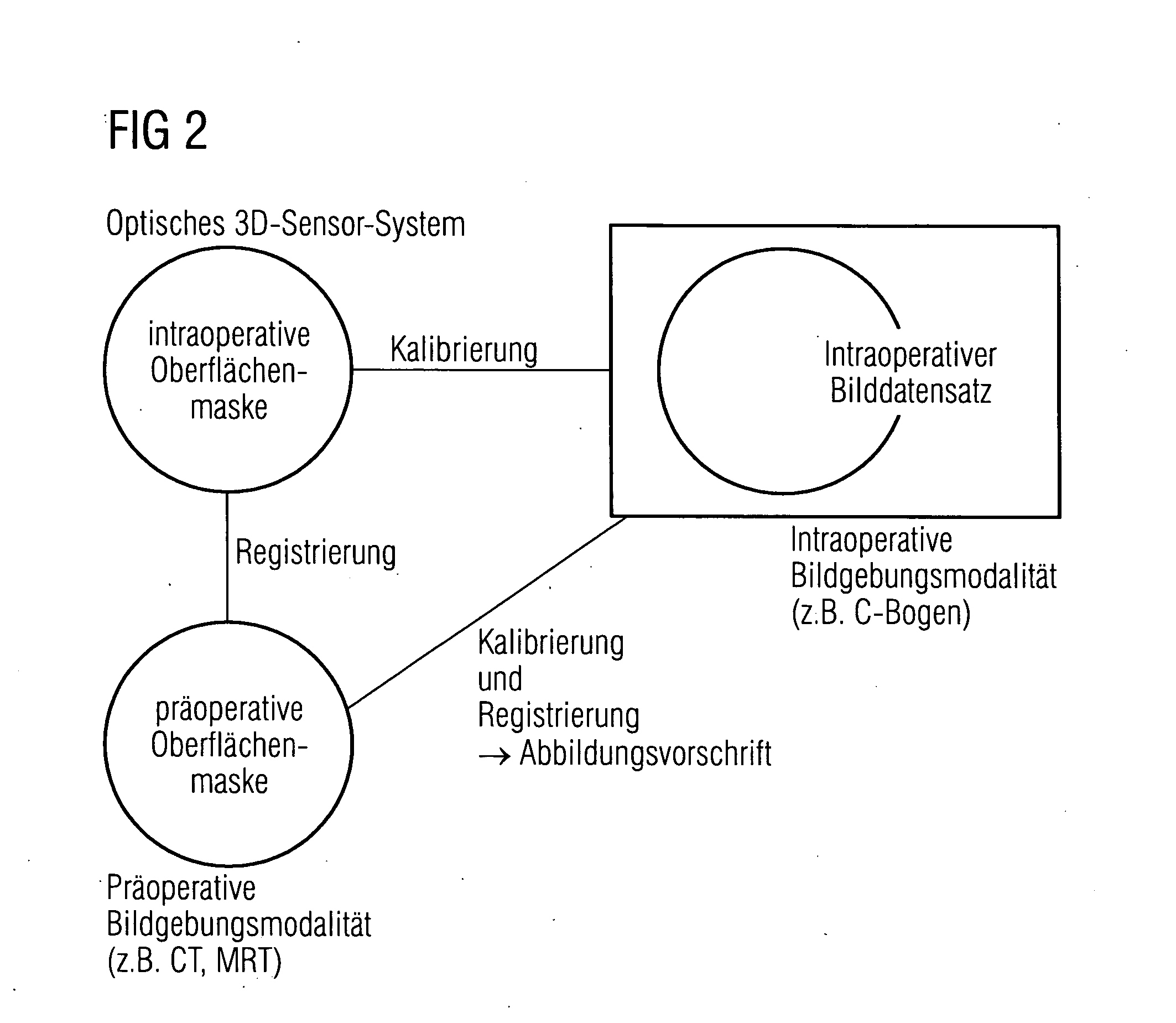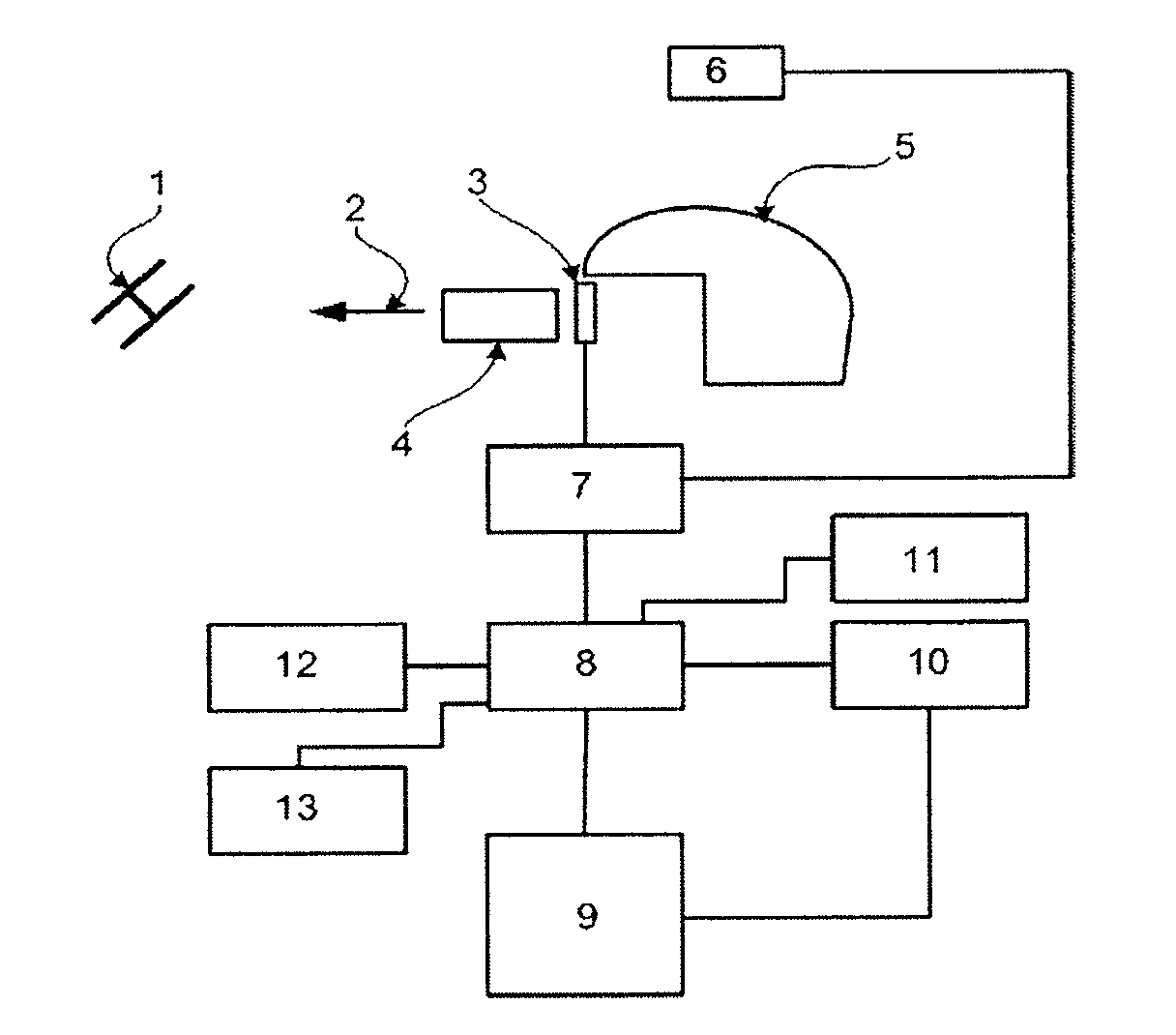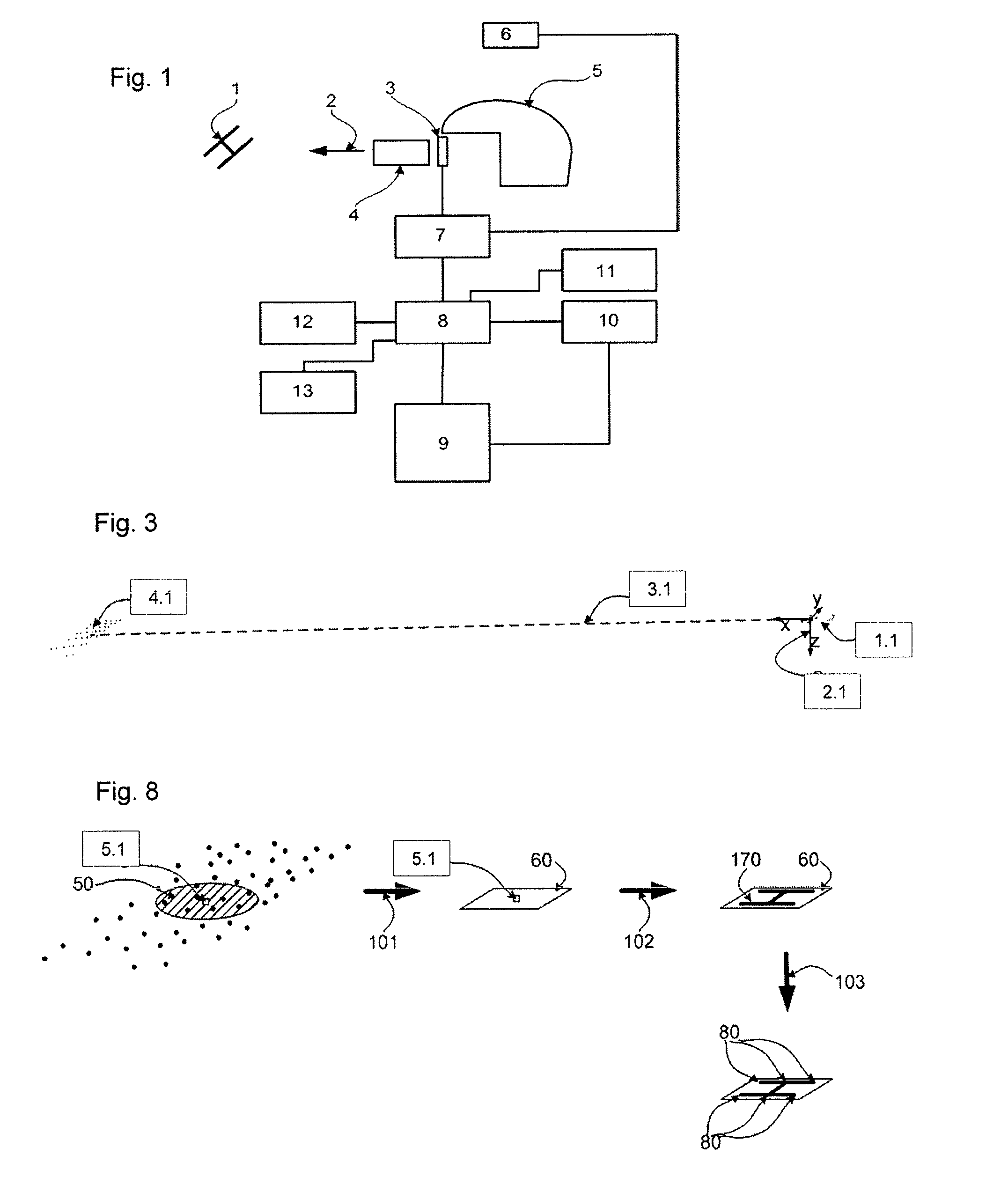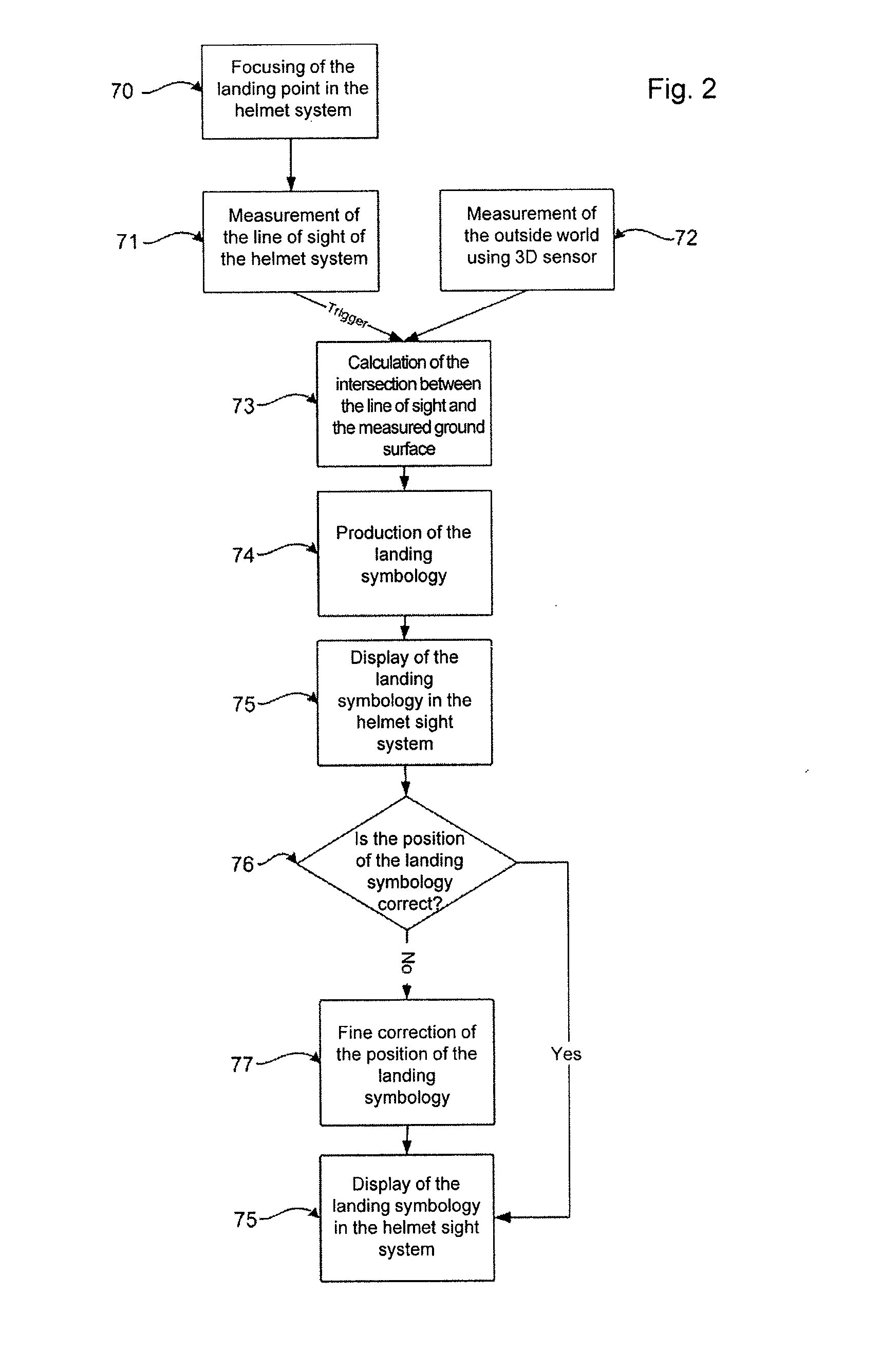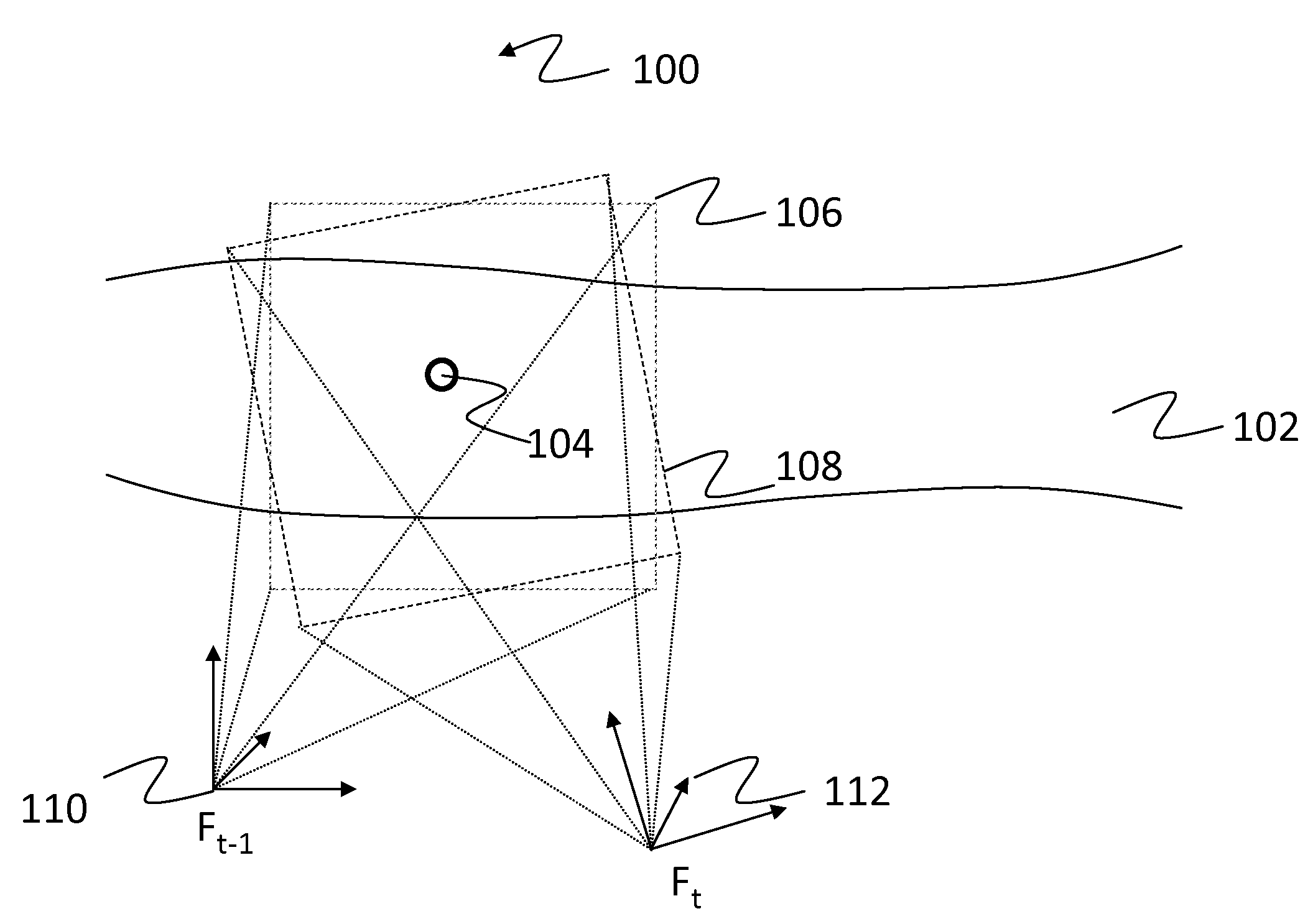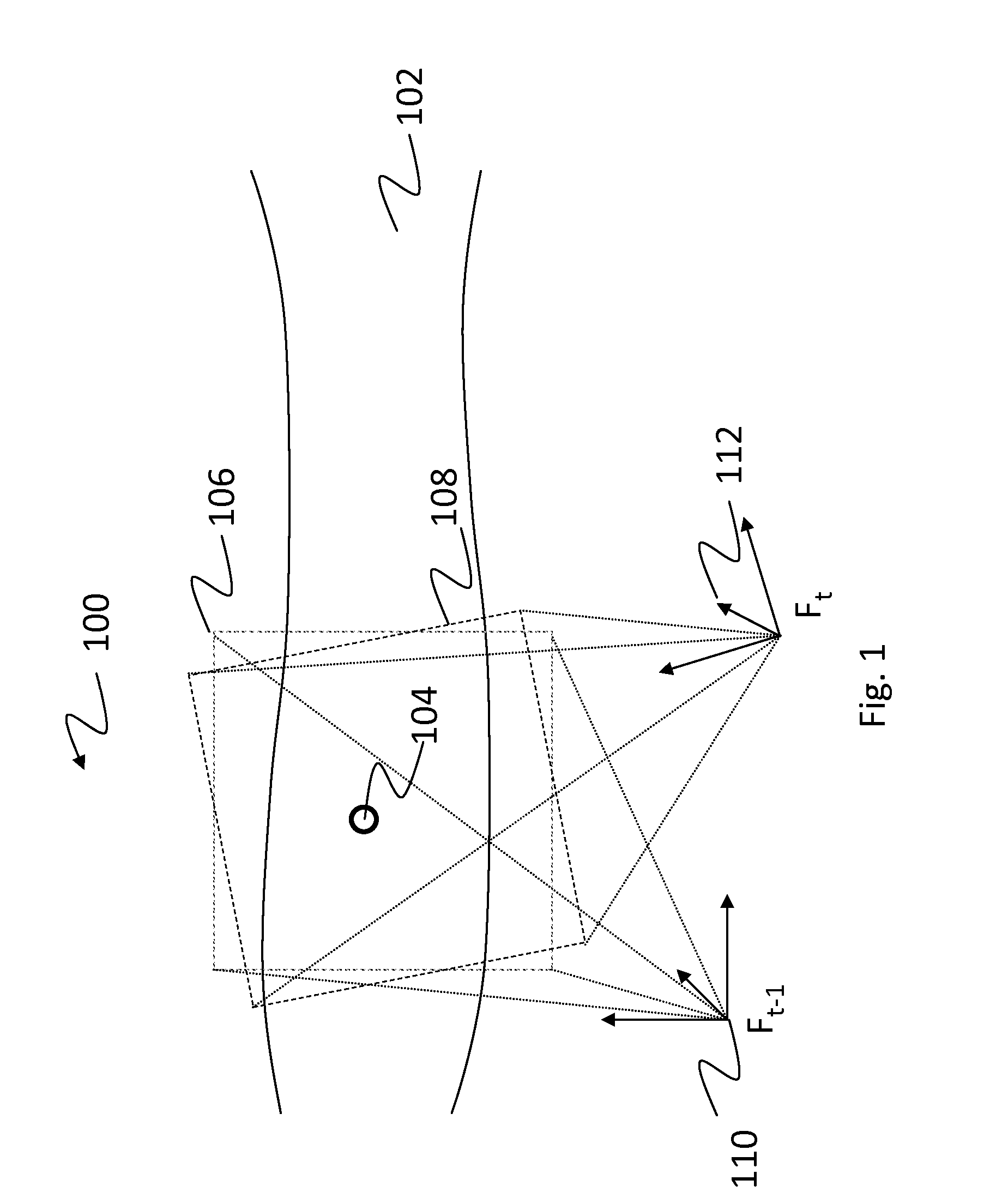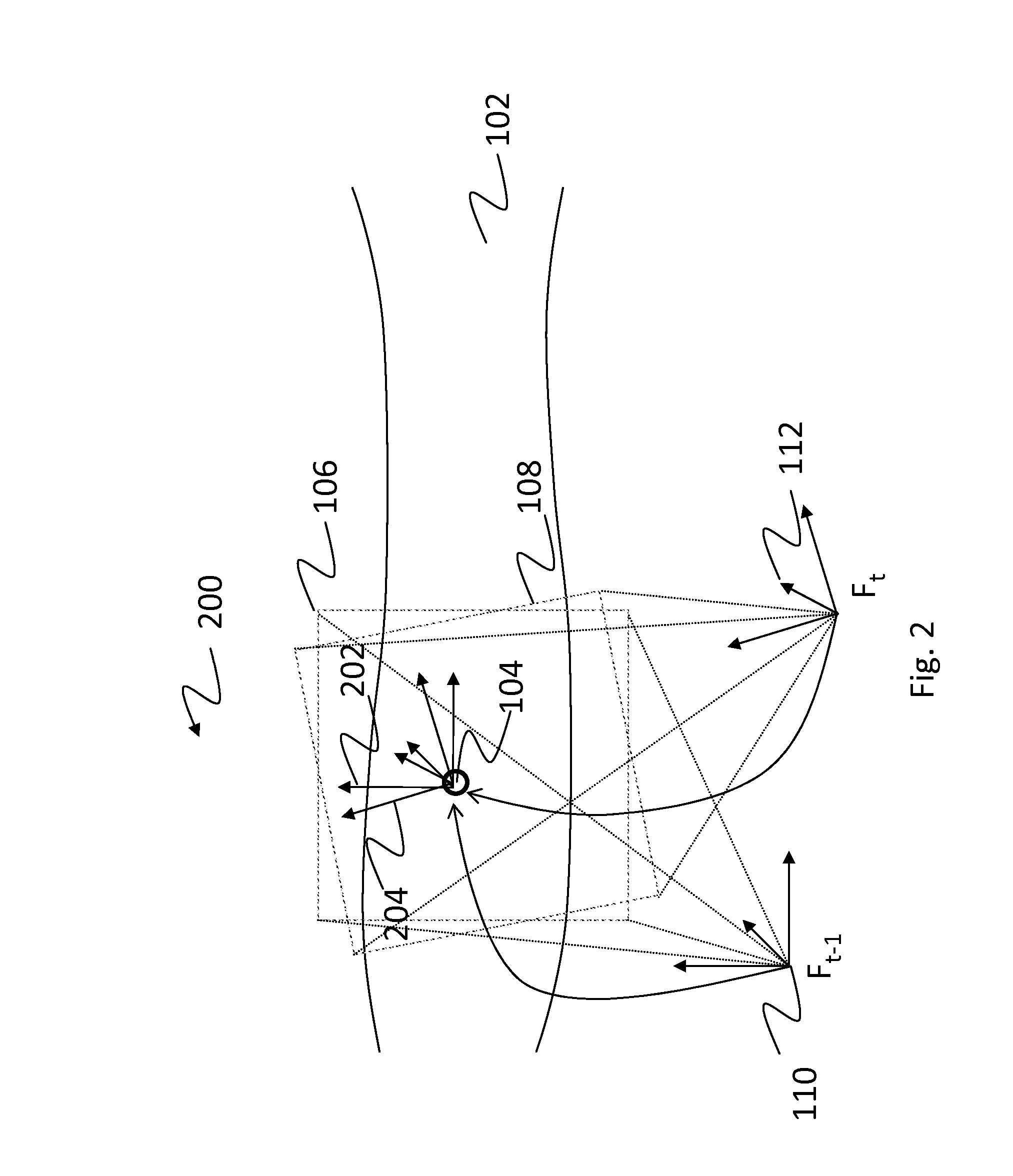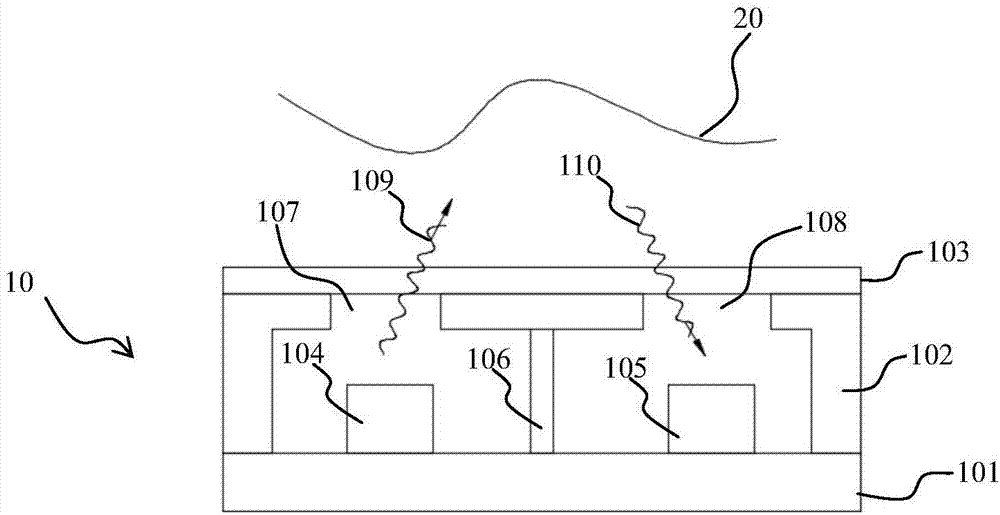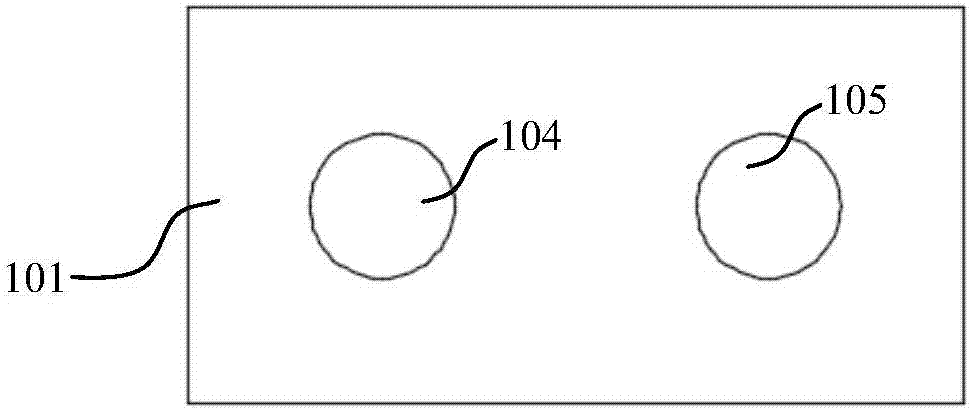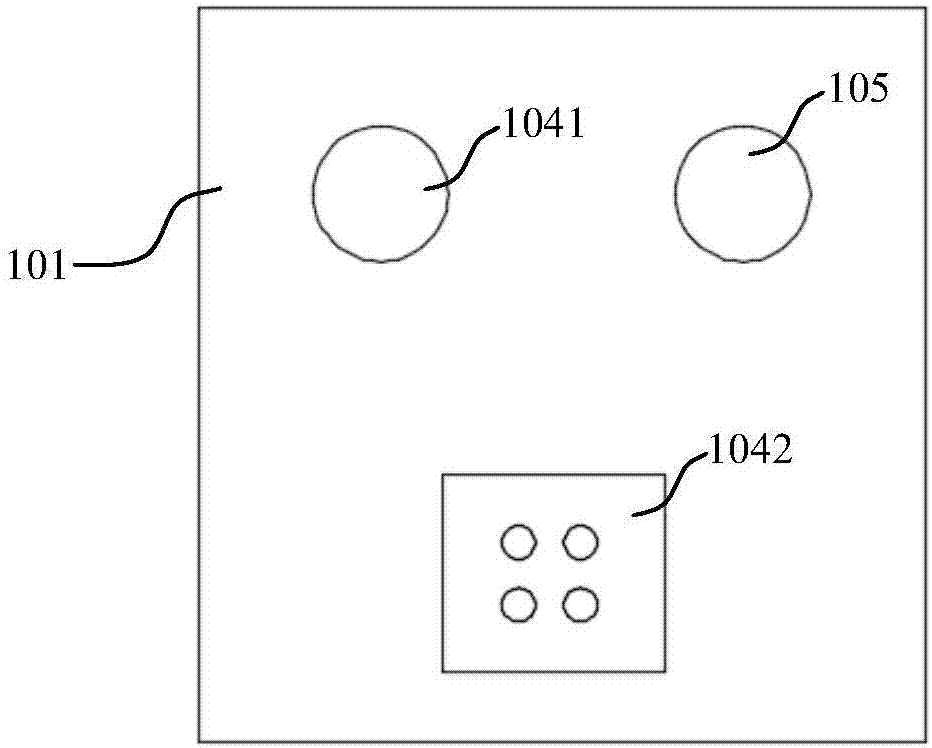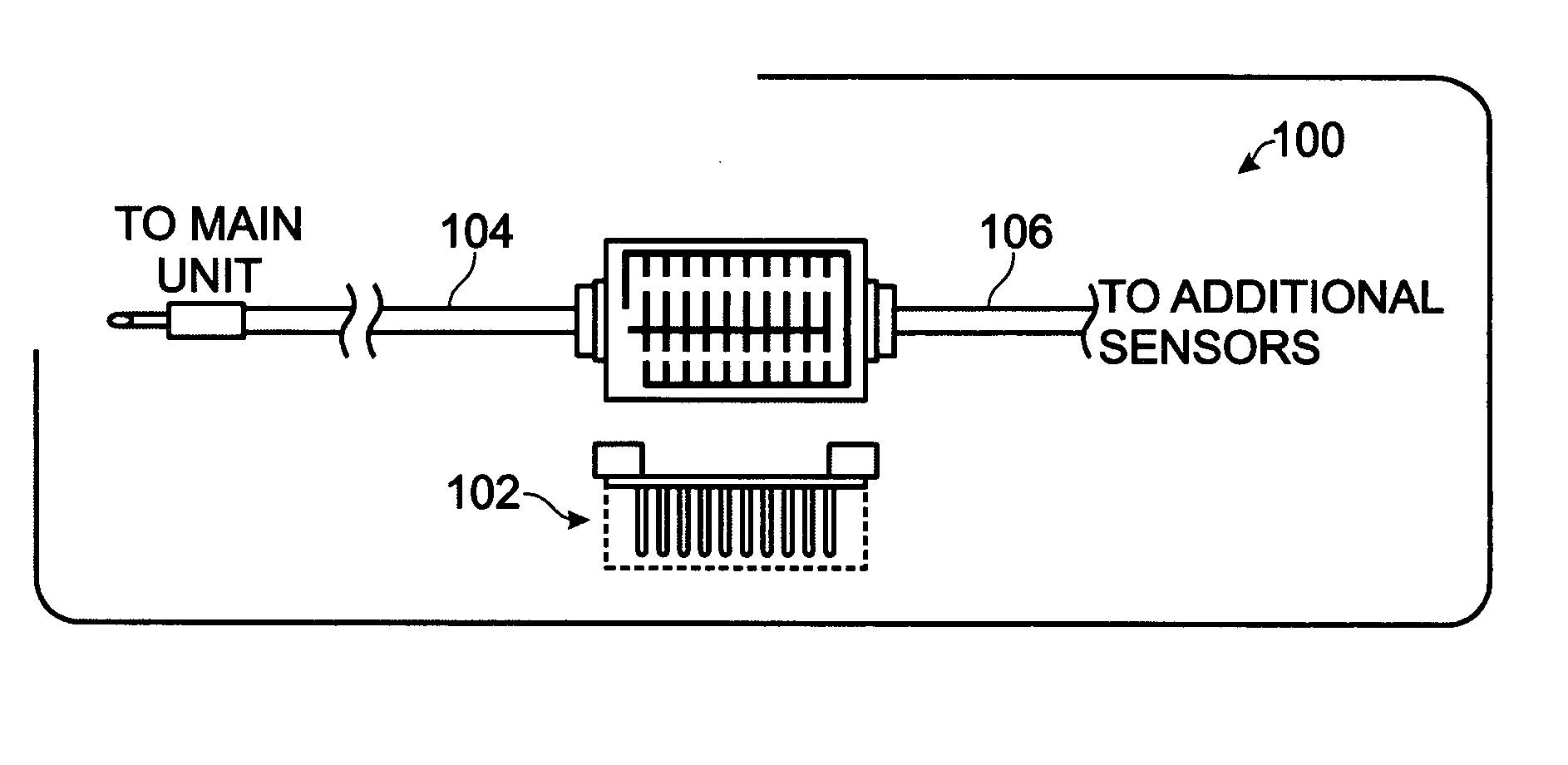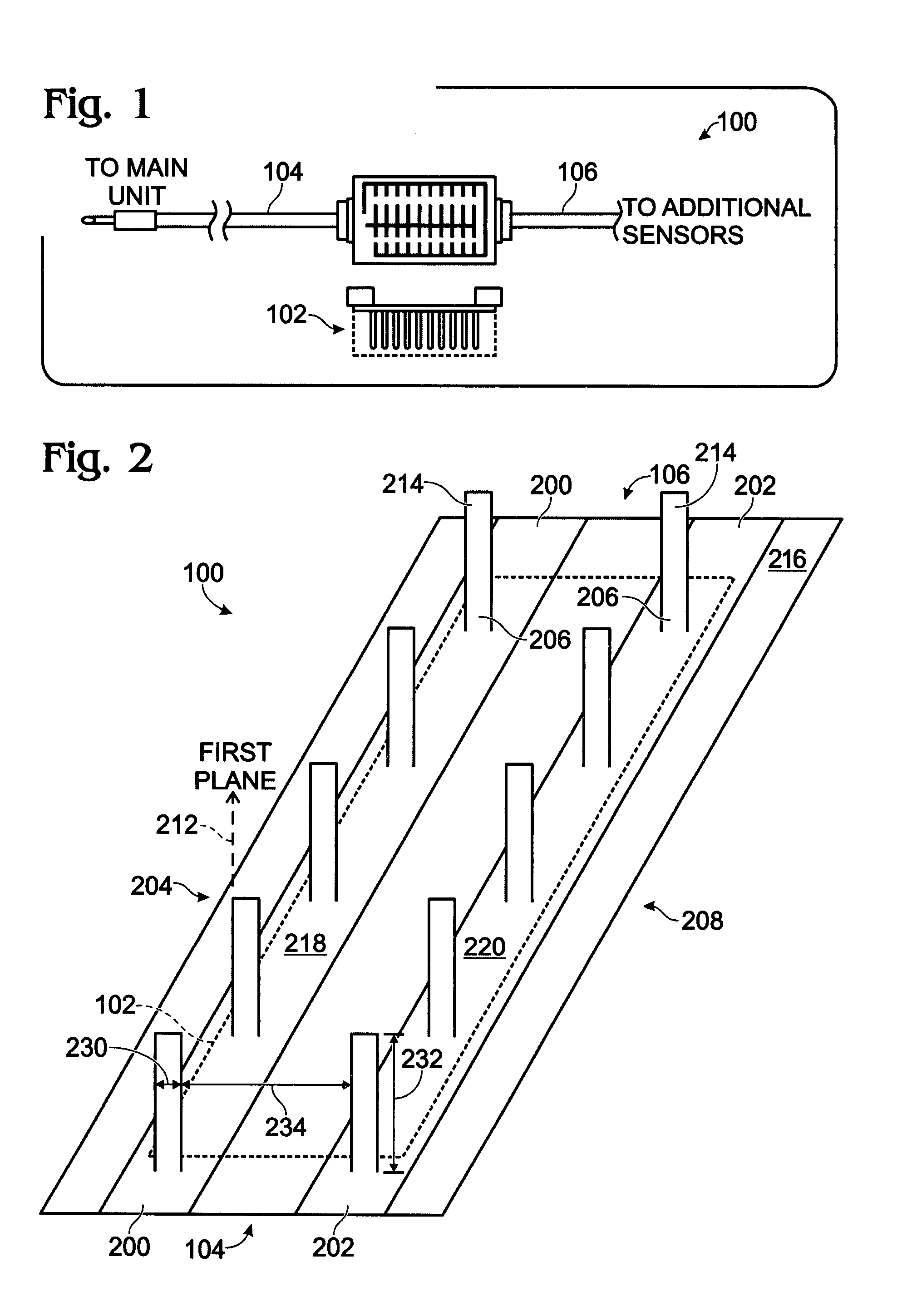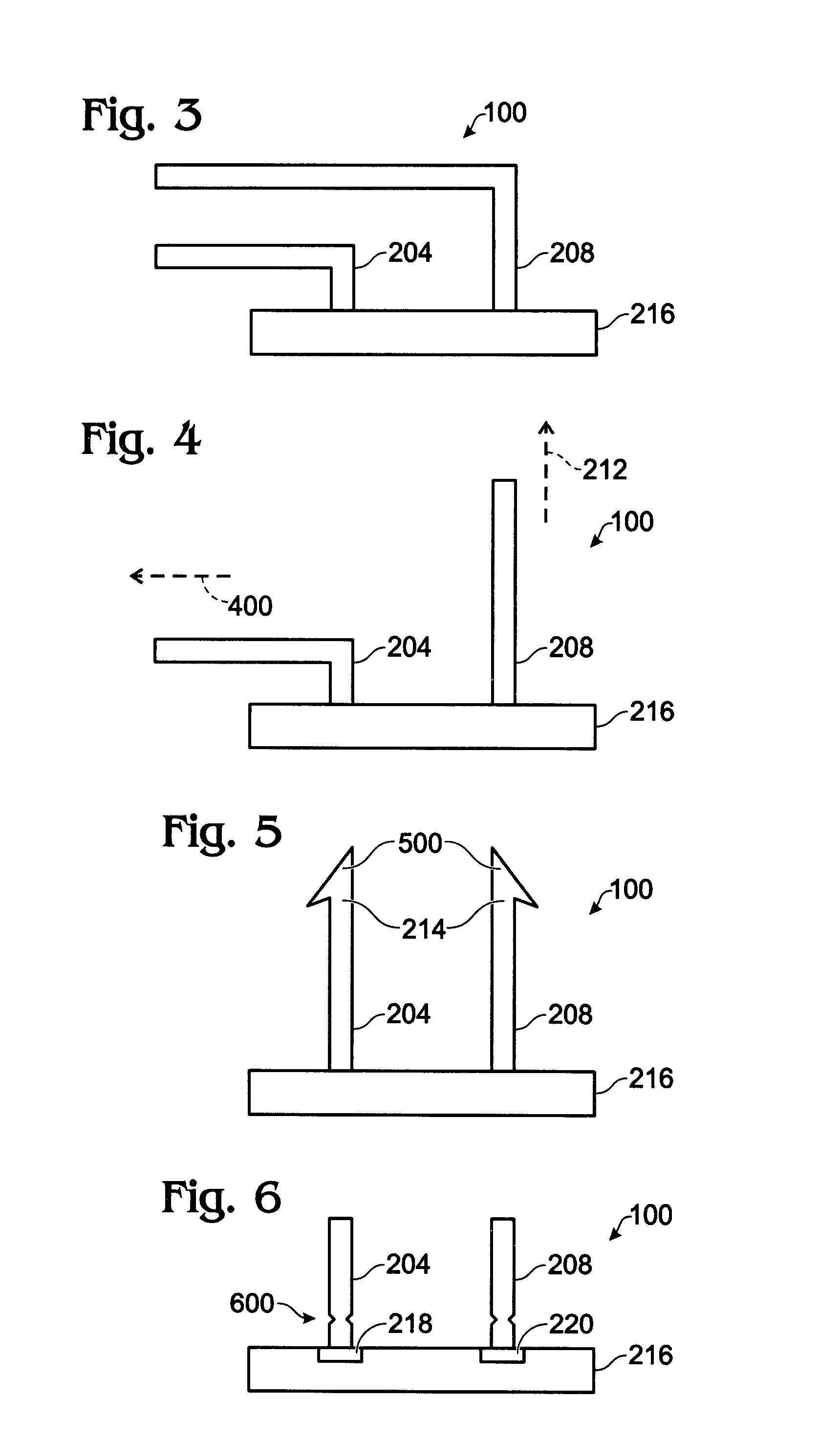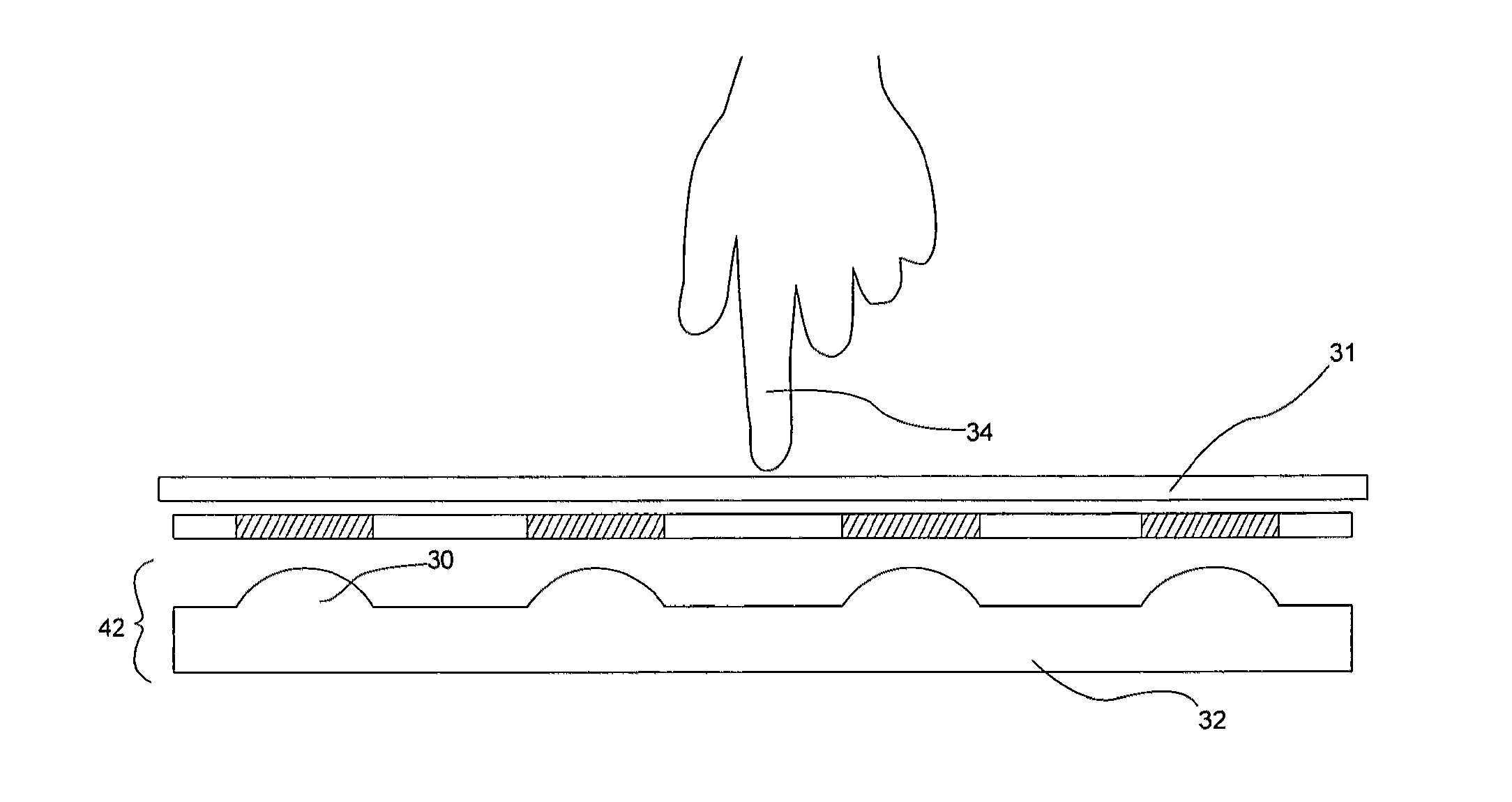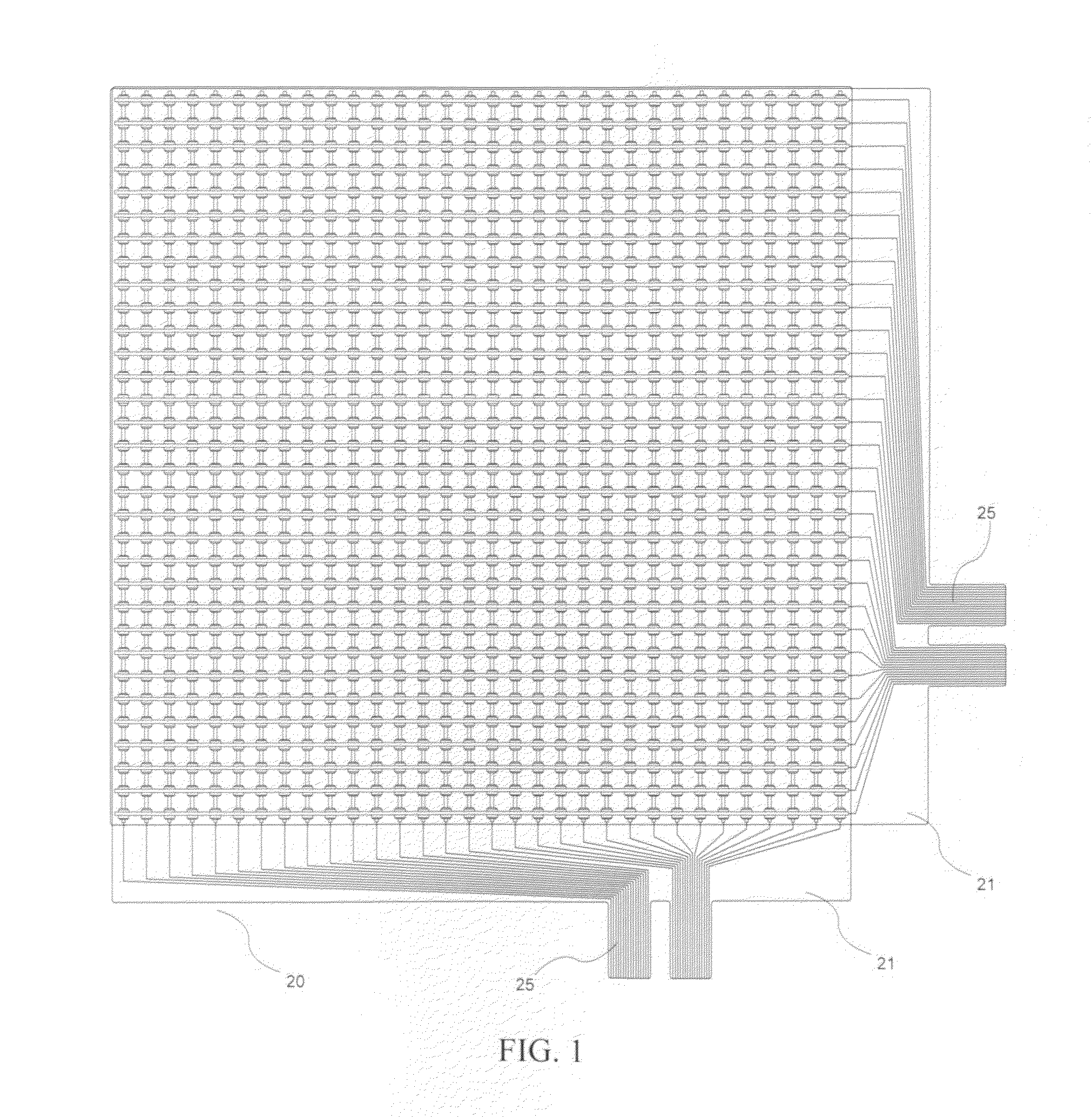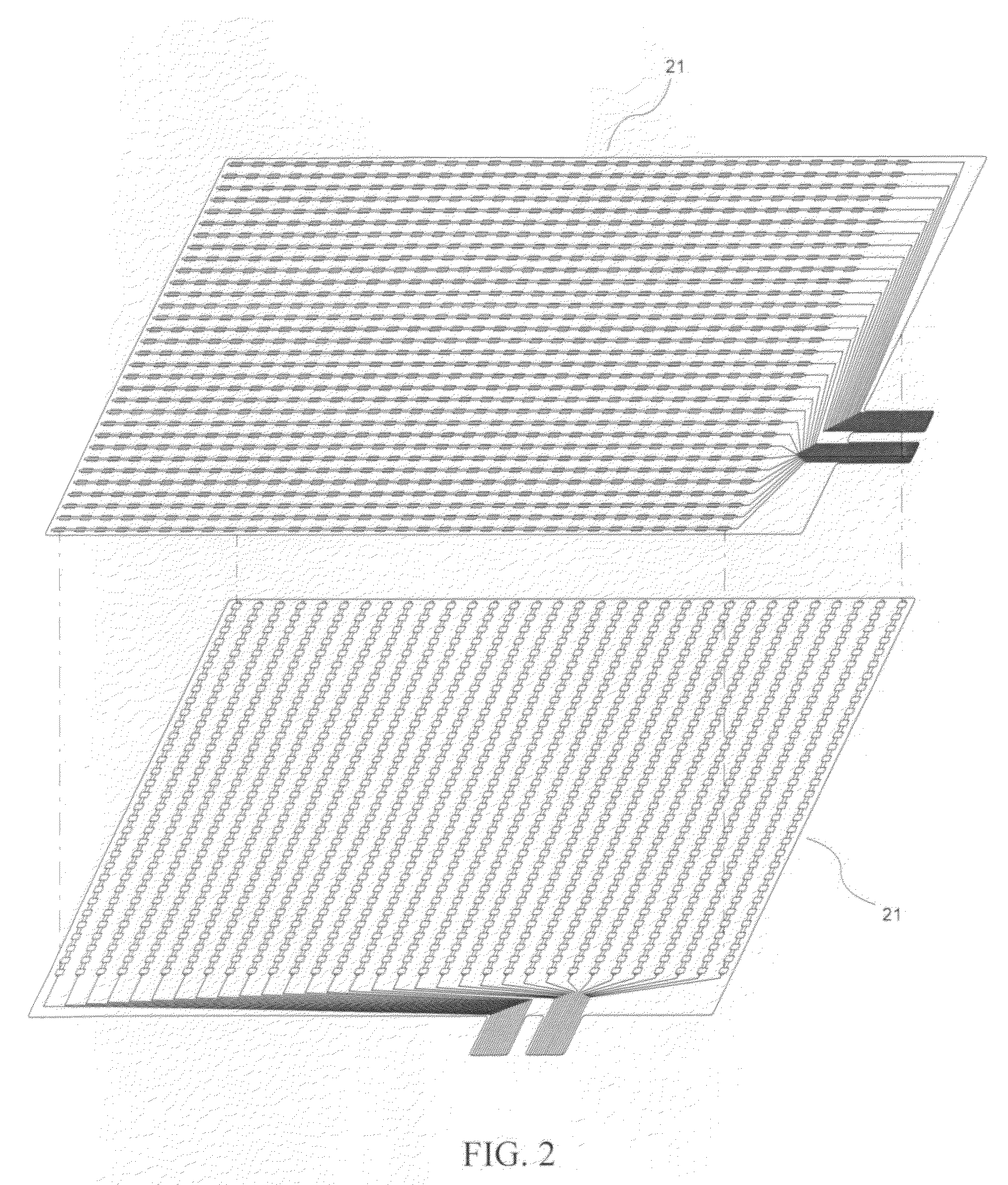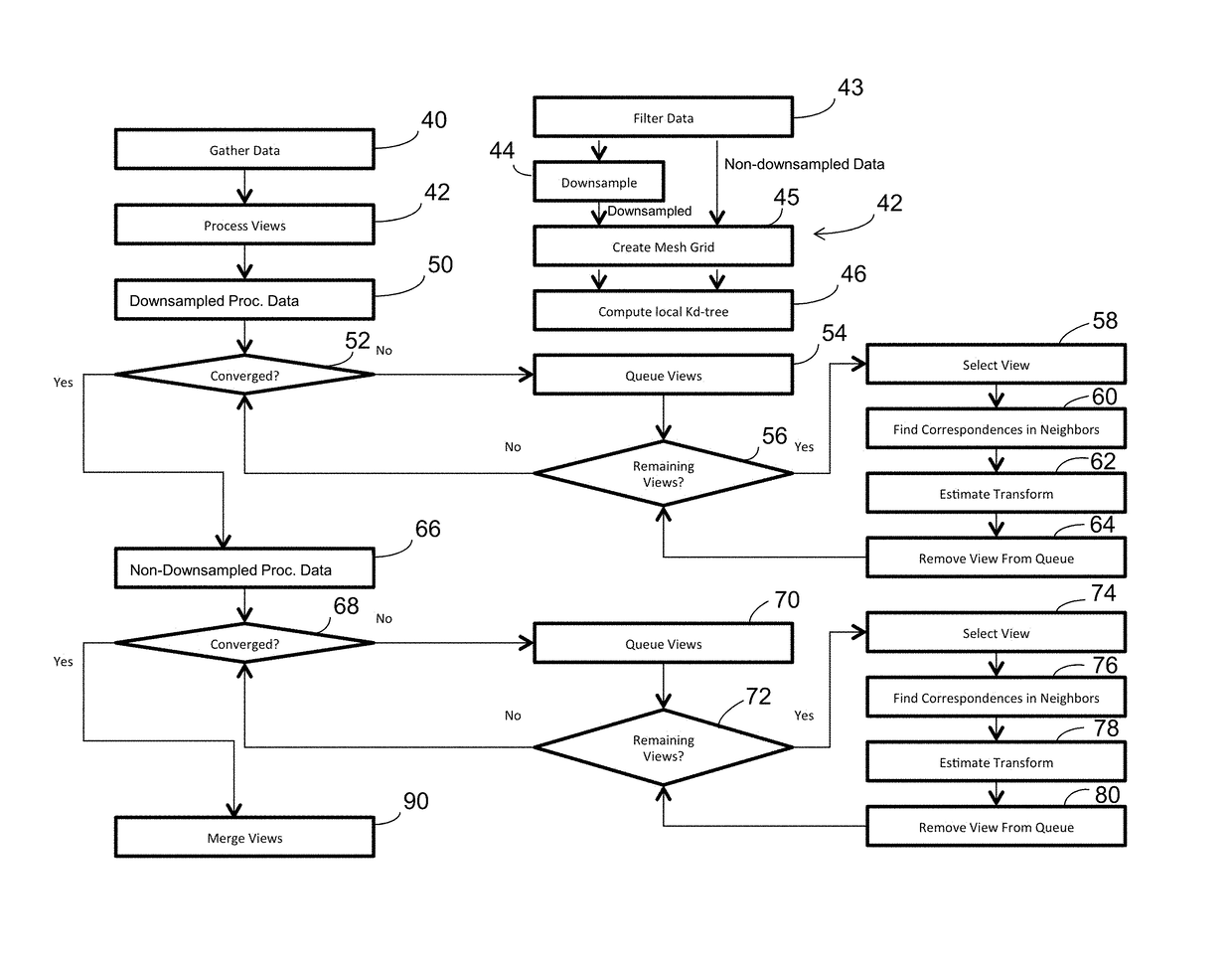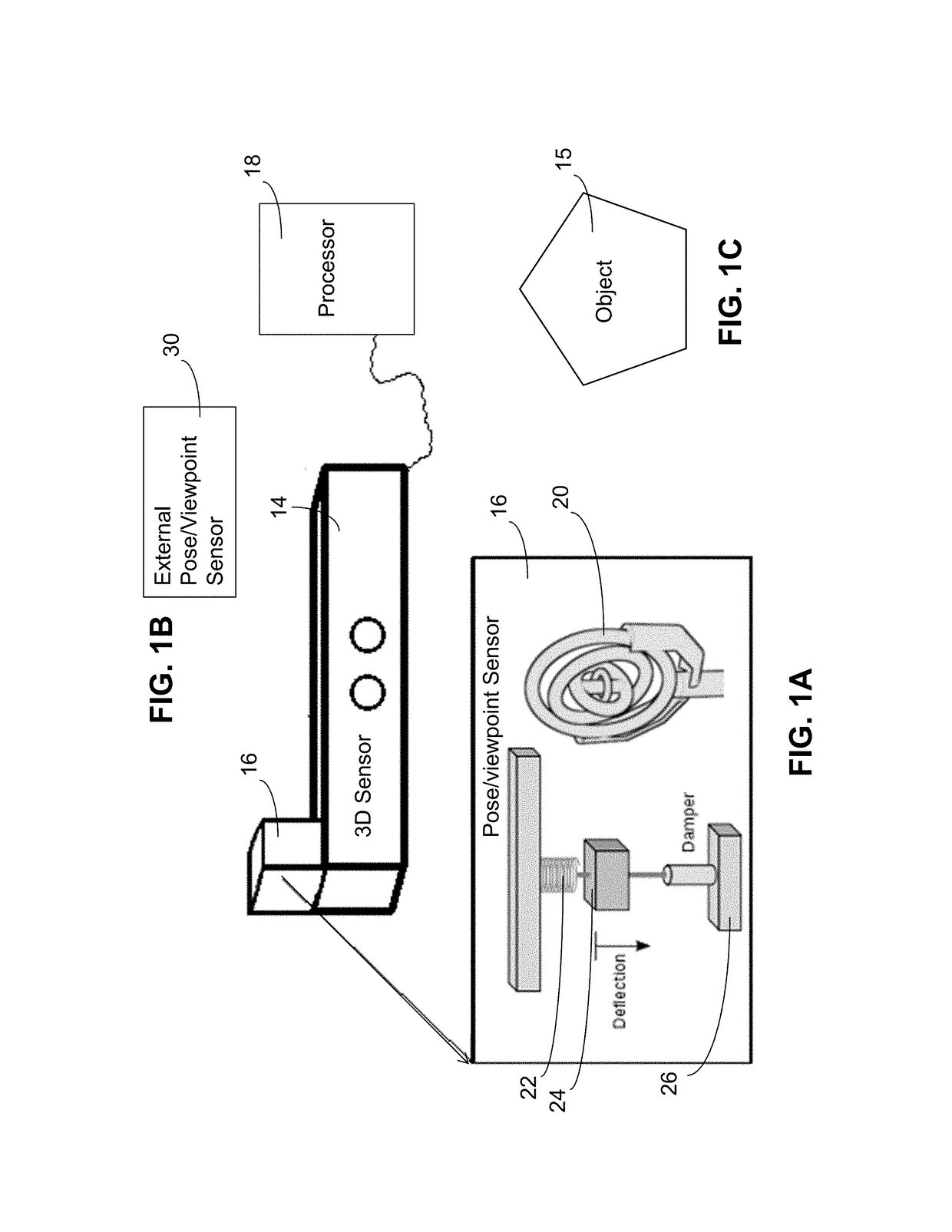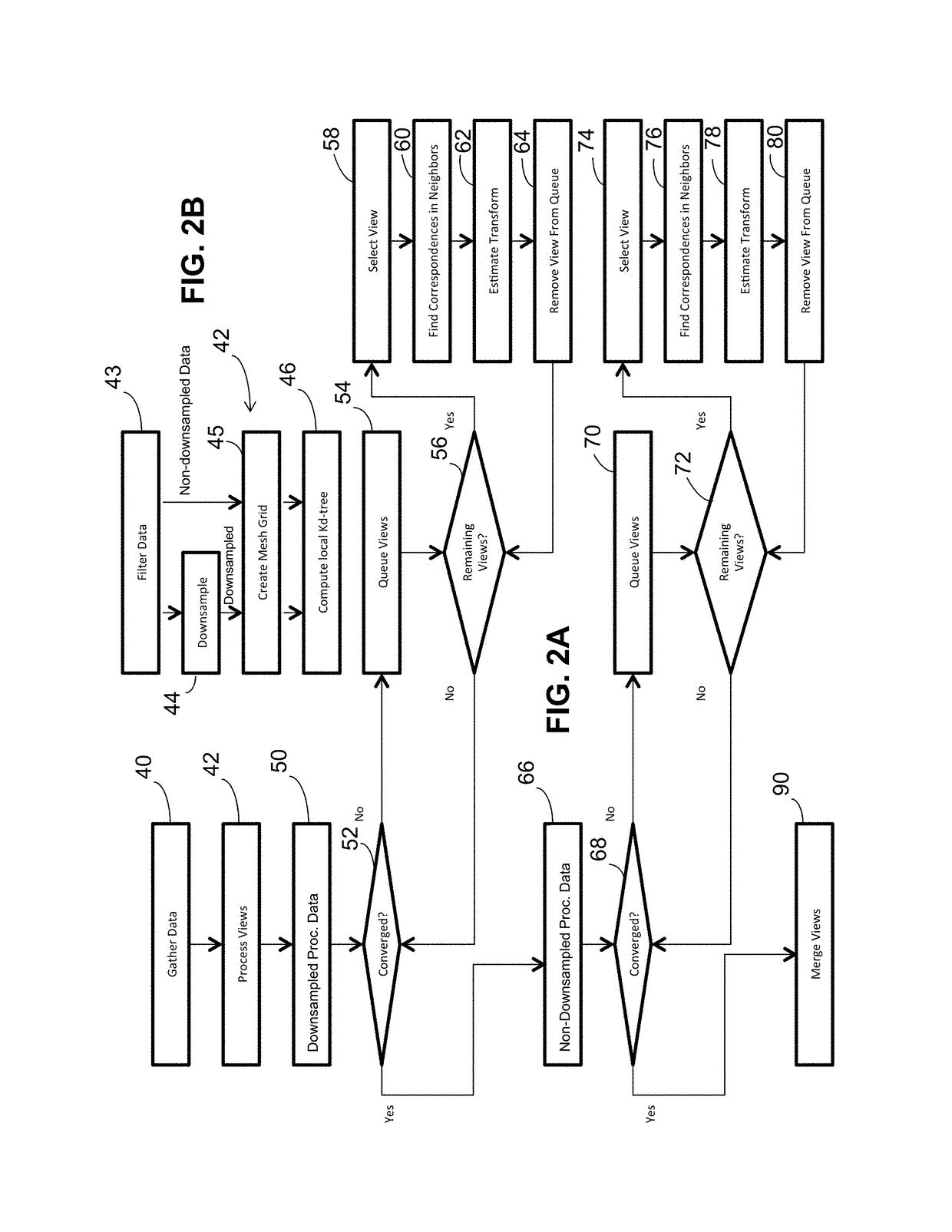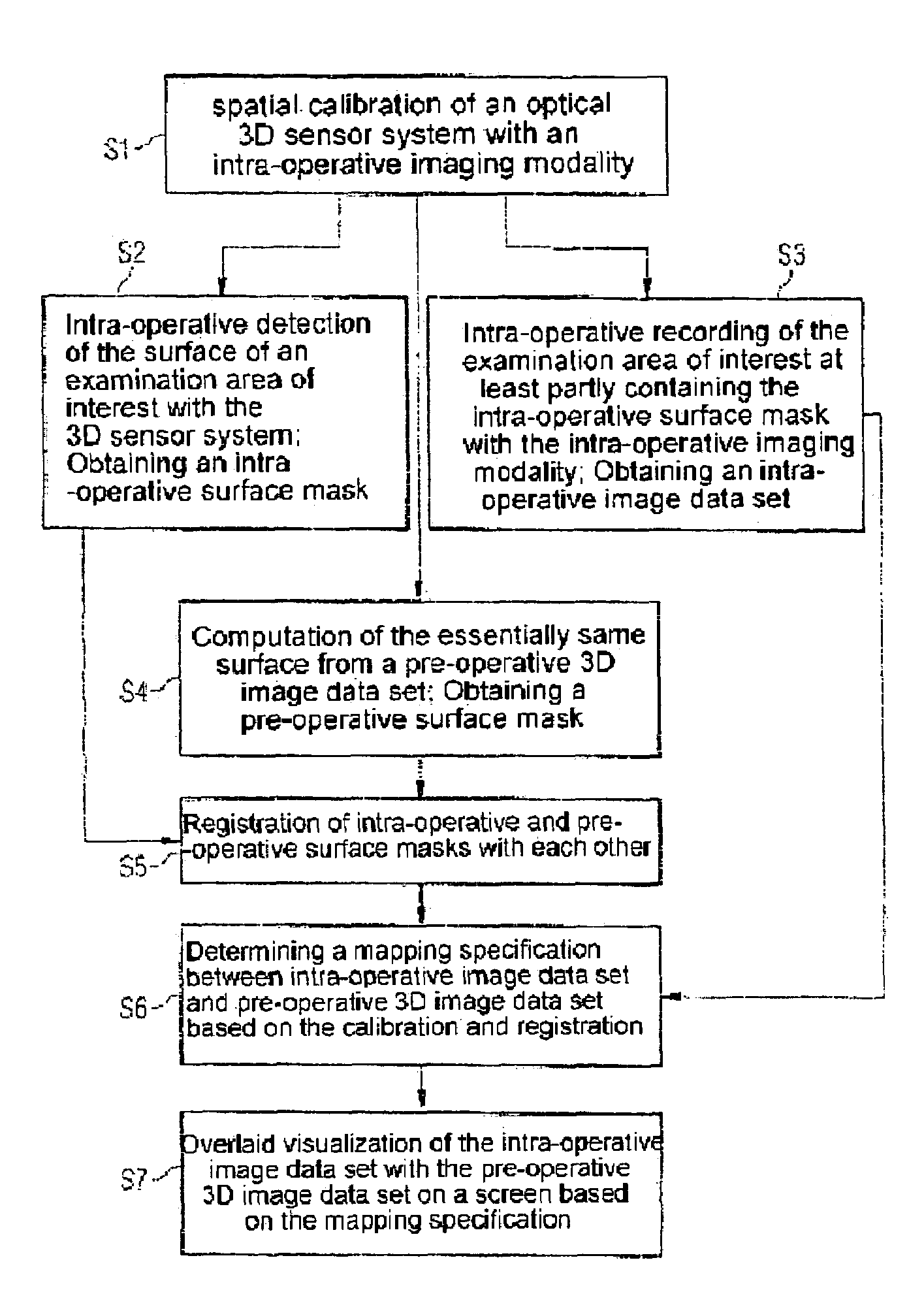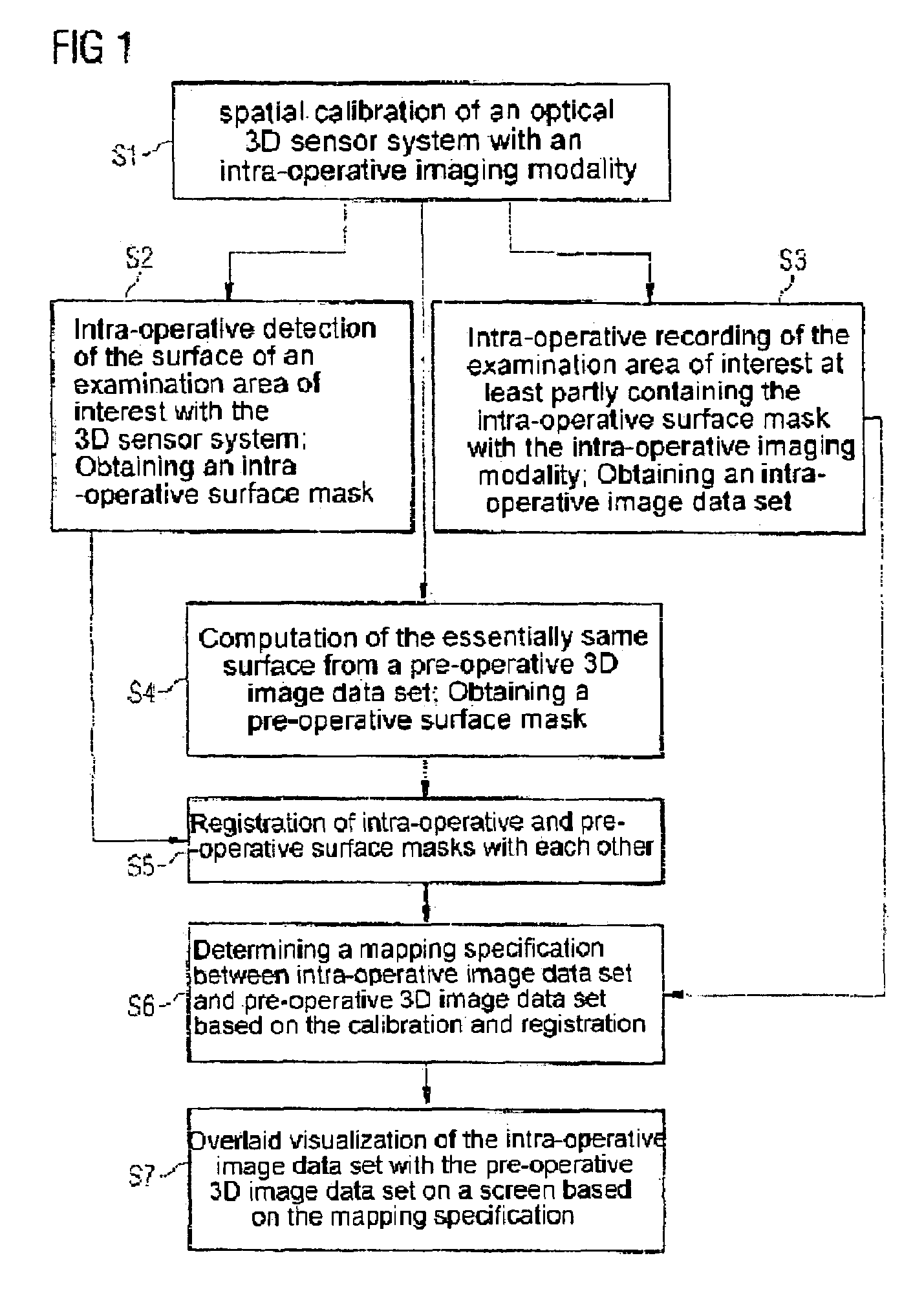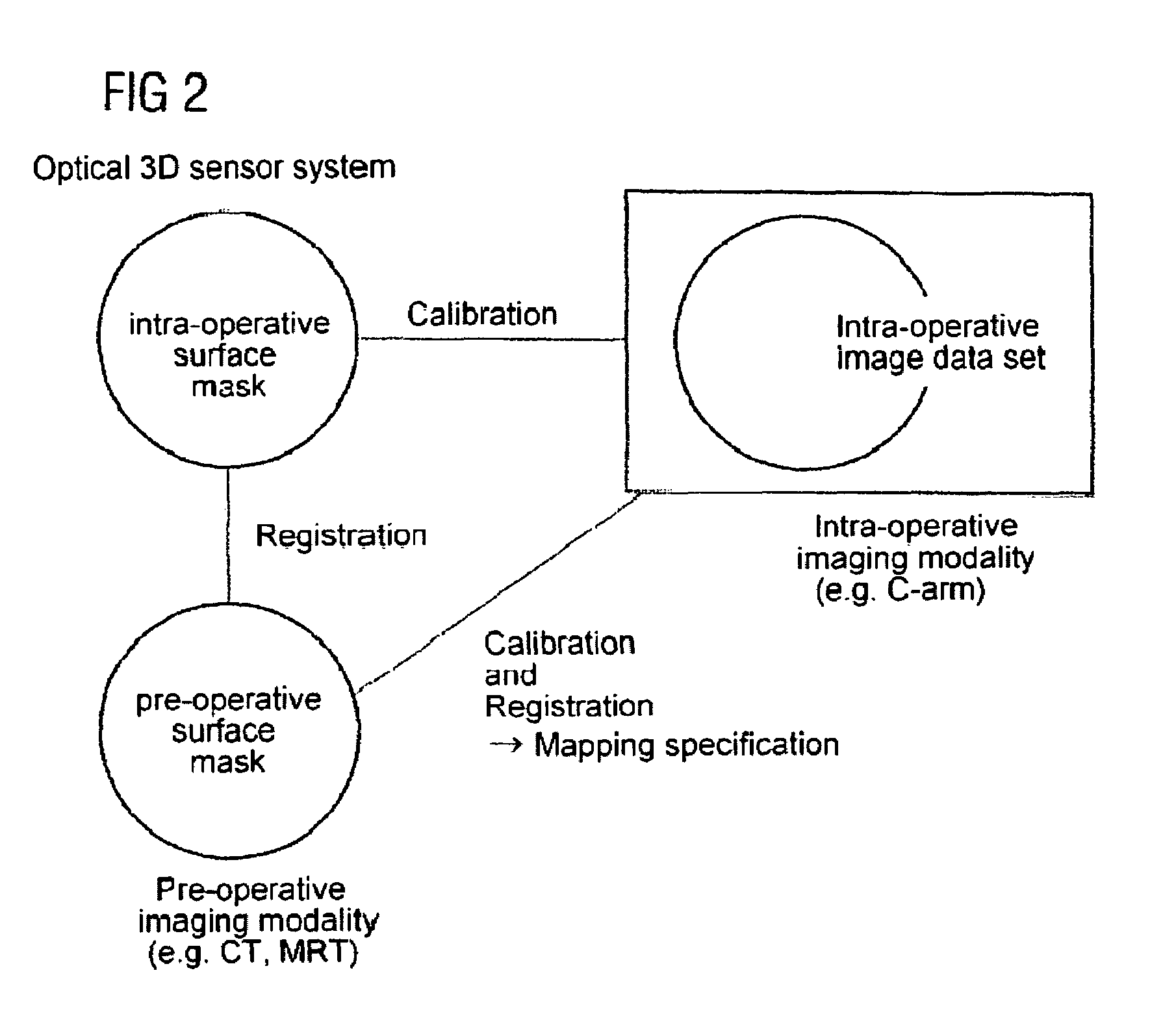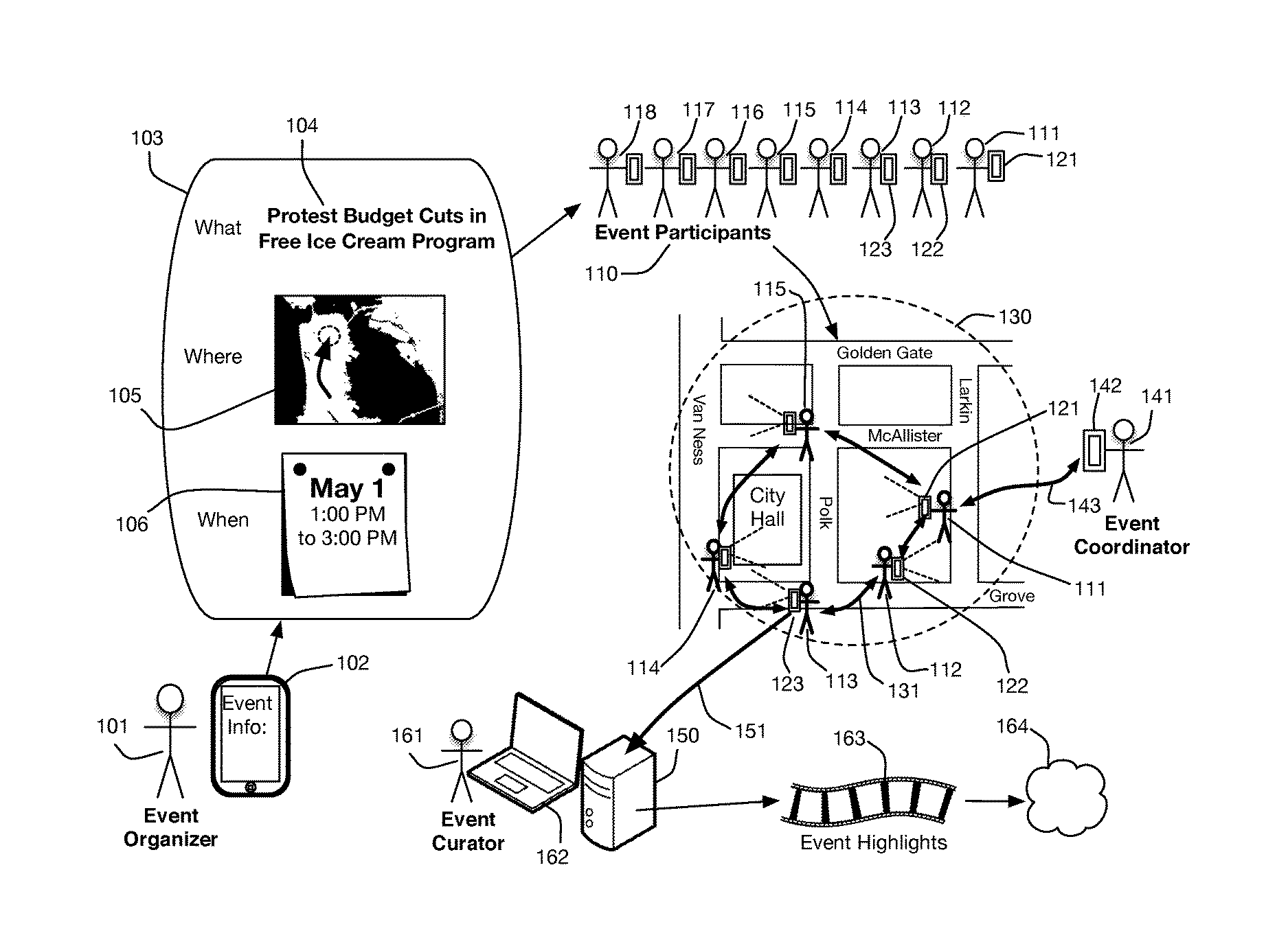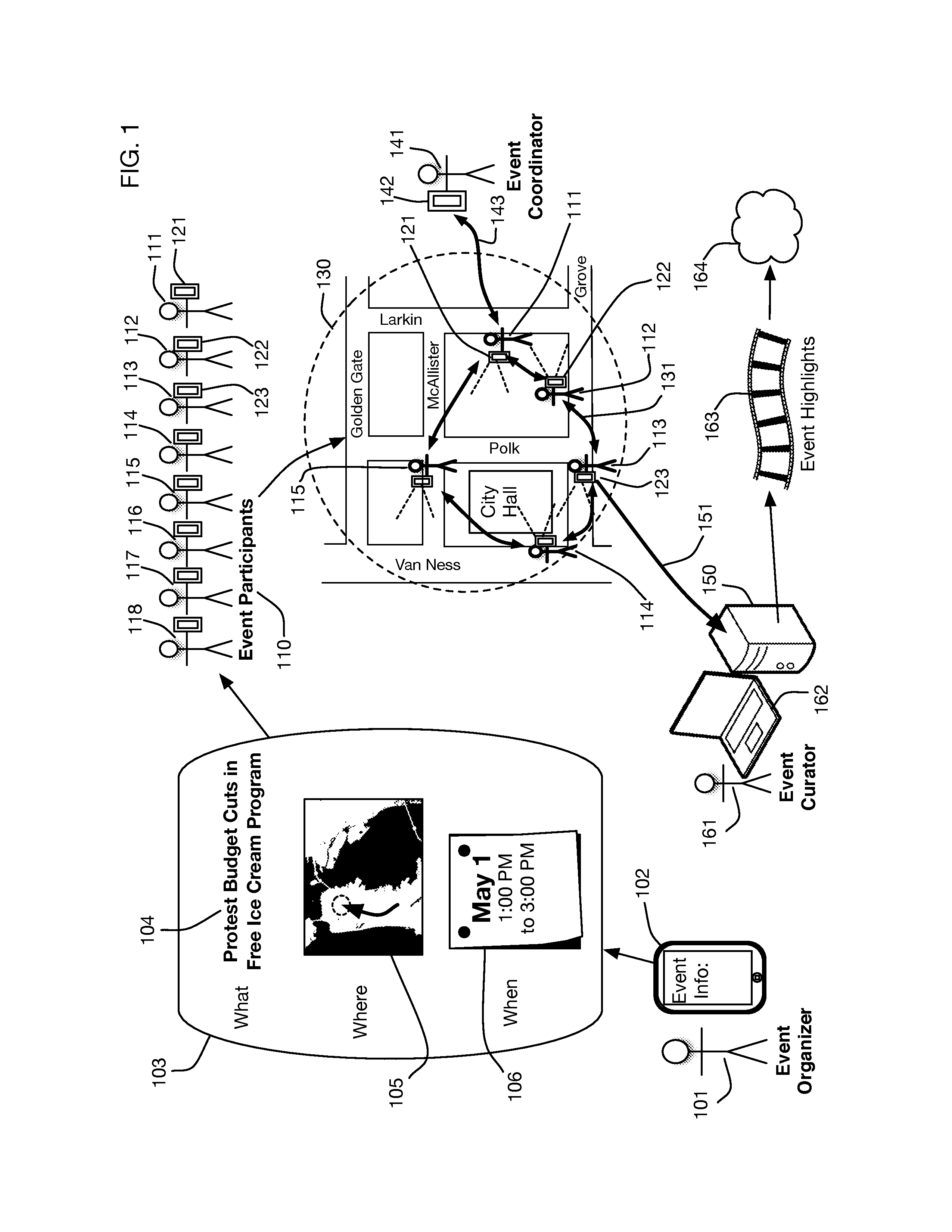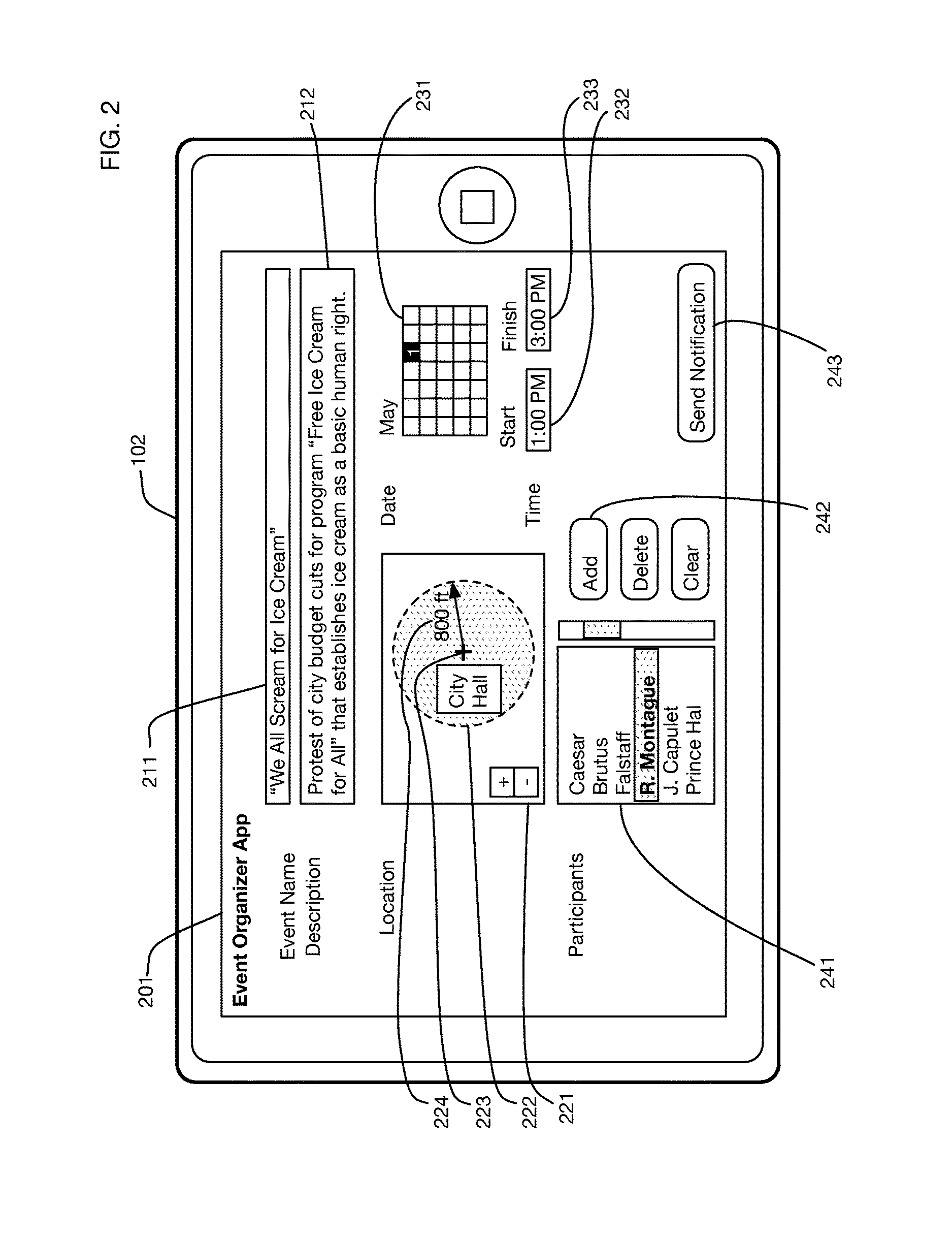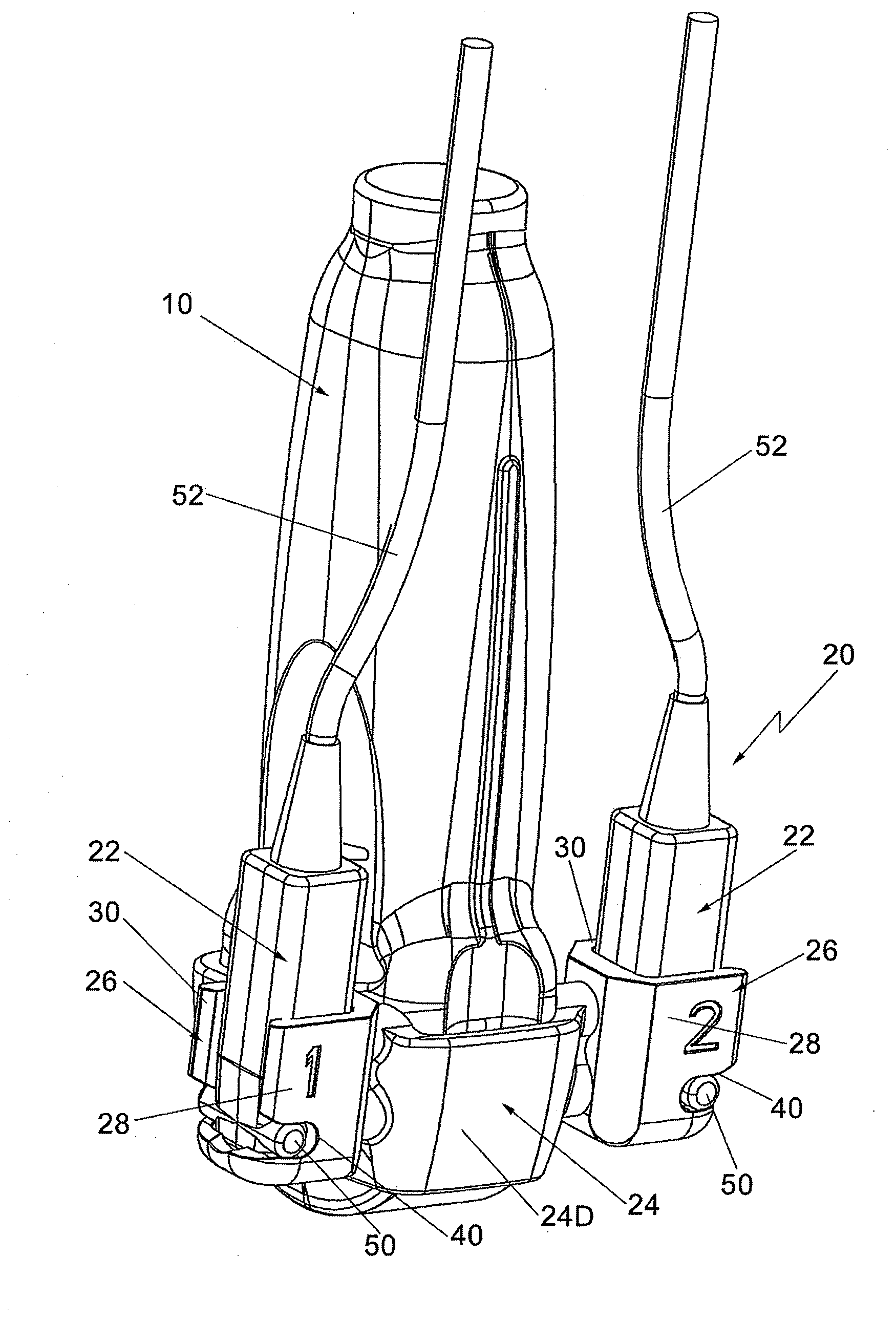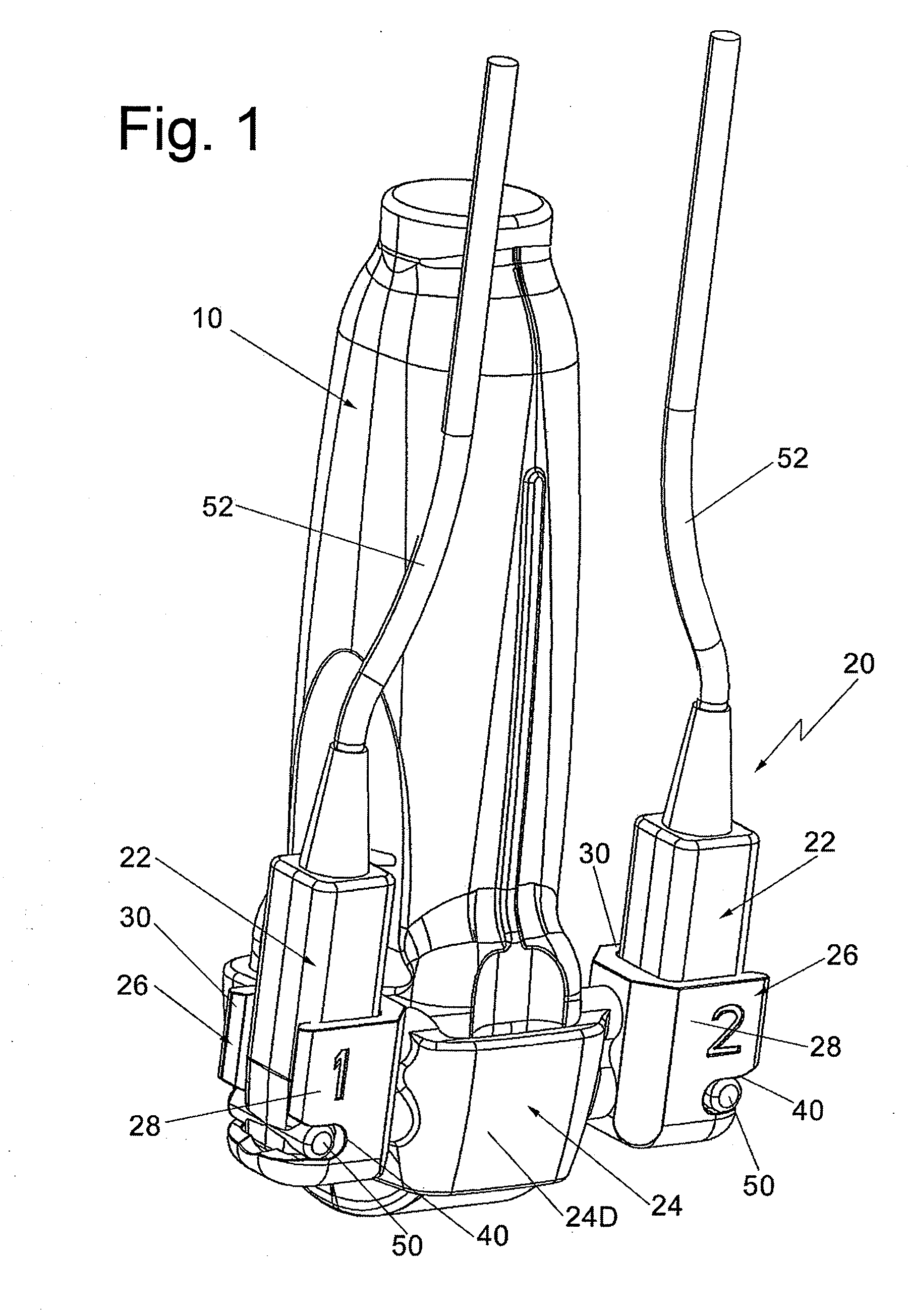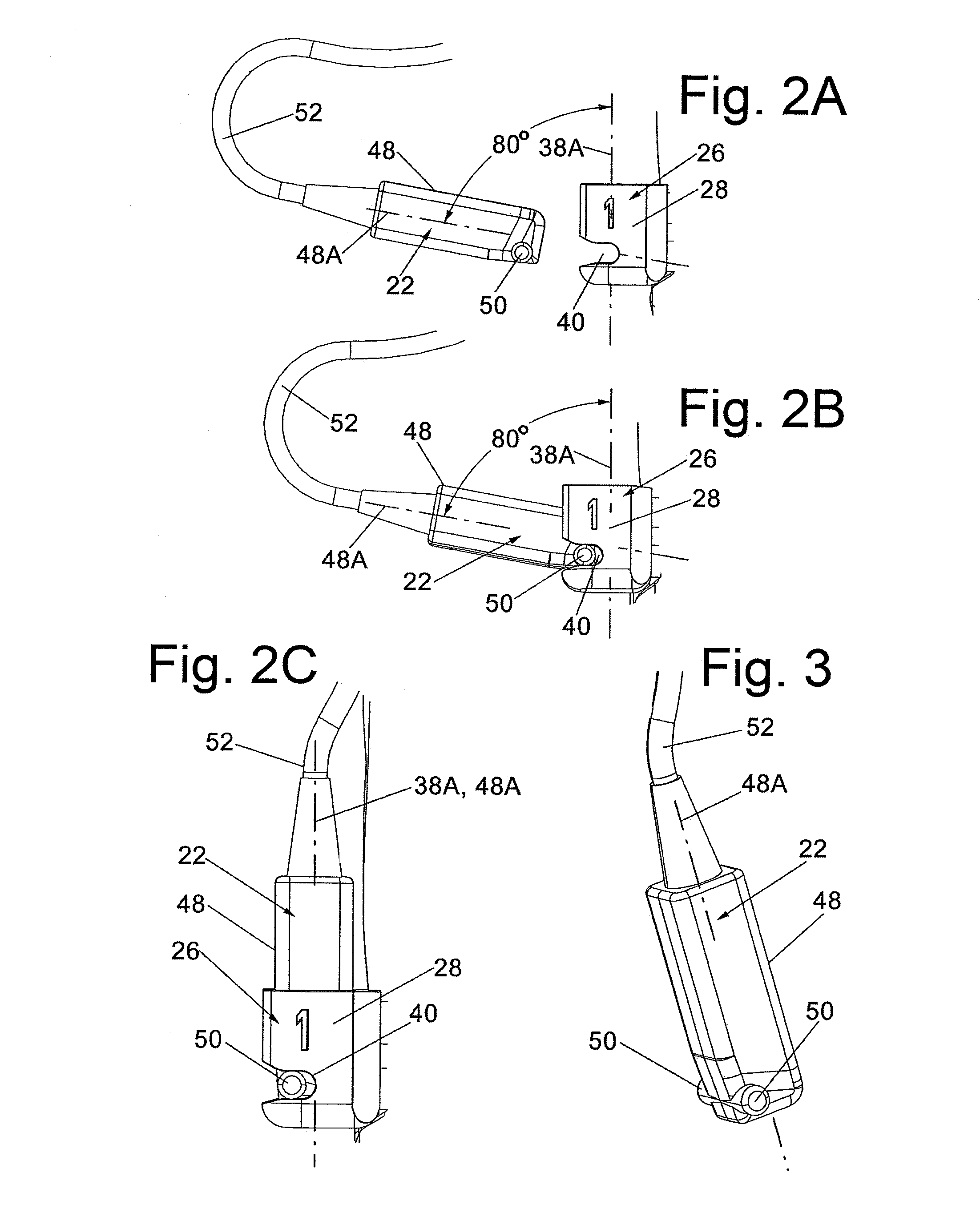Patents
Literature
Hiro is an intelligent assistant for R&D personnel, combined with Patent DNA, to facilitate innovative research.
218 results about "3d sensor" patented technology
Efficacy Topic
Property
Owner
Technical Advancement
Application Domain
Technology Topic
Technology Field Word
Patent Country/Region
Patent Type
Patent Status
Application Year
Inventor
DC magnetic-based position and orientation monitoring system for tracking medical instruments
ActiveUS20070078334A1Overcome disposabilityOvercome cost issueDiagnostic recording/measuringSensors3d sensorEngineering
Miniaturized, five and six degrees-of-freedom magnetic sensors, responsive to pulsed DC magnetic fields waveforms generated by multiple transmitter options, provide an improved and cost-effective means of guiding medical instruments to targets inside the human body. The end result is achieved by integrating DC tracking, 3D reconstructions of pre-acquired patient scans and imaging software into a system enabling a physician to internally guide an instrument with real-time 3D vision for diagnostic and interventional purposes. The integration allows physicians to navigate within the human body by following 3D sensor tip locations superimposed on anatomical images reconstructed into 3D volumetric computer models. Sensor data can also be integrated with real-time imaging modalities, such as endoscopes, for intrabody navigation of instruments with instantaneous feedback through critical anatomy to locate and remove tissue. To meet stringent medical requirements, the system generates and senses pulsed DC magnetic fields embodied in an assemblage of miniaturized, disposable and reposable sensors functional with both dipole and co-planar transmitters.
Owner:NORTHERN DIGITAL
Method and system for use of 3D sensors in an image capture device
InactiveUS20070201859A1Television system detailsStereoscopic photography3d sensorComputer graphics (images)
The present invention is a system and method for the use of a 3D sensor in an image capture device. In one embodiment, a single 3D sensor is used, and the depth information is interspersed within the information for the other two dimensions so as to not compromise the resolution of the two-dimensional image. In another embodiment, a 3D sensor is used along with a 2D sensor. In one embodiment, a mirror is used to split incoming light into two portions, one of which is directed at the 3D sensor, and the other at the 2D sensor. The 2D sensor is used to measure information in two dimensions, while the 3D sensor is used to measure the depth of various portions of the image. The information from the 2D sensor and the 3D sensor is then combined, either in the image capture device or in a host system.
Owner:LOGITECH EURO SA
3-d imaging and processing system including at least one 3-d or depth sensor which is continually calibrated during use
InactiveUS20130329012A1Low costSimplify useImage enhancementImage analysis3d sensorObservational error
3D imaging and processing method and system including at least one 3D or depth sensor which is continuously calibrated during use are provided. In one embodiment, a calibration apparatus or object is continuously visible in the field of view of each 3D sensor. In another embodiment, such as a calibration apparatus is not needed. Continuously calibrated 3D sensors improve the accuracy and reliability of depth measurements. The calibration system and method can be used to ensure the accuracy of measurements using any of a variety of 3D sensor technologies. To reduce the cost of implementation, the invention can be used with inexpensive, consumer-grade 3D sensors to correct measurement errors and other measurement deviations from the true location and orientation of an object in 3D space.
Owner:LIBERTY REACH
System for connecting a teat cup to a teat
The invention provides a system for connecting a teat cup to a teat, including a teat cup with an opening for receiving a teat, a robot arm for moving the teat cup, a teat cup positioning system with a 3D-sensor and a sensor device for measuring a control quantity, and for connecting the teat cup under the control of the 3D-camera and the control quantity. The sensor device includes at least two electrodes around the opening and a capacitive sensor configured to measure a quantity connected with the capacitance between the electrodes, in particular the capacitance between two electrodes. This system provides a reliable positioning with respect to a teat by, for example, maximization of the measured capacitance. The positioning system supports an optical 3D-sensor for the first, global positioning.
Owner:LELY PATENT
DC magnetic-based position and orientation monitoring system for tracking medical instruments
ActiveUS7835785B2Low costEasy to integrateDiagnostic recording/measuringSensors3d sensorDiagnostic Radiology Modality
Miniaturized, five and six degrees-of-freedom magnetic sensors, responsive to pulsed DC magnetic fields waveforms generated by multiple transmitter options, provide an improved and cost-effective means of guiding medical instruments to targets inside the human body. The end result is achieved by integrating DC tracking, 3D reconstructions of pre-acquired patient scans and imaging software into a system enabling a physician to internally guide an instrument with real-time 3D vision for diagnostic and interventional purposes. The integration allows physicians to navigate within the human body by following 3D sensor tip locations superimposed on anatomical images reconstructed into 3D volumetric computer models. Sensor data can also be integrated with real-time imaging modalities, such as endoscopes, for intrabody navigation of instruments with instantaneous feedback through critical anatomy to locate and remove tissue. To meet stringent medical requirements, the system generates and senses pulsed DC magnetic fields embodied in an assemblage of miniaturized, disposable and reposable sensors functional with both dipole and co-planar transmitters.
Owner:NORTHERN DIGITAL
Filling degree gauge, agricultural vehicle with the gauge, and method of measuring and displaying residual filling potential of target area
ActiveUS20110061762A1Relieve pressureRaise the possibilityLiquid fillingConveyors3d sensorData control
A filling degree gauge for measuring and displaying a residual filling potential of a target area, such as a container, being filled through a target, such as an open top, with goods by a goods carrier, such as a discharge spout, of an agricultural vehicle, such as a harvester, has a 3D sensor for observing at least a part of the target area including at least a part of the target, a data control system and a visual display unit. The data control system operates to provide on the visual display unit a visual display indicating residual filling potential by indicating the current one of at least three different levels of residual filling potential.
Owner:CLAAS E SYST GMBH
Reconfigurable portable locator employing multiple sensor array having flexible nested orthogonal antennas
ActiveUS7518374B1High positioning accuracyImprove manufacturabilityMagnetic measurementsCurrent/voltage measurementSensor array3d sensor
A portable locator for detecting a buried object characterized by an electromagnetic (EM) field emission employing three-dimensional (3D) sensor arrays each having three substantially-identical EM field sensors disposed on a flexible annular wall having a radial centroid defining a sensing axis. The flexible annular sensors are retained in substantial concentricity with the corresponding sensing axes disposed in substantial mutual orthogonality. A pair of 3D sensor arrays disposed on a first axis substantially orthogonal to a second axis defined by another pair of EM field sensors each having a sensing axis disposed along the second axis. The locator introduces a user-reconfigurable user interface (UI) employing a “sticky” ratcheting audio UI and a hollow hinge assembly for redisposing the sensor assembly from an operating to a storage disposition.
Owner:SEEKTECH
Magnetic 3D Sensor Calibratable During Measurement Operation
ActiveUS20120016614A1Component can be removedSimple and uncomplicated test optionMagnetic field offset compensationElectrical measurements3d sensorAcoustics
A magnetic field sensor for detecting first, second, and third spatial components of a magnetic field at a reference point includes a first sensor element arrangement for detecting the first magnetic field component having a first measurement field component and a first calibration field component with respect to a first spatial axis at a reference point, a second sensor element arrangement for detecting the second magnetic field component having a second measurement field component and a second calibration field component with respect to a second spatial axis y at the reference point and a third sensor element arrangement for detecting the third magnetic field component having a third measurement field component and a third calibration field component with respect to a third spatial axis x at the reference point. An excitation line is arranged such with respect to the three sensor element arrangements that when impressing a predetermined current into the excitation line respective predetermined calibration field components with respect to the spatial axes in the sensor element arrangements are generated.
Owner:FRAUNHOFER GESELLSCHAFT ZUR FOERDERUNG DER ANGEWANDTEN FORSCHUNG EV
Three-dimensional environment perception method for mobile robot
InactiveCN101008571AIncrease flexibilityEasy to detectInstruments for road network navigationImage analysis3d sensorAdaptive filter
This invention relates to one mobile robot 3D sensor method, which comprises steps of environment information acquiring, environment information self adapting filter, environment coordinate exchanging and 3D sensing. This invention gets robot environment information through one sense platform composed of 2D laser radar, rotation bench and step motor. This invention also provides one dynamic self-adaptive filter to realize dynamic filter noise removing aim for environment information interference.
Owner:CENT SOUTH UNIV
Voting-Based Pose Estimation for 3D Sensors
ActiveUS20130156262A1Improve accuracyFast computerImage enhancementImage analysis3d sensorGeometric primitive
A pose of an object is estimated by first defining a set of pair features as pairs of geometric primitives, wherein the geometric primitives include oriented surface points, oriented boundary points, and boundary line segments. Model pair features are determined based on the set of pair features for a model of the object. Scene pair features are determined based on the set of pair features from data acquired by a 3D sensor, and then the model pair features are matched with the scene pair features to estimate the pose of the object.
Owner:MITSUBISHI ELECTRIC RES LAB INC
Reconfigurable portable locator employing multiple sensor array having flexible nested orthogonal antennas
InactiveUS8203343B1Improve usabilityWithout affecting locator performance and accuracyMagnetic measurementsCurrent/voltage measurementSensor array3d sensor
A portable locator for detecting a buried object characterized by an electromagnetic (EM) field emission employing three-dimensional (3D) sensor arrays each having three substantially-identical EM field sensors disposed on a flexible annular wall having a radial centroid defining a sensing axis. The flexible annular sensors are retained in substantial concentricity with the corresponding sensing axes disposed in substantial mutual orthogonality. A pair of 3D sensor arrays disposed on a first axis substantially orthogonal to a second axis defied by another pair of EM field sensors each having a sensing axis disposed along the second axis. The locator introduces a user-reconfigurable user interface (UI) employing a “sticky” ratcheting audio UI and a hollow hinge assembly for redisposing the sensor assembly from an operating to a storage disposition.
Owner:SEEK TECH
Methods and systems for detecting and recognizing an object based on 3D image data
Methods and systems are described herein for high-speed observation and recognition of an object which is within or passes through a designated area using 3D image data and tomography, stereo-photogrammetry, range finding and / or structured illumination. Such a security system may comprise multiple pairs of 3D sensors surrounding the designated area such as a portal or doorway. Alternatively, it may comprise a 3D sensor which is capable of acquiring 3D image data of an object that is situated in front of it. Using at least one 3D sensor and a 3D data collection technique such as structured illumination and / or stereo-photogrammetry, 3D image data of the object is acquired. 3D image data representing the object's surface may be determined based on the acquired data and may be compared to data representing known objects to identify the object. Methods for fast processing of 3D data and recognition of objects are also described.
Owner:BIOSCRYPT INC
Method and apparatus for placing sensors using 3D models
InactiveUS7259778B2Easy to placeTelevision system detailsColor television details3d sensorSimulation
Method and apparatus for dynamically placing sensors in a 3D model is provided. Specifically, in one embodiment, the method selects a 3D model and a sensor for placement into the 3D model. The method renders the sensor and the 3D model in accordance with sensor parameters associated with the sensor and parameters desired by a user. In addition, the method determines whether an occlusion to the sensor is present.
Owner:L 3 COMM CORP
Bracket for mounting at least one position detecting sensor on an ultrasonic probe
A bracket for use on an ultrasound transducer to releasably mount at least one 3D tracking sensor on the transducer. Each sensor has a pair of axially aligned pins projecting outward from its body. The bracket includes at least one socket having a pair of spaced-apart wall portions, each of which includes a slot arranged to receive a respective one of the pins of the sensor when the sensor is in a first position. From this position the sensor's body can be rotated to a second position, whereupon the spaced apart wall portions releasably engage (snap-fit about) a portion of the body of the sensor to deter the accidental displacement of the sensor with respect to the transducer.
Owner:CIVCO MEDICAL INSTR CO
Method and system for use of 3D sensors in an image capture device
InactiveCN101026776AEnhanced AE/AFEasy to detectTelevision system detailsColor television details3d sensorComputer graphics (images)
The present invention is a system and method for the use of a 3D sensor in an image capture device. In one embodiment, a single 3D sensor is used, and the depth information is interspersed within the information for the other two dimensions so as to not compromise the resolution of the two-dimensional image. In another embodiment, a 3D sensor is used along with a 2D sensor. In one embodiment, a mirror is used to split incoming light into two portions, one of which is directed at the 3D sensor, and the other at the 2D sensor. The 2D sensor is used to measure information in two dimensions, while the 3D sensor is used to measure the depth of various portions of the image. The information from the 2D sensor and the 3D sensor is then combined, either in the image capture device or in a host system.
Owner:LOGITECH EURO SA
Filling degree gauge, agricultural vehicle with the gauge, and method of measuring and displaying residual filling potential of target area
ActiveUS8656693B2Relieve pressureRaise the possibilityLiquid fillingAnalogue computers for trafficData control3d sensor
A filling degree gauge for measuring and displaying a residual filling potential of a target area, such as a container, being filled through a target, such as an open top, with goods by a goods carrier, such as a discharge spout, of an agricultural vehicle, such as a harvester, has a 3D sensor for observing at least a part of the target area including at least a part of the target, a data control system and a visual display unit. The data control system operates to provide on the visual display unit a visual display indicating residual filling potential by indicating the current one of at least three different levels of residual filling potential.
Owner:CLAAS E SYST GMBH
Information coding and decoding in spectral differences
ActiveUS20150071485A1Wide applicabilityGood flexibilityPolarisation spectroscopyElectroluminescent light sources3d sensorImage resolution
Information is encoded in an image signal by exploiting spectral differences between colors that appear the same when rendered. These spectral differences are detected using image sensing that discerns the spectral differences. Spectral difference detection methods include using sensor-synchronized spectrally-structured-light imaging, 3D sensors, imaging spectrophotometers, and higher resolution Bayer pattern capture relative to resolution of patches used to convey a spectral difference signal.
Owner:DIGIMARC CORP
Apparatus for electronically controllable transmission
ActiveUS20100294067A1Improve perceptionGearing controlLimiting/preventing/returning movement of parts3d sensorVolumetric Mass Density
Provided is an apparatus for electronically controllable transmission, and more particularly, an apparatus for electronically controllable transmission, the apparatus capable of shifting gears by moving a shift lever and sensing the magnetic flux density of a magnet, which moves in accordance with the rotation of the shift lever, by using a three-dimensional (3D) hall sensor. The apparatus includes: a shift lever including one end which is connected to a magnet and shifting gears by moving the shift lever; a shift lever body which is connected to the shift lever and is allowing the shift lever to move around shift axis or select axis; and a sensor unit including a 3D sensor which is mounted fixedly in the place intersecting the shift axis and select axis within the shift lever body and can sense the movement of the magnet around an X-axis, a Y-axis and a Z-axis as the magnet moves, wherein the 3D sensor is mounted at a tilted angle for providing at least two of three output signals with linearity.
Owner:SL CORP
Methods and systems for detecting and recognizing objects in a controlled wide area
Methods and systems are described herein for high-speed observation and recognition of objects or persons within a controlled area using 3D image data and tomography, stereo-photogrammetry, range finding and / or structured illumination. A wide area security system may comprise multiple pairs of 3D sensors surrounding a controlled area. Using at least two pairs of 3D sensors and a first 3D data collection technique such as tomography, a zone of interest within the controlled area is detected. Using at least one pair of 3D sensors and a second 3D data collection technique such as structured illumination, more 3D image data related to an object of interest is collected. The 3D image data may be compared to data representing known objects and used to identify an object of interest. Methods for fast processing of 3D data and recognition of objects of interest are also described.
Owner:BIOSCRYPT INC
Scoliosis evaluation system and evaluation apparatus applied to the same system
The scoliosis evaluation system comprises a 3D sensor (100) that takes the back of a subject and acquires the 3D data thereon; a characteristic part designator (102) that designates a characteristic part of which the degree of curvature is to be measured on the back of the subject, an uneven state detector (103) that detects an uneven state of a body surface in a horizontal direction based on the 3D data on the characteristic part designated by the characteristic part designator, and a display monitor (200) that displays a result detected by the uneven state detector.
Owner:TOYO UNIV EDUCATIONAL FOUND
Registering intra-operative image data sets with pre-operative 3D image data sets on the basis of optical surface extraction
InactiveUS20070238952A1Convenient registrationReduce Motion ArtifactsImage enhancementImage analysis3d sensorData set
The invention relates to a method for registering intra-operative image data set with pre-operative 3D image data set, comprising: spatial calibrating an optical 3D sensor system with an intra-operative imaging modality, intra-operative detecting the surface of an examination area of interest with the 3D sensor system to produce an intra-operative surface mask, intra-operative recording the area of interest for examination with the intra-operative modality at least partly containing the intra-operative surface mask to obtain an intra-operative image data set, computing the same surface from the pre-operative 3D image data set containing the detected surface to obtain a pre-operative surface mask, registering the intra-operative and pre-operative surface mask with each other, determining a mapping specification between pre-operative 3D image data set and intra-operative image data set based on the calibration and the registration, and overlaying the intra-operative image data set with the pre-operative 3D data set based on the mapping specification.
Owner:SIEMENS HEALTHCARE GMBH
Method for pilot assistance for the landing of an aircraft in restricted visibility
InactiveUS20120314032A1Improve accuracyHigh-accuracy displayNavigation instrumentsVehicle position/course/altitude control3d sensorVisibility
Method for pilot assistance in landing an aircraft with restricted visibility, in which the position of a landing point is defined by at least one of a motion compensated, aircraft based helmet sight system and a remotely controlled camera during a landing approach, and with the landing point is displayed on a ground surface in the at least one of the helmet sight system and the remotely controlled camera by production of symbols that conform with the outside view. The method includes one of producing or calculating during an approach, a ground surface based on measurement data from an aircraft based 3D sensor, and providing both the 3D measurement data of the ground surface and a definition of the landing point with reference to a same aircraft fixed coordinate system.
Owner:AIRBUS DEFENCE & SPACE
Sensor positioning for 3D scanning
A method for obtaining a refined pose for a 3D sensor for online 3D modeling of a surface geometry of an object, the pose encompassing six degrees of freedom (DOF) including three translation parameters and three orientation parameters, the method comprising: providing the 3D sensor, the 3D sensor being adapted to capture 3D point measurements of the surface of the object from a viewpoint; providing a geometry model of at least part of the surface; observing a portion of the surface of the object with the 3D sensor; measuring an initialization pose for the 3D sensor by at least one of positioning device pose measurement, predicted pose tracking and target observation; finding a best fit arrangement of the 3D point measurements in the geometry model using the initialization pose; generating the refined pose for the 3D sensor using the best fit arrangement.
Owner:CREAFORM INC
Optical sensor based on floodlighting function and 3D imaging device thereof
InactiveCN107884066AAchieve flood imagingRealize the fusion and superposition of multiple functions such as flood imagingUsing optical meansPhotometry using electric radiation detectors3d sensor3d image
The invention discloses a 3D imaging device, which comprises a projection module, an optical sensor and a first acquisition module, wherein the projection module is used for projecting a patterned beam; the optical sensor comprises a first light transmitting unit for transmitting a first beam, a second light transmitting unit for transmitting a second beam and a light detection unit for detectingthe first beam to judge the approaching distance of an object; and the first acquisition module acquires a first target image illuminated by the patterned beam when the projection module projects thepatterned beam and acquires a second target image illuminated by the second beam when the second light transmitting unit transmits the second beam. Detection on the approaching degree of the object iscarried out through the first beam. The second beam is acquired by the acquisition module in the 3D sensor for providing floodlighting on the 3D sensor. Fusion and superposition of multiple functionssuch as approaching degree detection and floodlighting imaging can be realized.
Owner:SHENZHEN ORBBEC CO LTD
System and method for detecting water leakage
InactiveUS7239246B2Detection of fluid at leakage pointMeasurement of fluid loss/gain rate3d sensorElectricity
Owner:TOURIDAN
Fusing depth and pressure imaging to provide object identification for multi-touch surfaces
ActiveUS20120087545A1Easy to useHigh quality representationCharacter and pattern recognitionSteroscopic systemsObject detection3d sensor
Owner:TACTONIC TECH +1
Device and method for merging 3D point clouds from sparsely distributed viewpoints
A method for merging 3D point clouds from sparsely distributed viewpoints includes collecting a plurality of 3D point cloud data sets using a 3D sensor, each 3D point cloud data set in a local reference frame of a viewpoint of the 3D sensor, downsampling the 3D point cloud data sets, registering the downsampled 3D point cloud data sets to a global reference frame using an initial transform Tv for rotating and translating each downsampled 3D point cloud data set from the local reference frame to the global reference frame, deriving estimated transforms Tv until the last derived transform Tv converges to a stable transform Tv, registering the plurality of 3D point cloud data sets to the global reference frame using the stable transform Tv, and deriving second estimated transforms Tv until the last derived transform Tv converges to a second stable transform Tv.
Owner:HRL LAB
Registering intra-operative image data sets with pre-operative 3D image data sets on the basis of optical surface extraction
InactiveUS7664542B2Convenient registrationReduce Motion ArtifactsImage enhancementImage analysis3d sensorData set
The invention relates to a method for registering intra-operative image data set with pre-operative 3D image data set, including:spatially calibrating an optical 3D sensor system with an intra-operative imaging modality,intra-operatively detecting the surface of an examination area of interest with the 3D sensor system to produce an intra-operative surface mask,intra-operatively recording the area of interest for examination with the intra-operative modality at least partly containing the intra-operative surface mask to obtain an intra-operative image data set,computing the same surface from the pre-operative 3D image data set containing the detected surface to obtain a pre-operative surface mask,registering the intra-operative and pre-operative surface mask with each other,determining a mapping specification between pre-operative 3D image data set and intra-operative image data set based on the calibration and the registration, andoverlaying the intra-operative image data set with the pre-operative 3D data set based on the mapping specification.
Owner:SIEMENS HEALTHCARE GMBH
Collaborative media capture and sharing system
A system that enables a group to collaborate to capture and share media for an event. An organizer defines the time and location of an event, which establishes a geofence around the event area. Each event participant uses a mobile application that coordinates communication and sharing. The participants' devices form a mesh network with peer-to-peer links, for example over Bluetooth or Wi-Fi. Media, such as photos or videos, captured by a participant are shared over the mesh network. To accommodate low bandwidth peer-to-peer links, reduced-size media, such as thumbnails, may be shared. Participants may exchange messages and update peers on their locations. Locations may be determined using GPS, or by correlating camera images and 3D sensor data with a model of the event area. Media may be uploaded to a server and curated to form integrated media records of the event, such as a highlight reel or news feed.
Owner:ENGAGEMENT MEDIA TECH
Bracket for mounting at least one position detecting sensor on an ultrasonic probe
A bracket for use on an ultrasound transducer to releasably mount at least one 3D tracking sensor on the transducer. Each sensor has a pair of axially aligned pins projecting outward from its body. The bracket includes at least one socket having a pair of spaced-apart wall portions, each of which includes a slot arranged to receive a respective one of the pins of the sensor when the sensor is in a first position. From this position the sensor's body can be rotated to a second position, whereupon the spaced apart wall portions releasably engage (snap-fit about) a portion of the body of the sensor to deter the accidental displacement of the sensor with respect to the transducer.
Owner:CIVCO MEDICAL INSTR CO
Features
- R&D
- Intellectual Property
- Life Sciences
- Materials
- Tech Scout
Why Patsnap Eureka
- Unparalleled Data Quality
- Higher Quality Content
- 60% Fewer Hallucinations
Social media
Patsnap Eureka Blog
Learn More Browse by: Latest US Patents, China's latest patents, Technical Efficacy Thesaurus, Application Domain, Technology Topic, Popular Technical Reports.
© 2025 PatSnap. All rights reserved.Legal|Privacy policy|Modern Slavery Act Transparency Statement|Sitemap|About US| Contact US: help@patsnap.com
